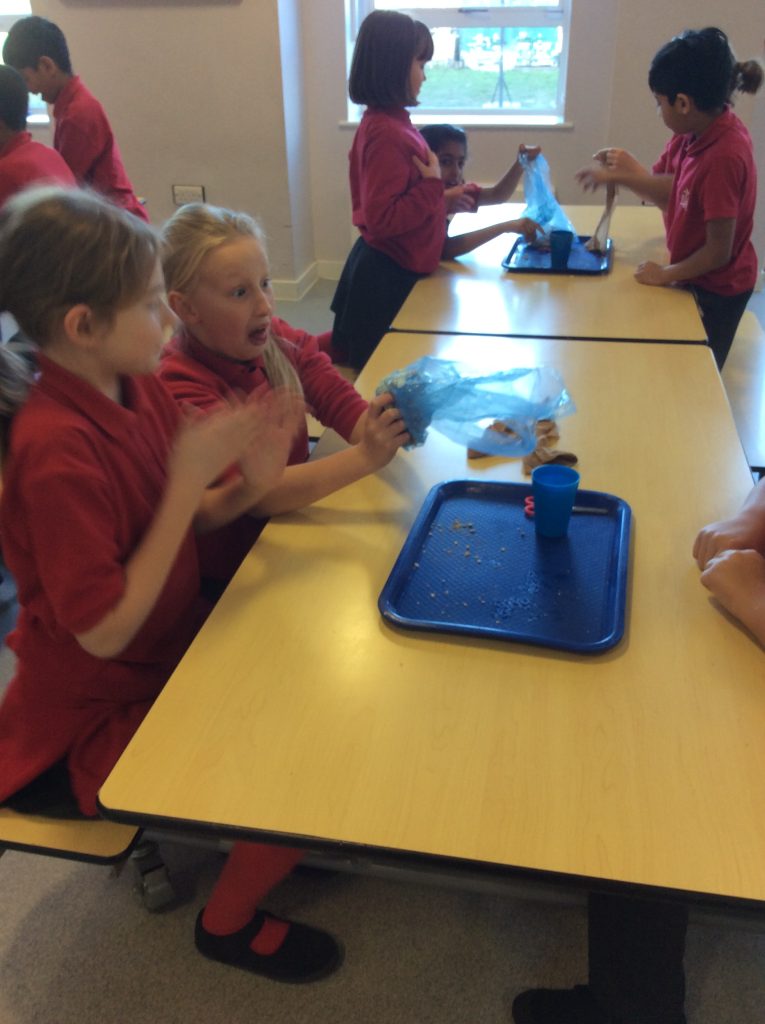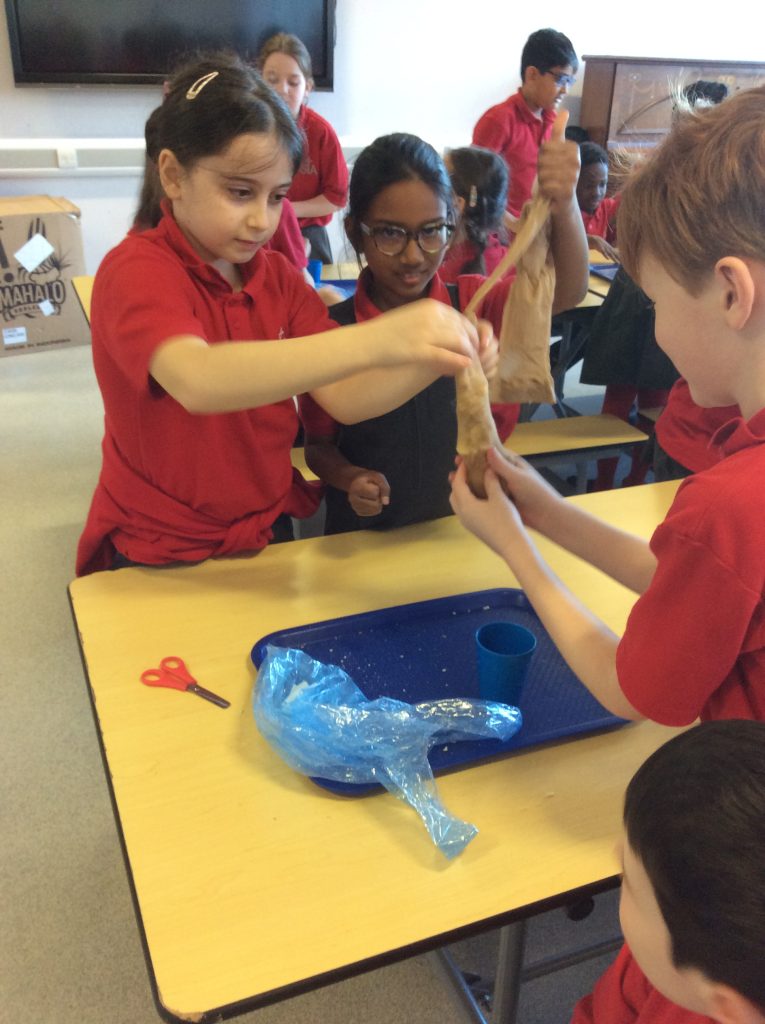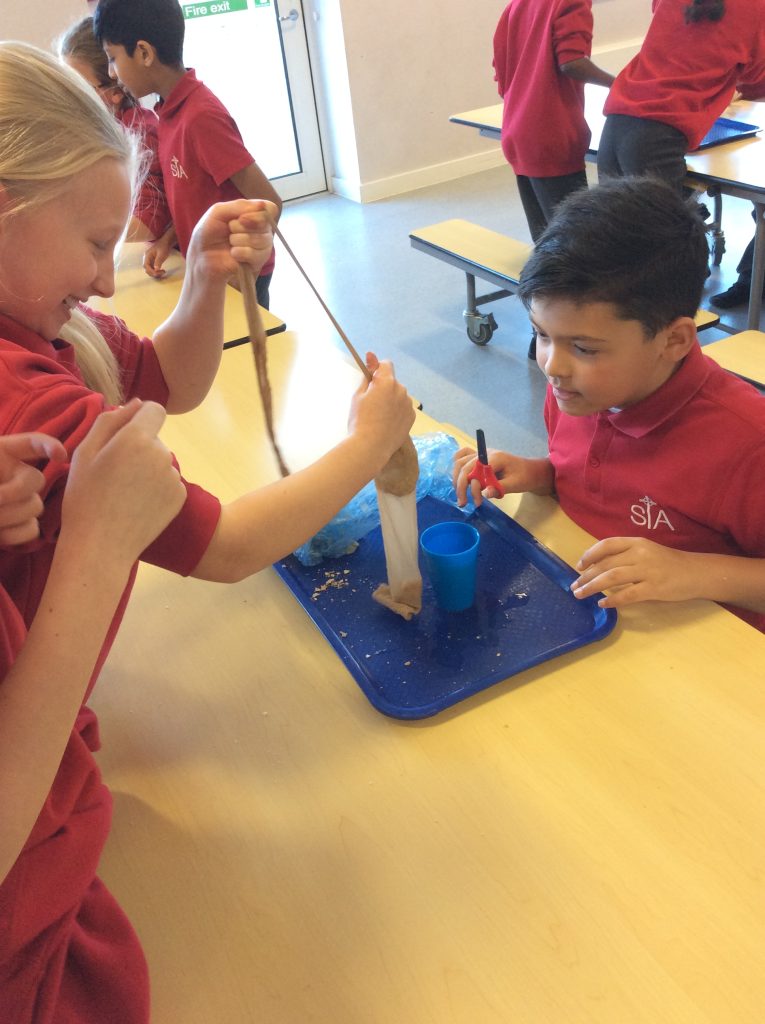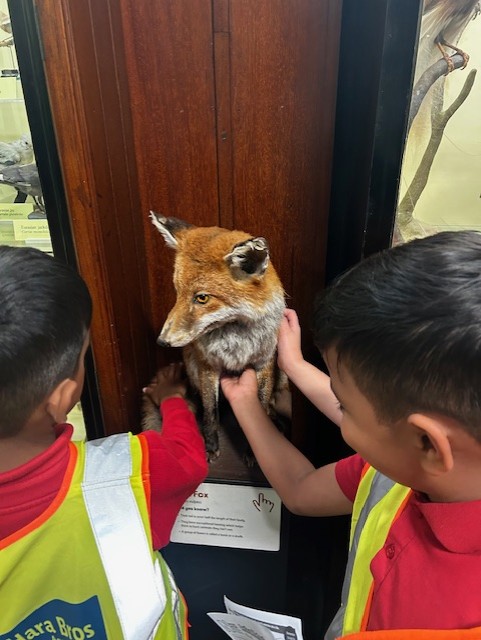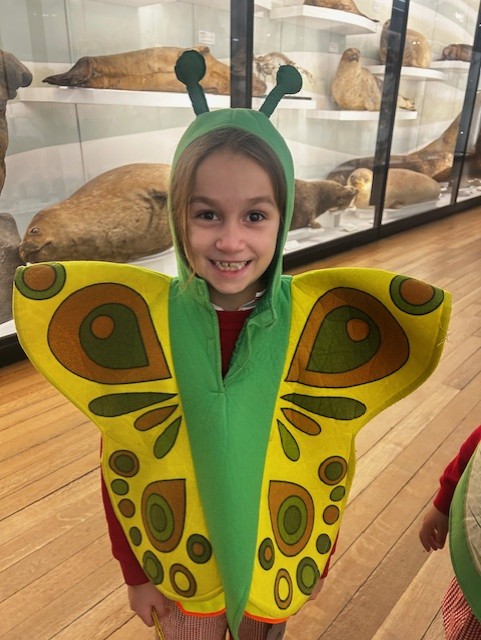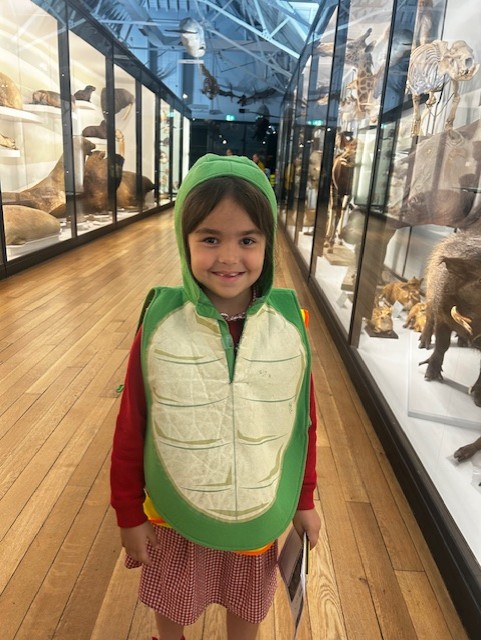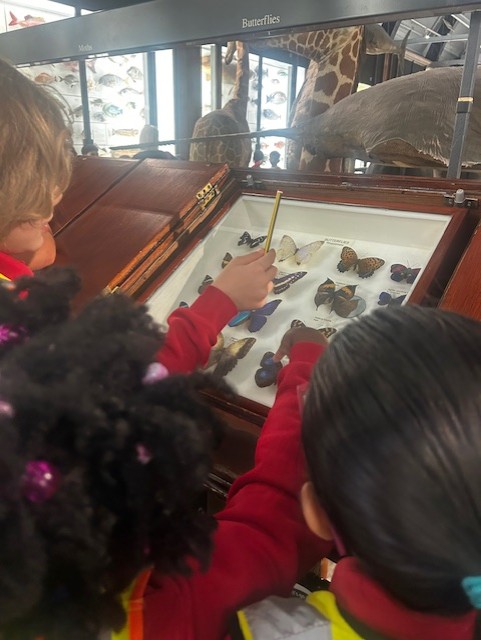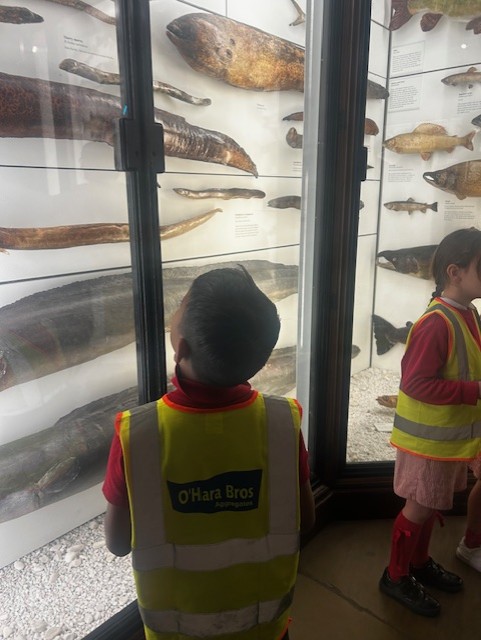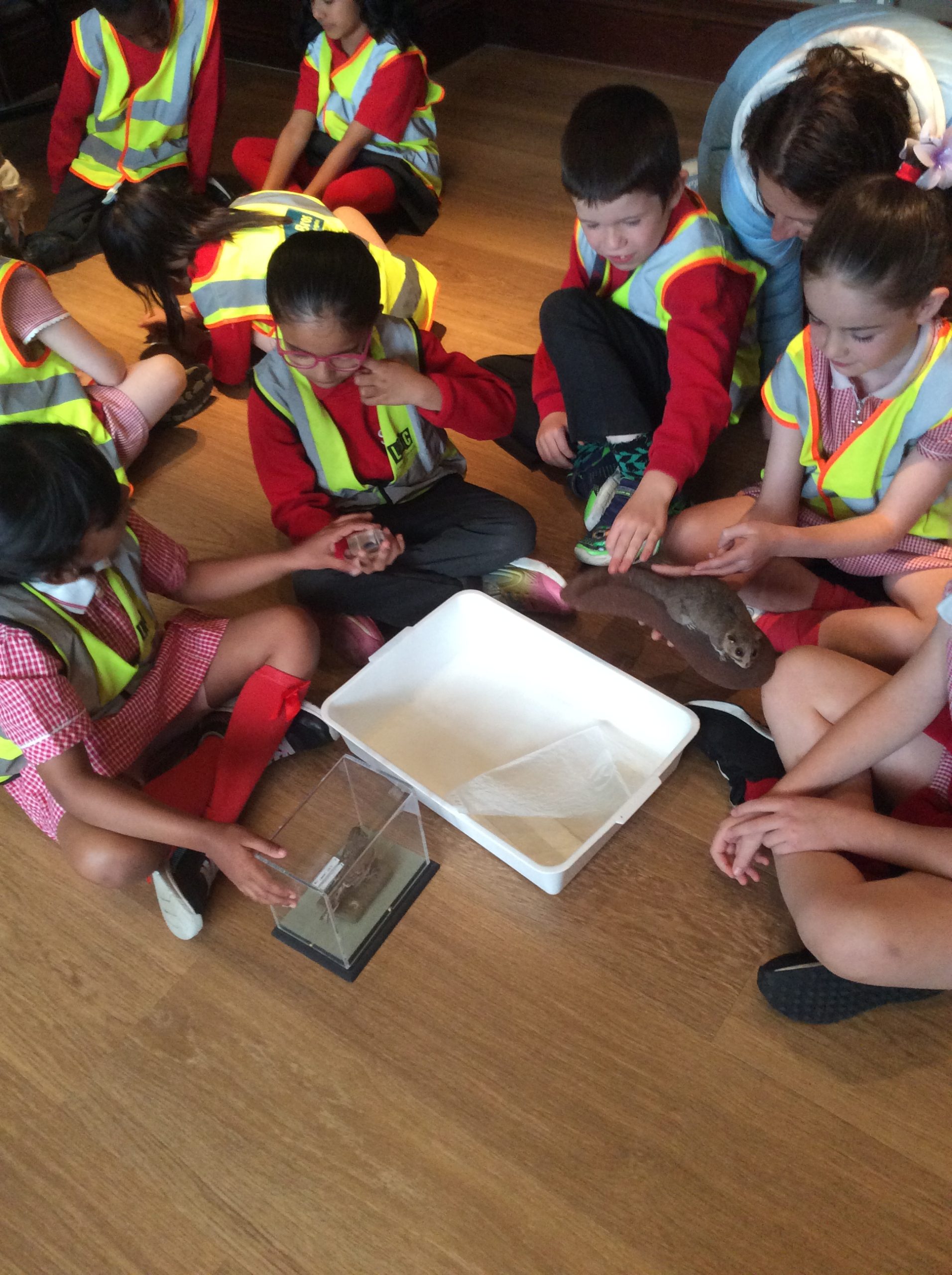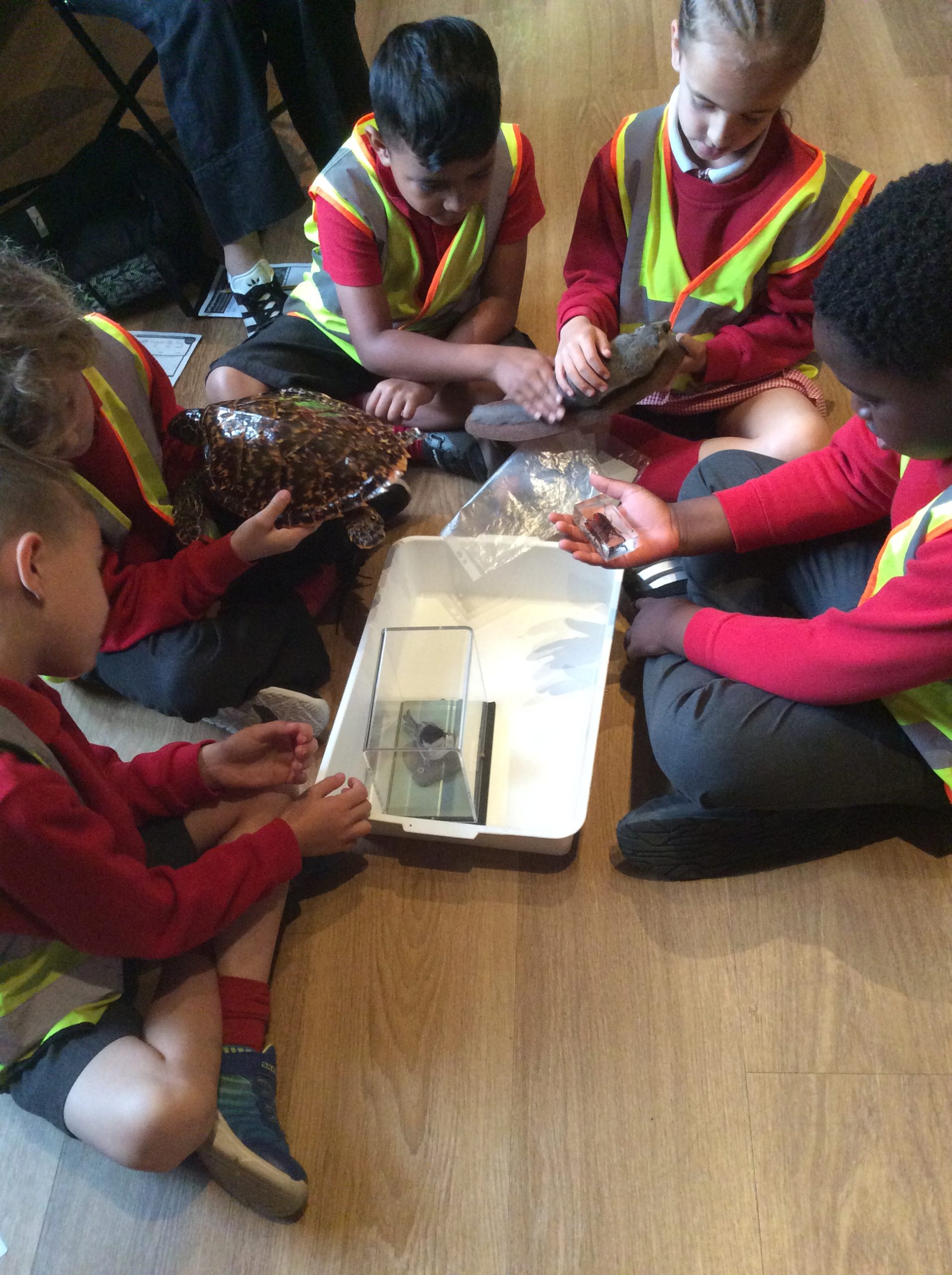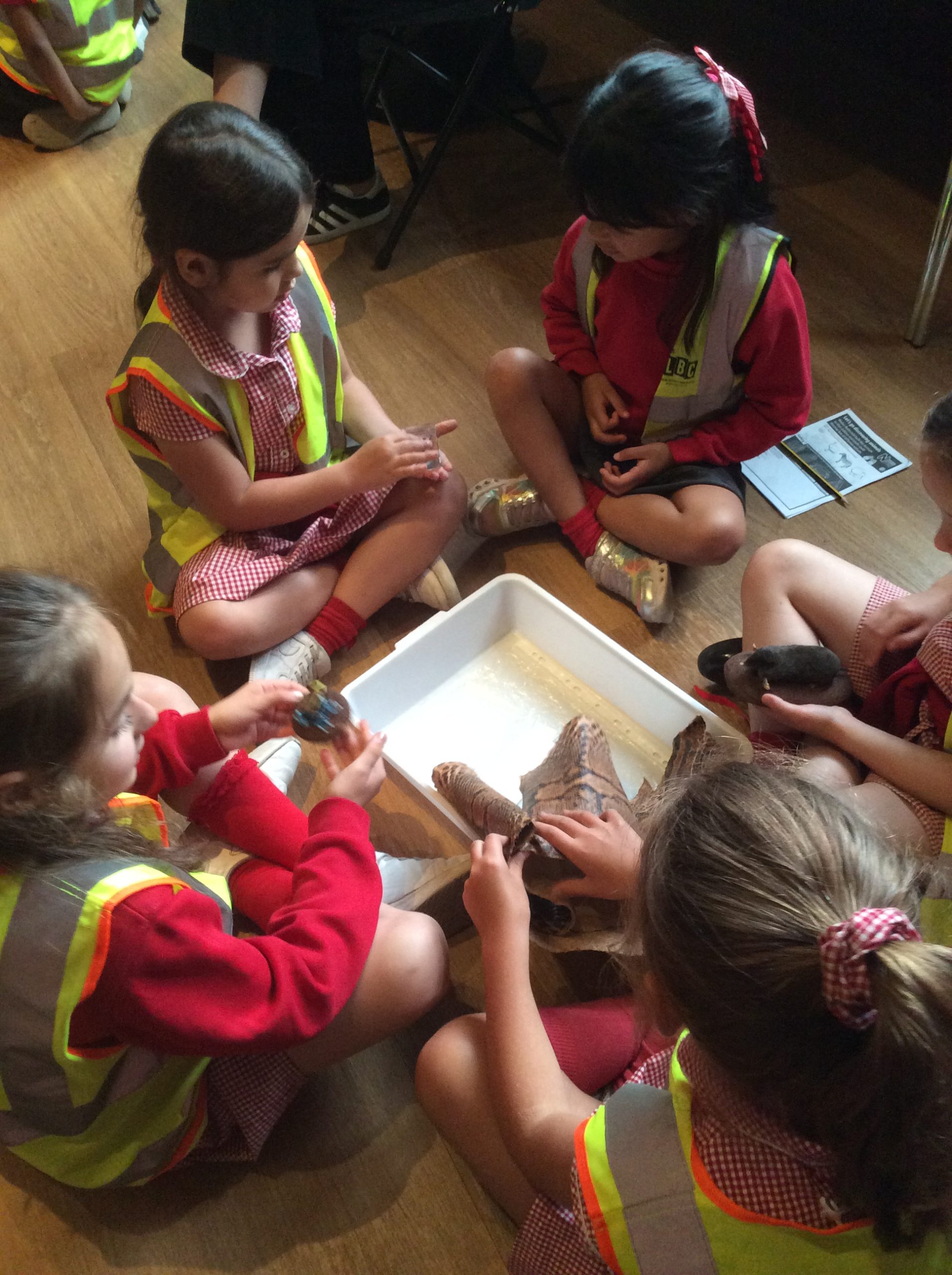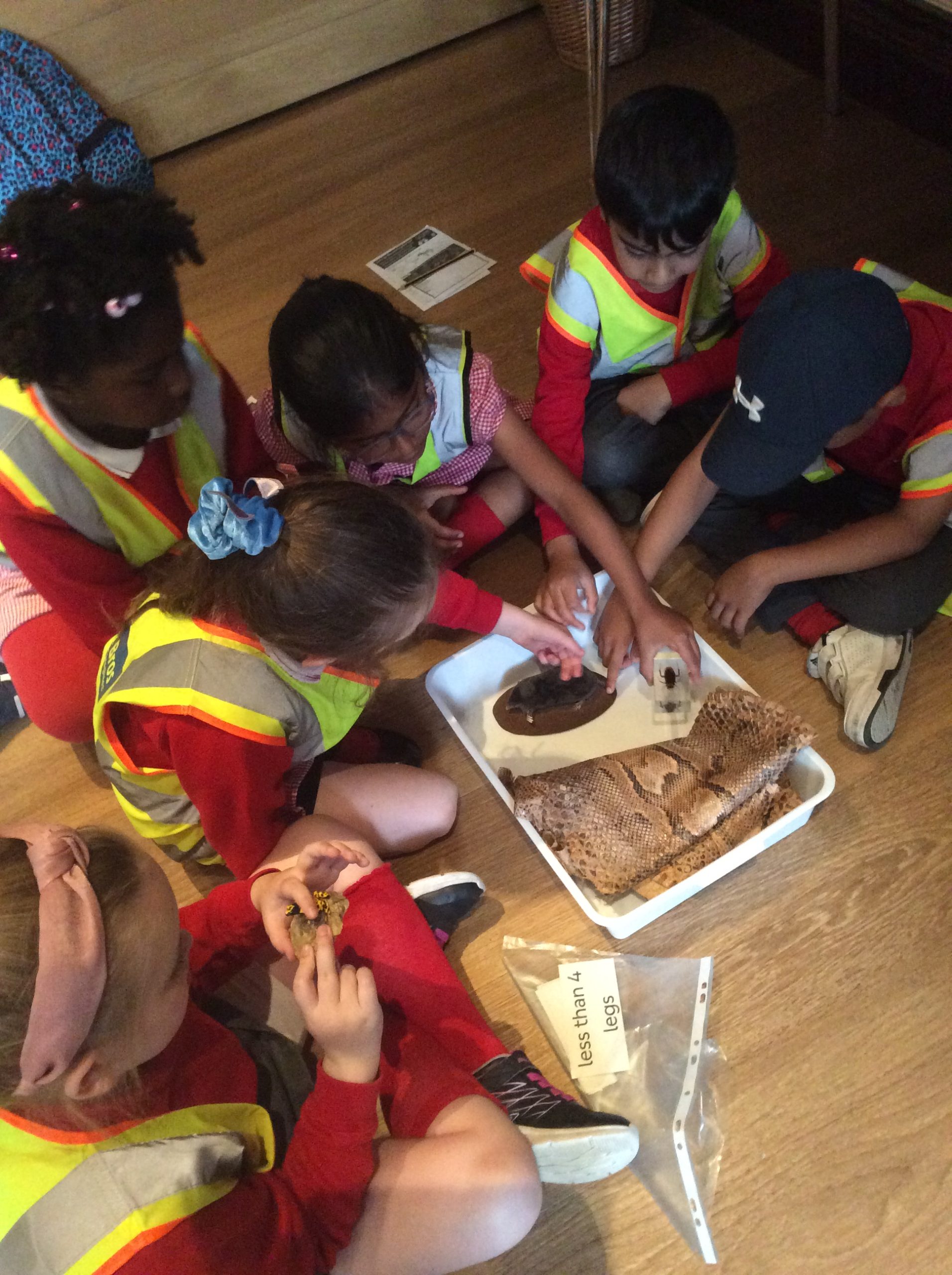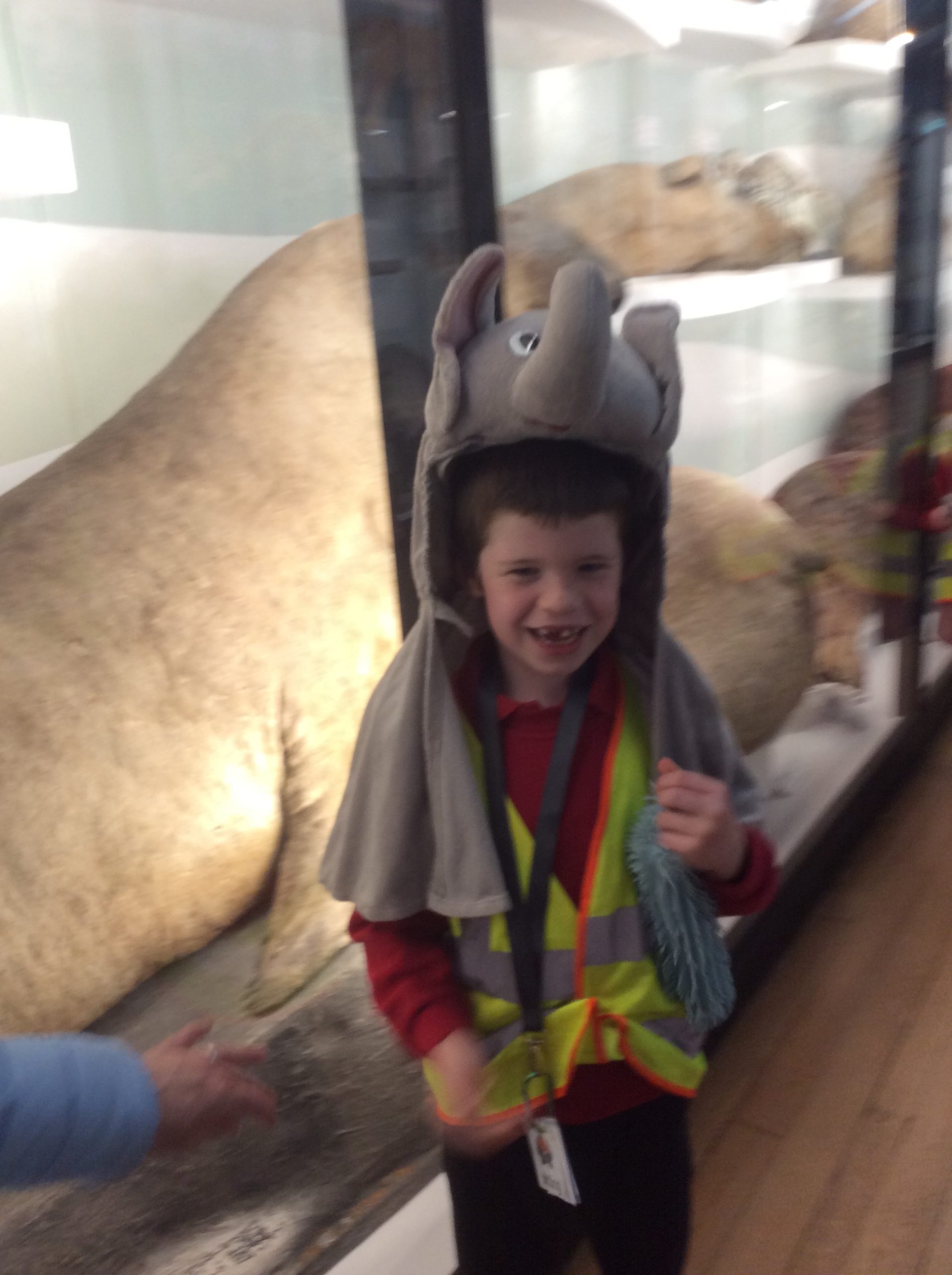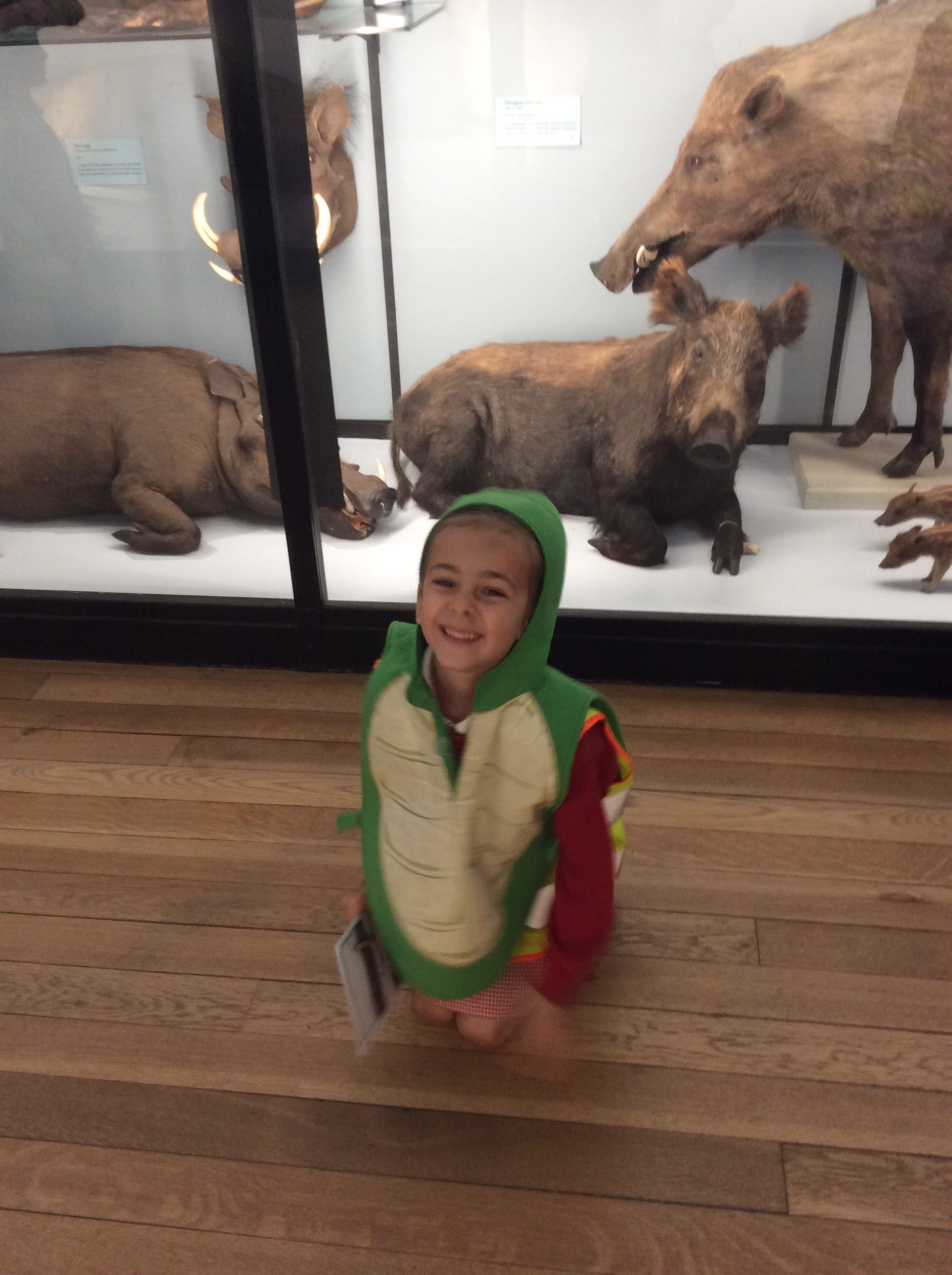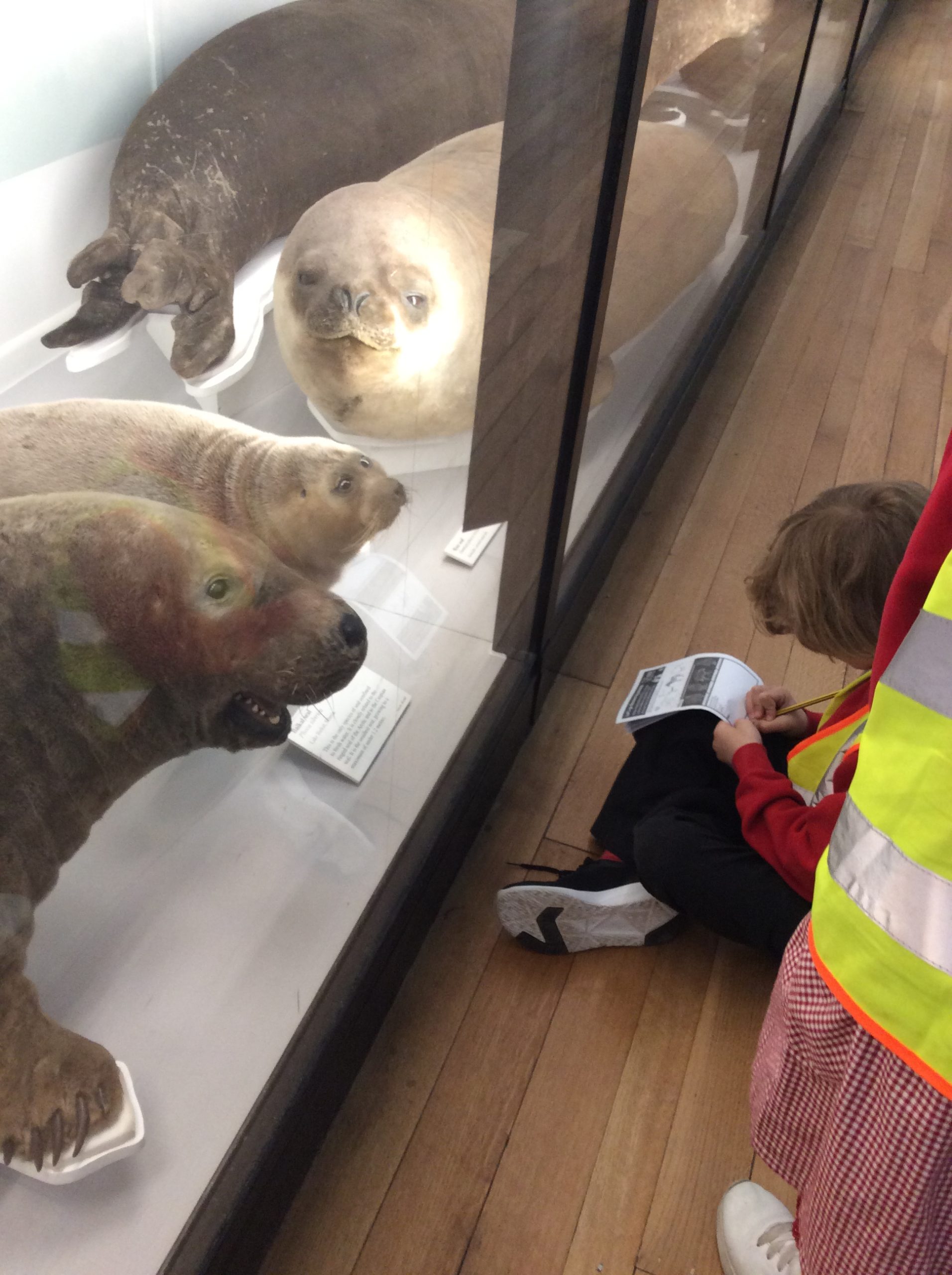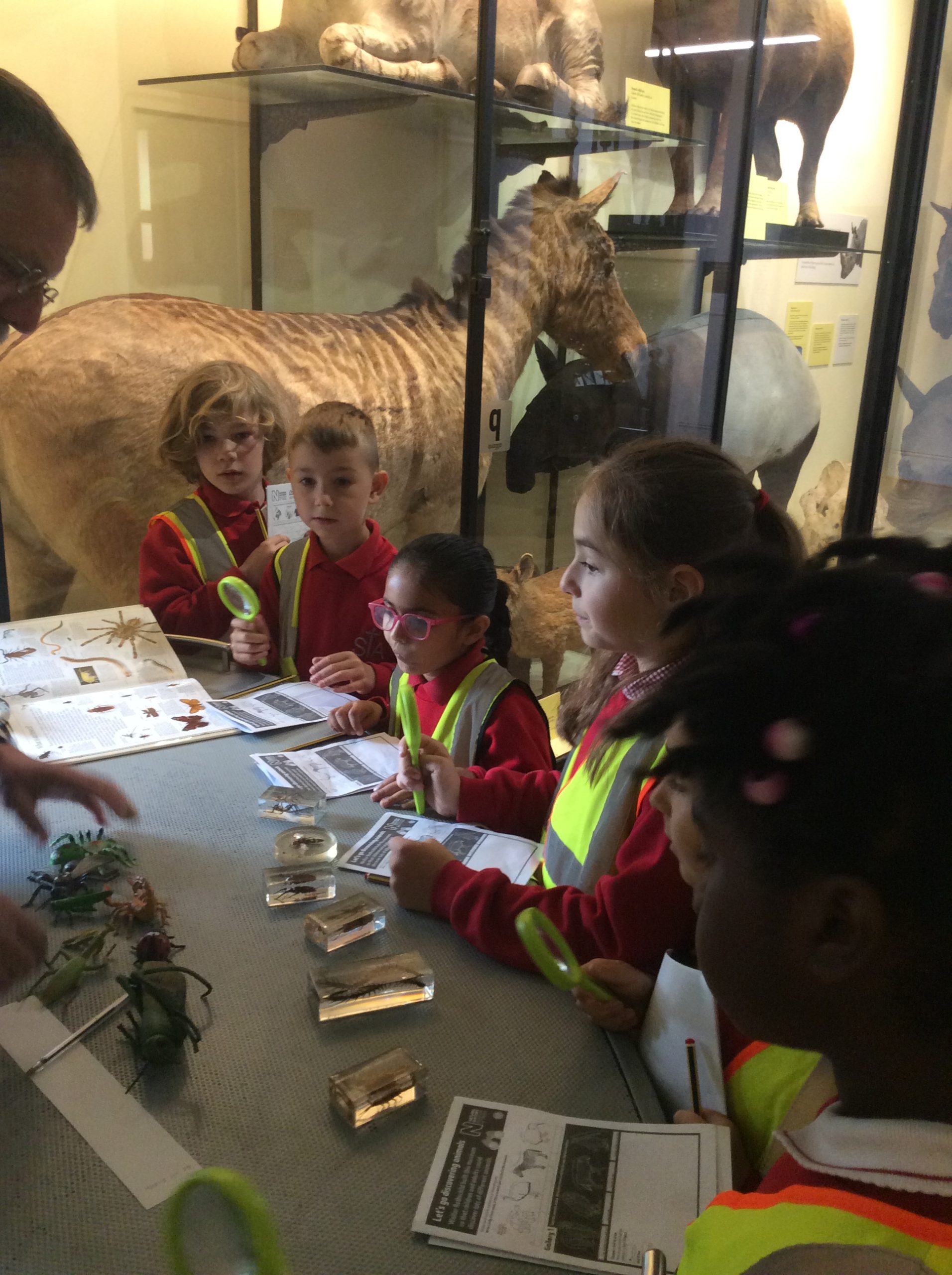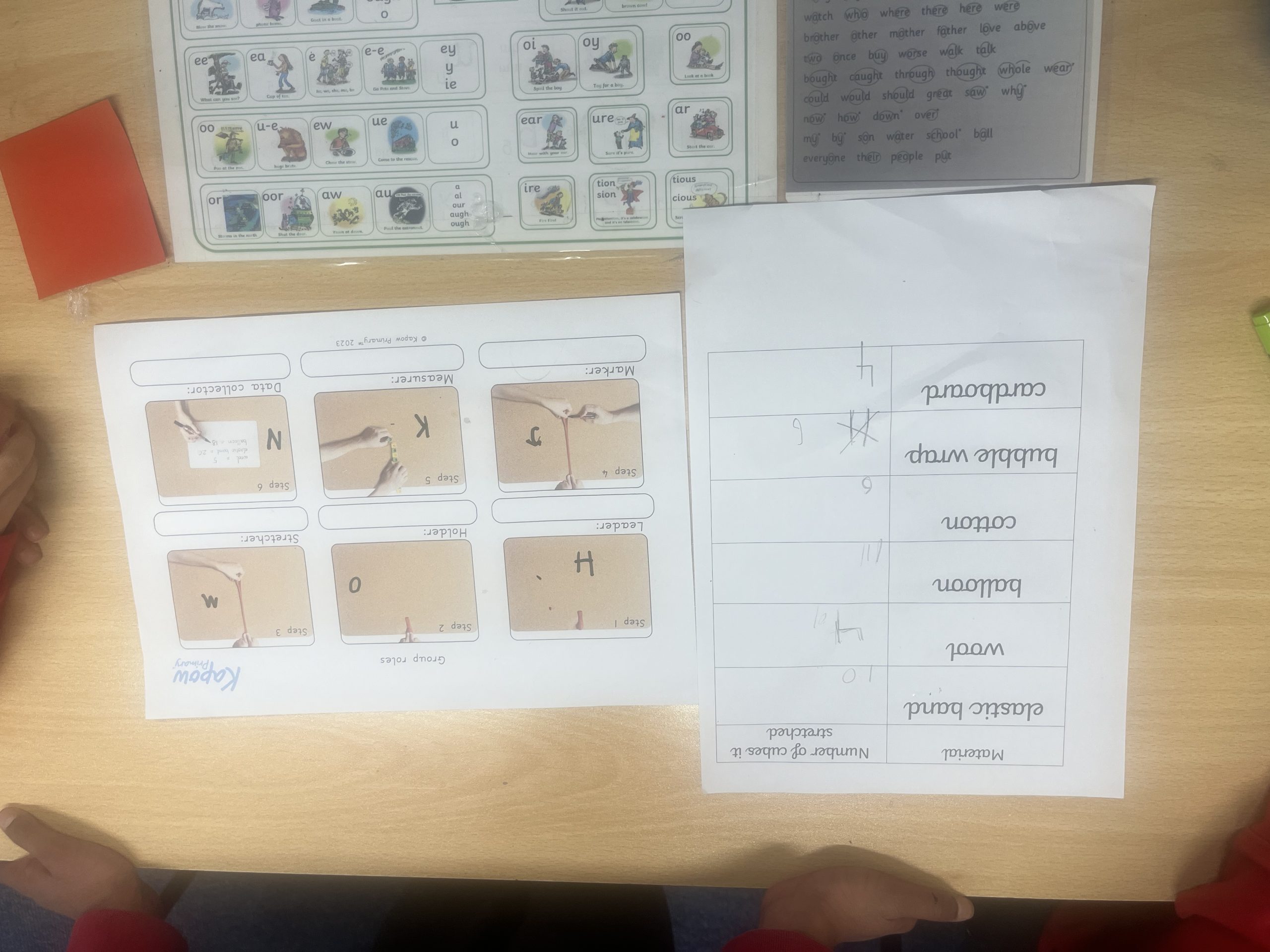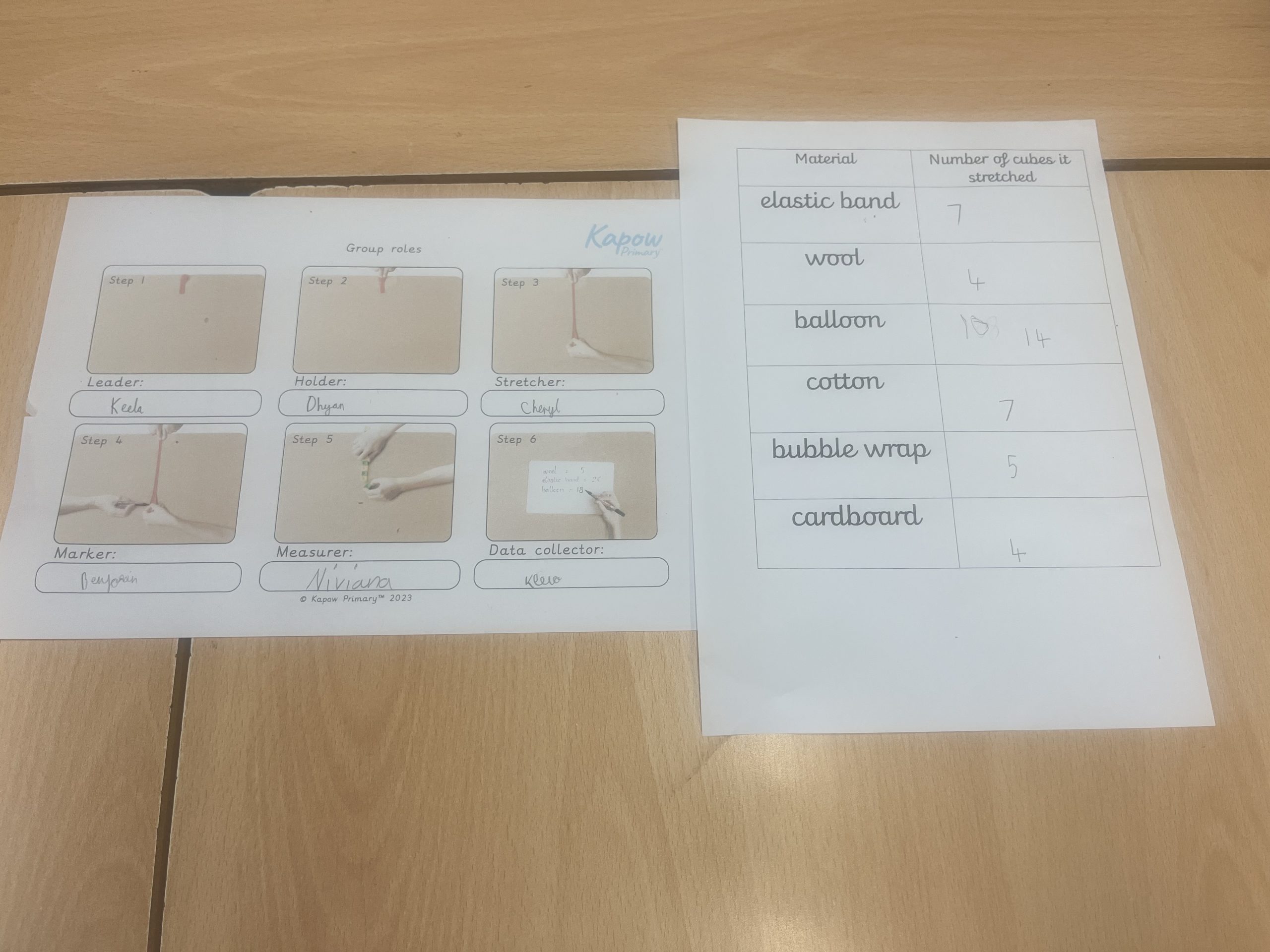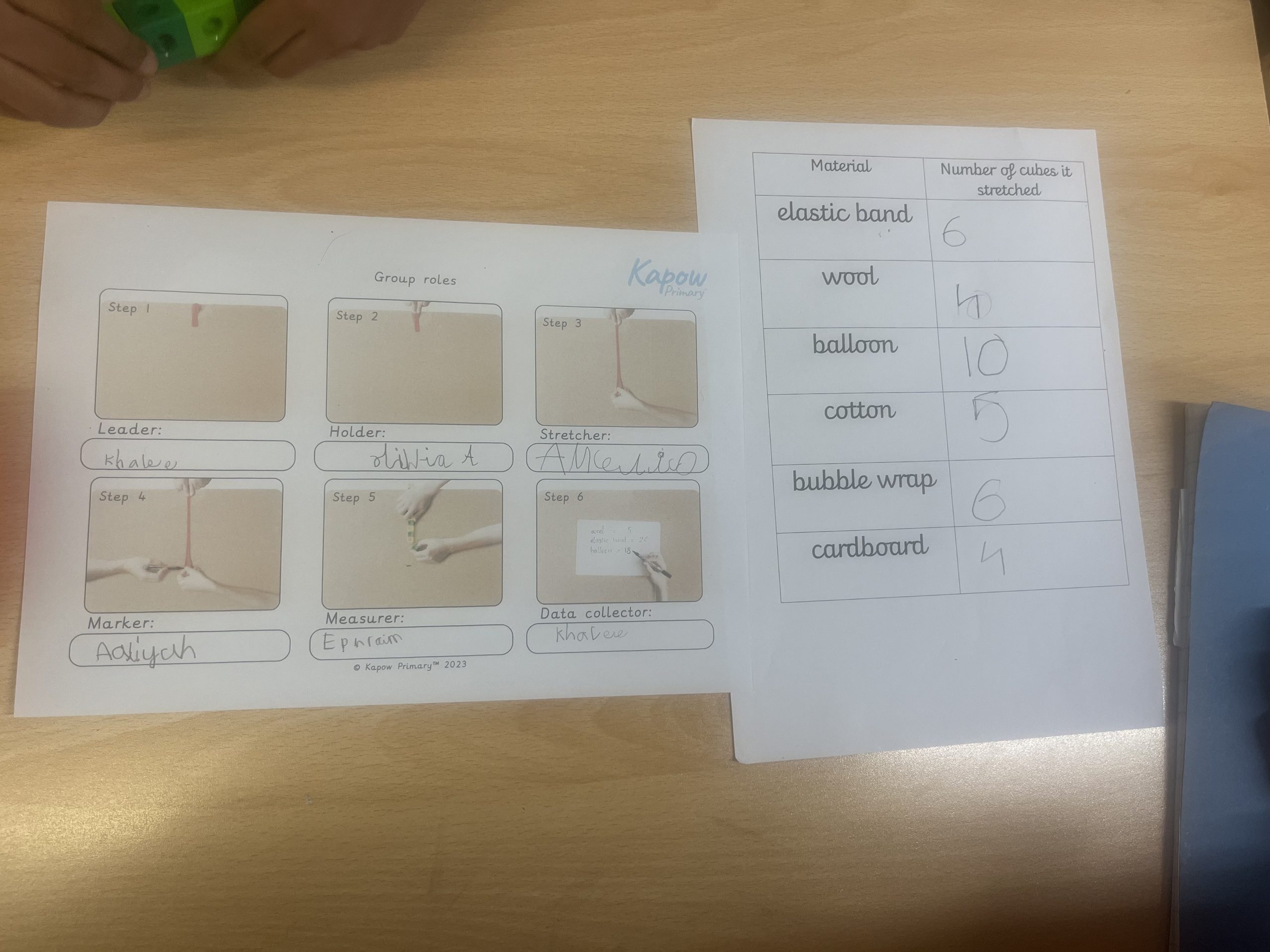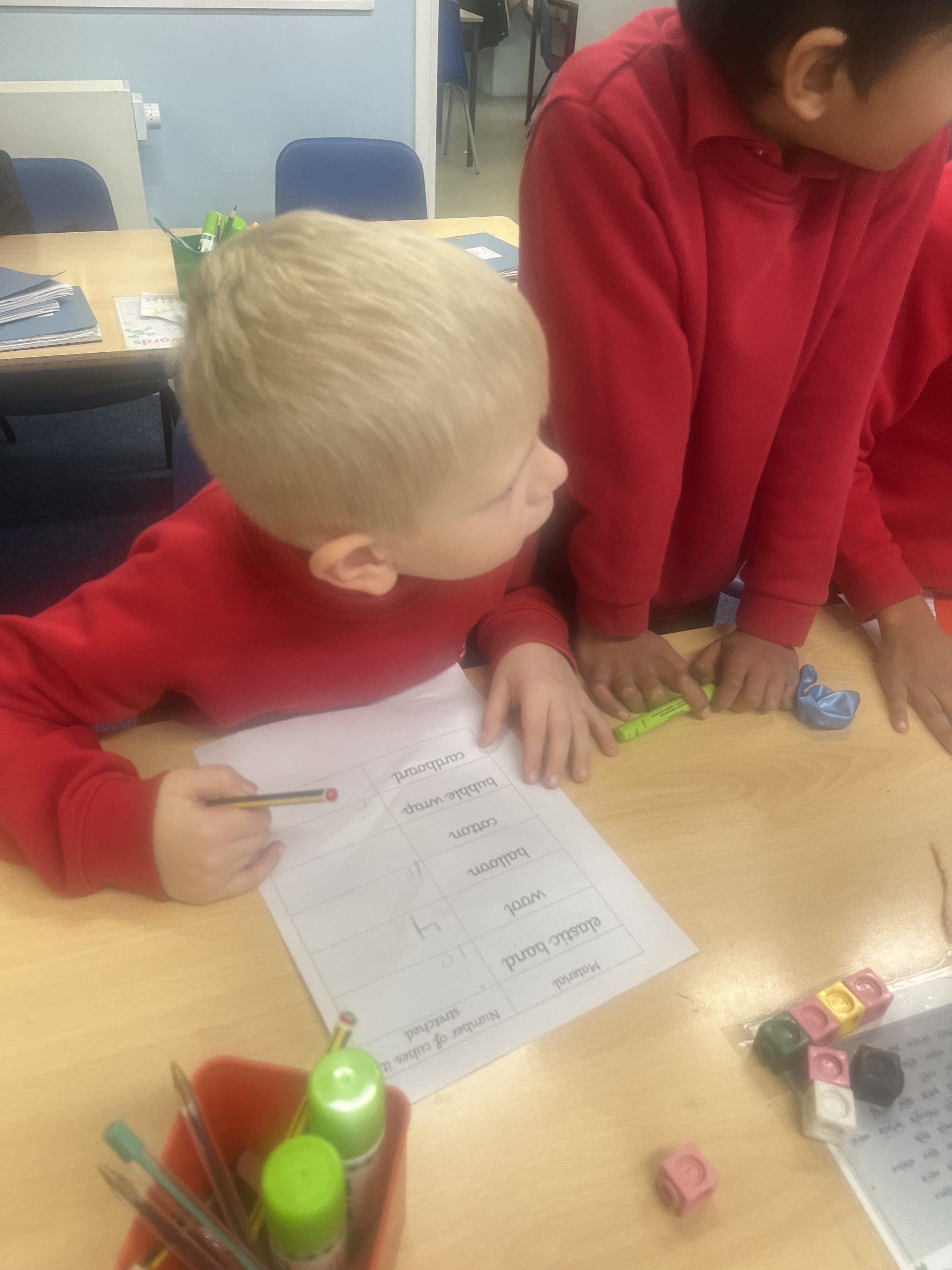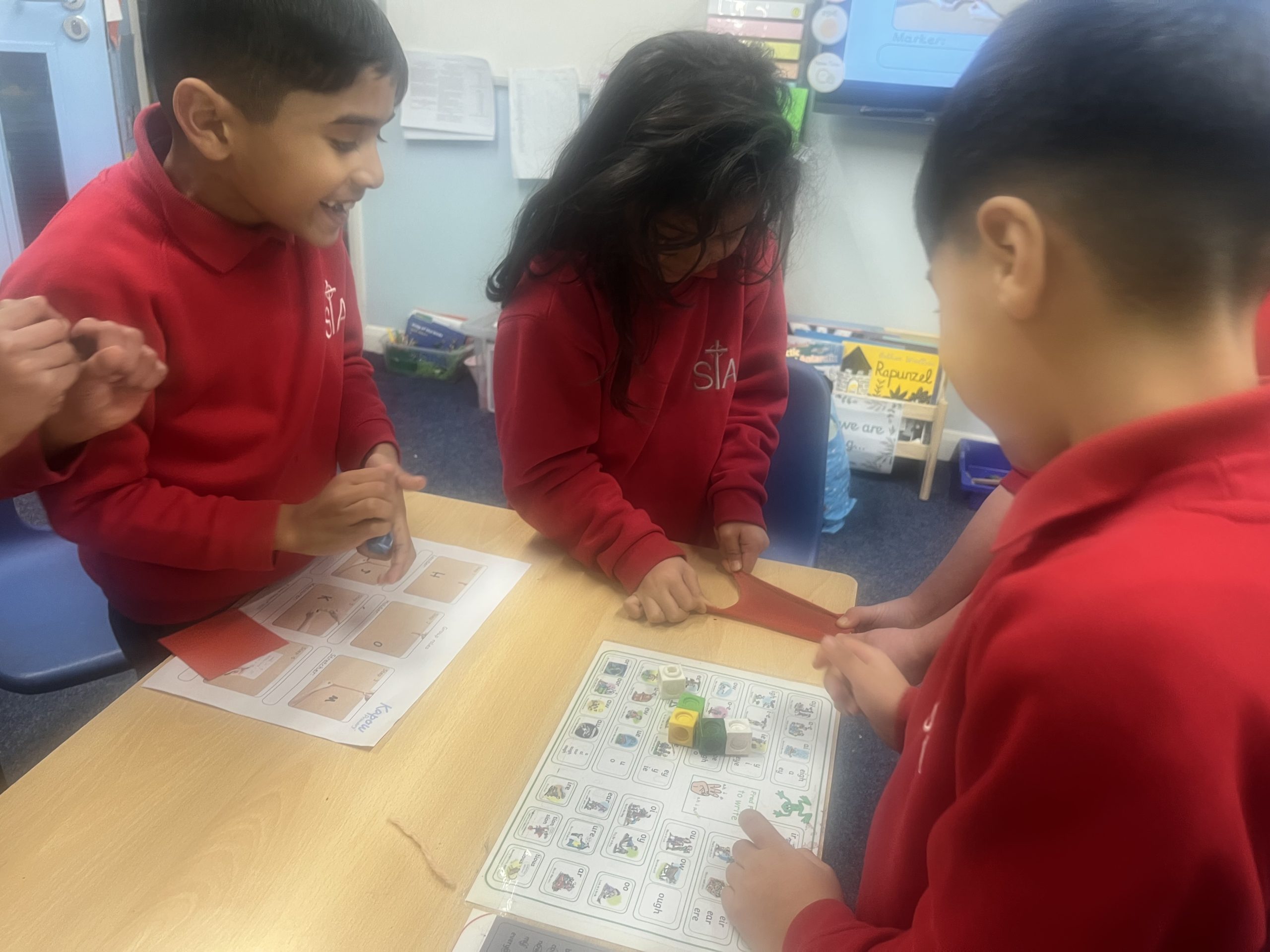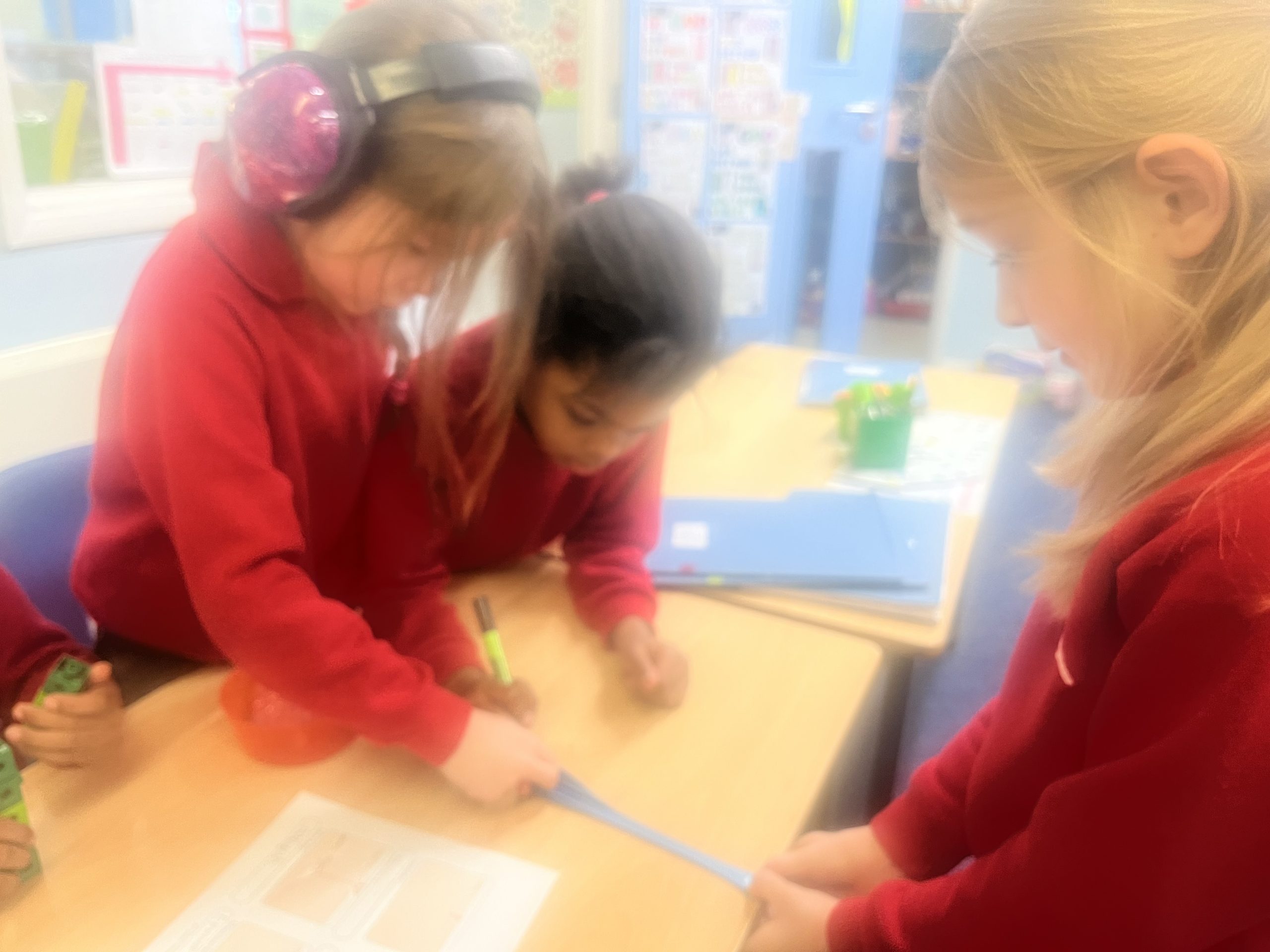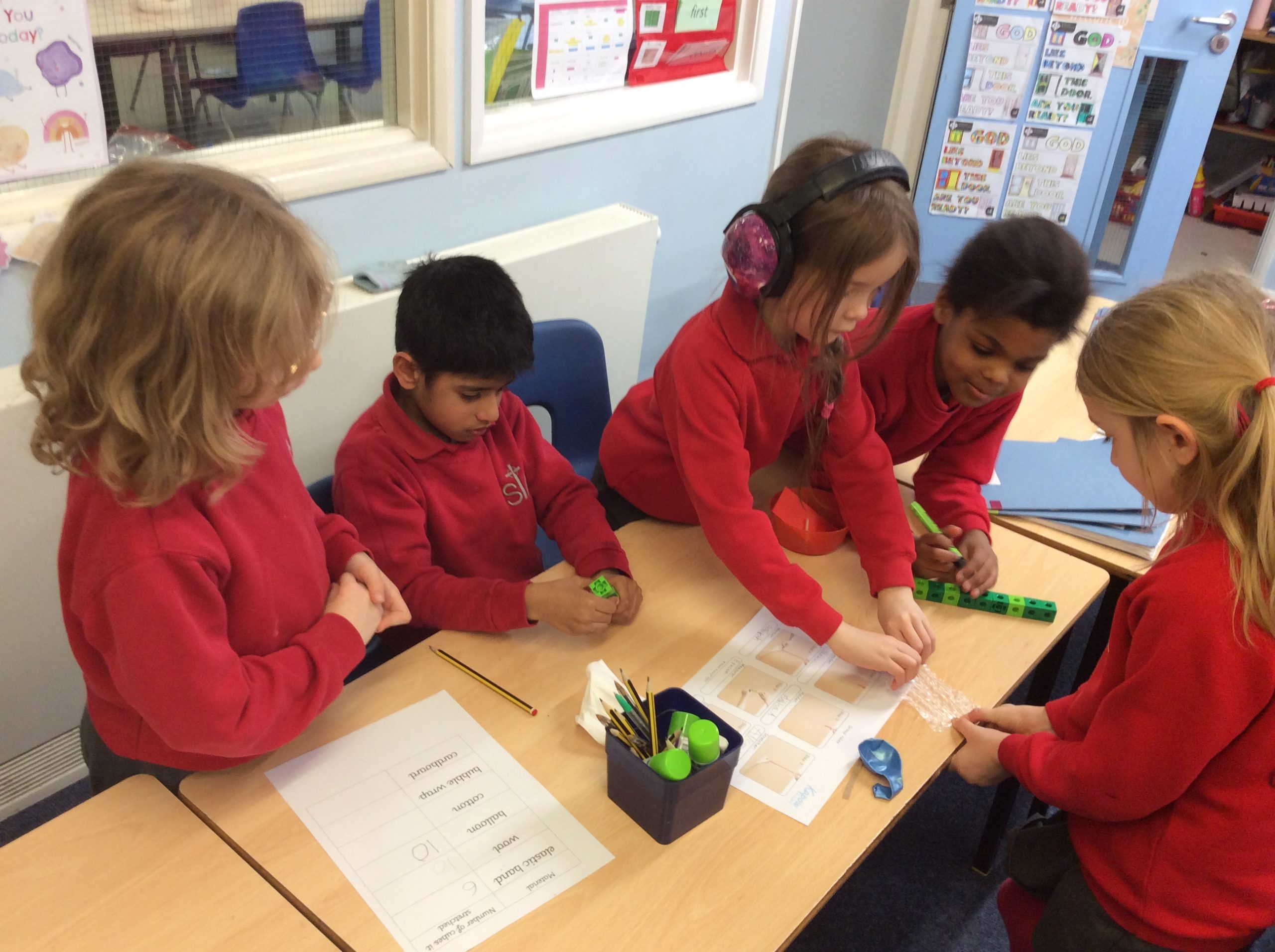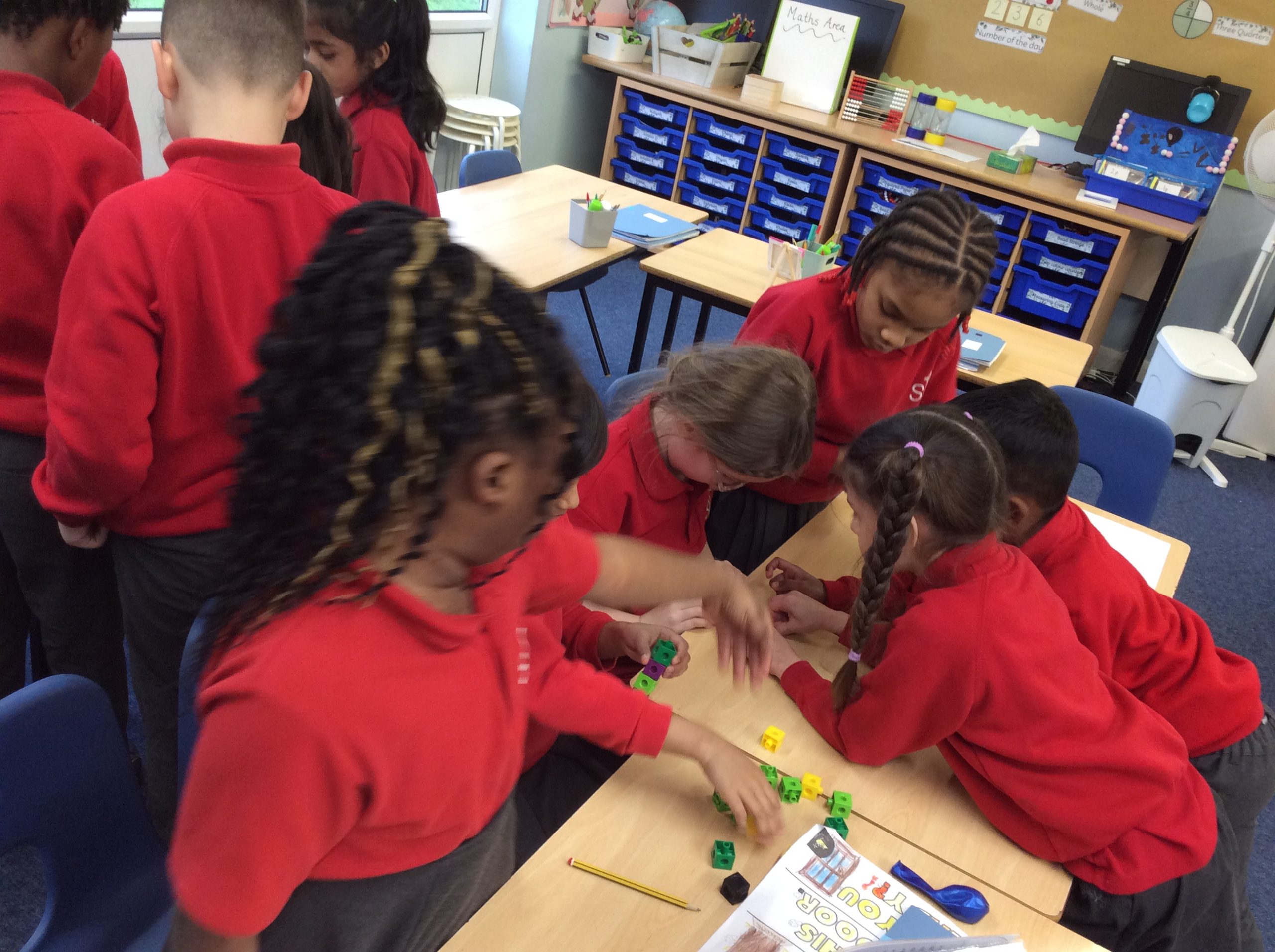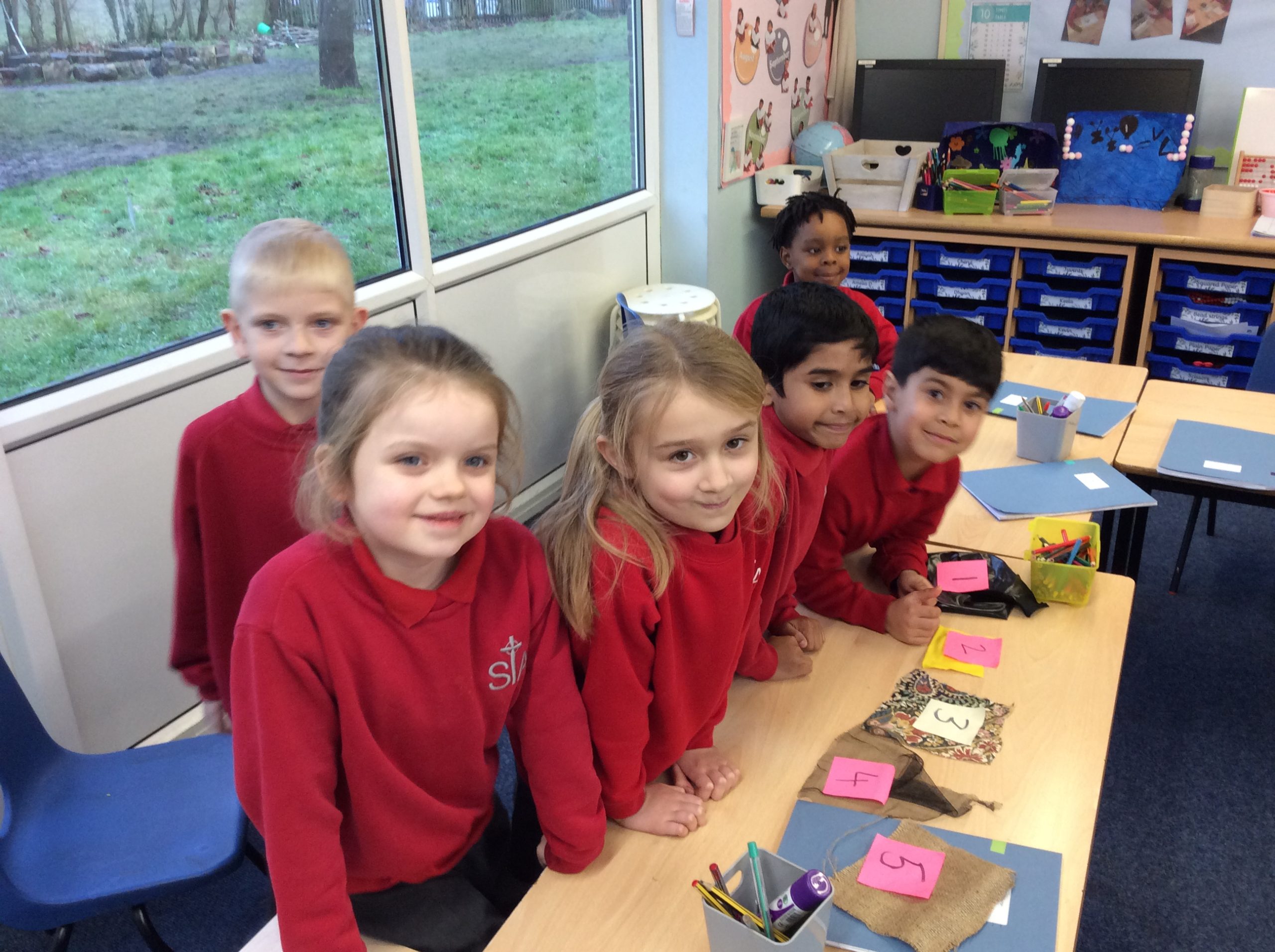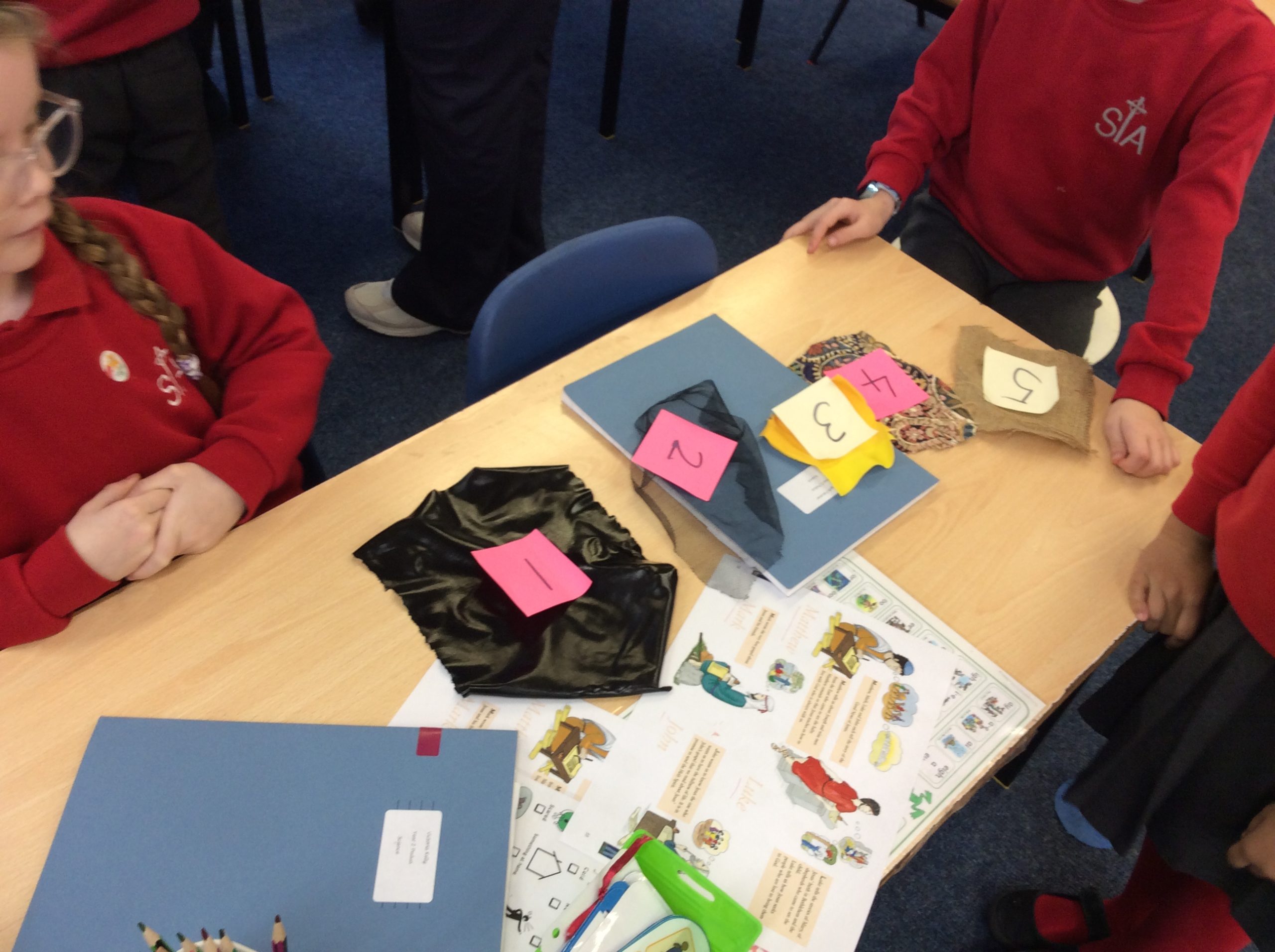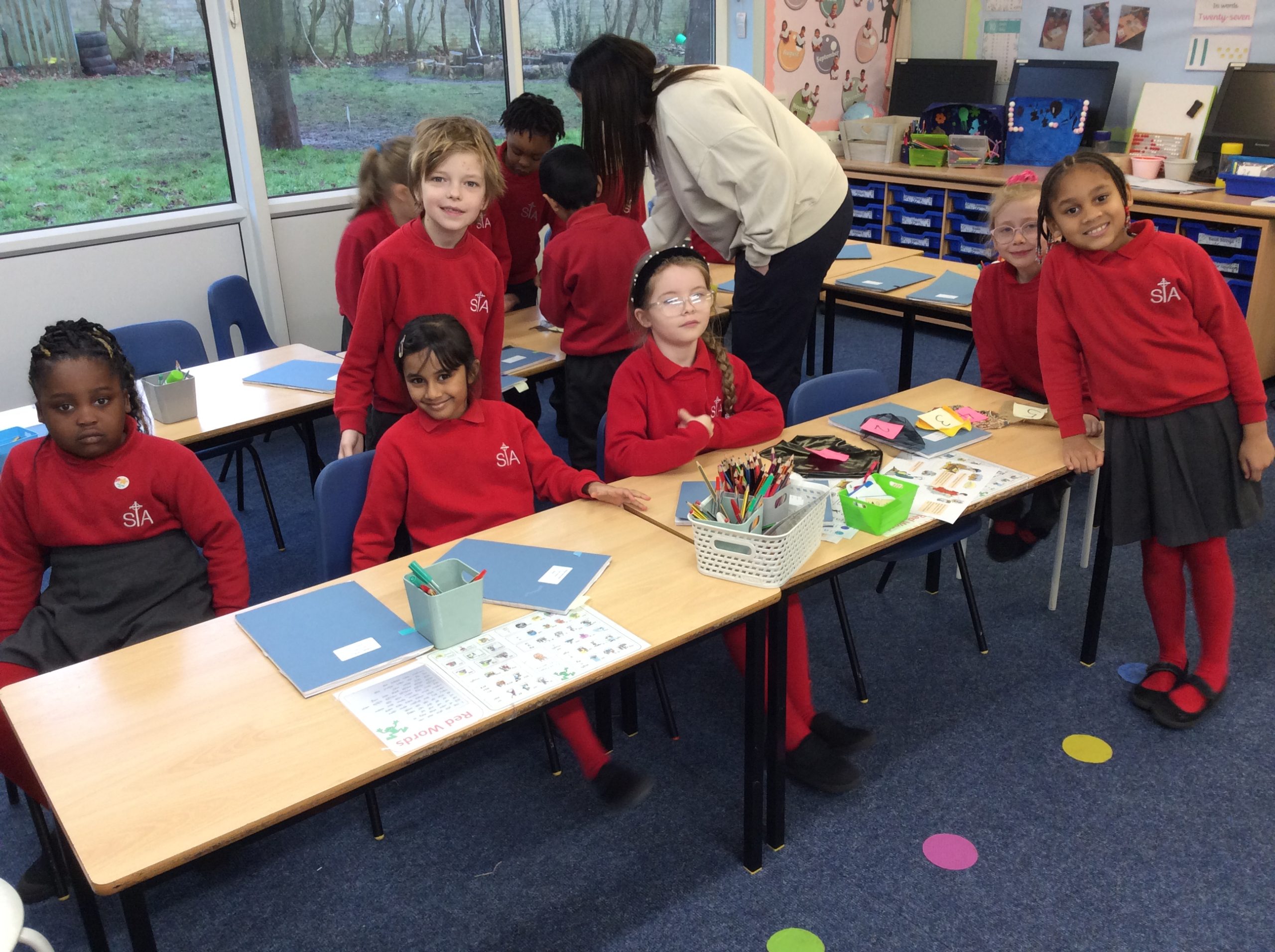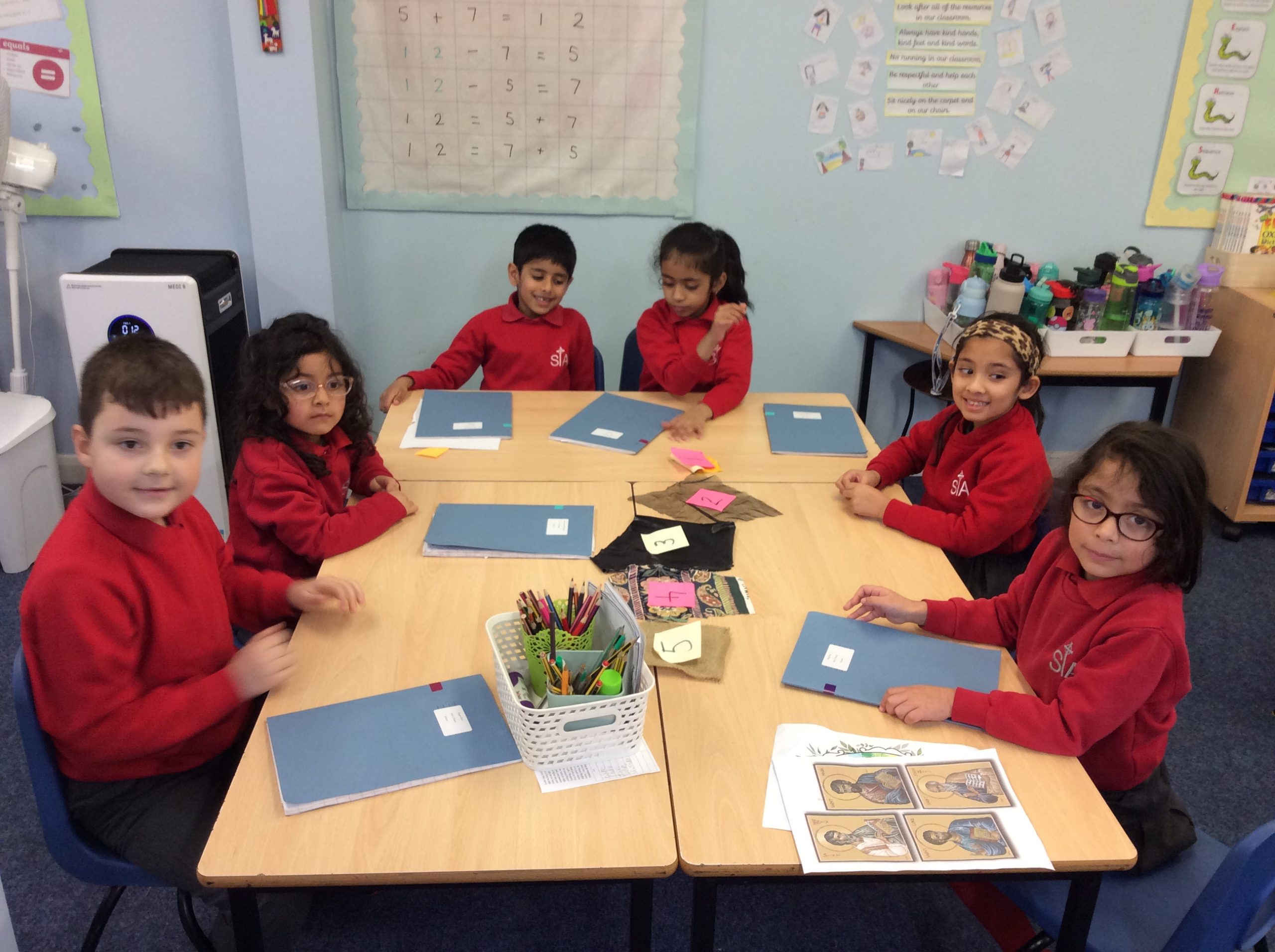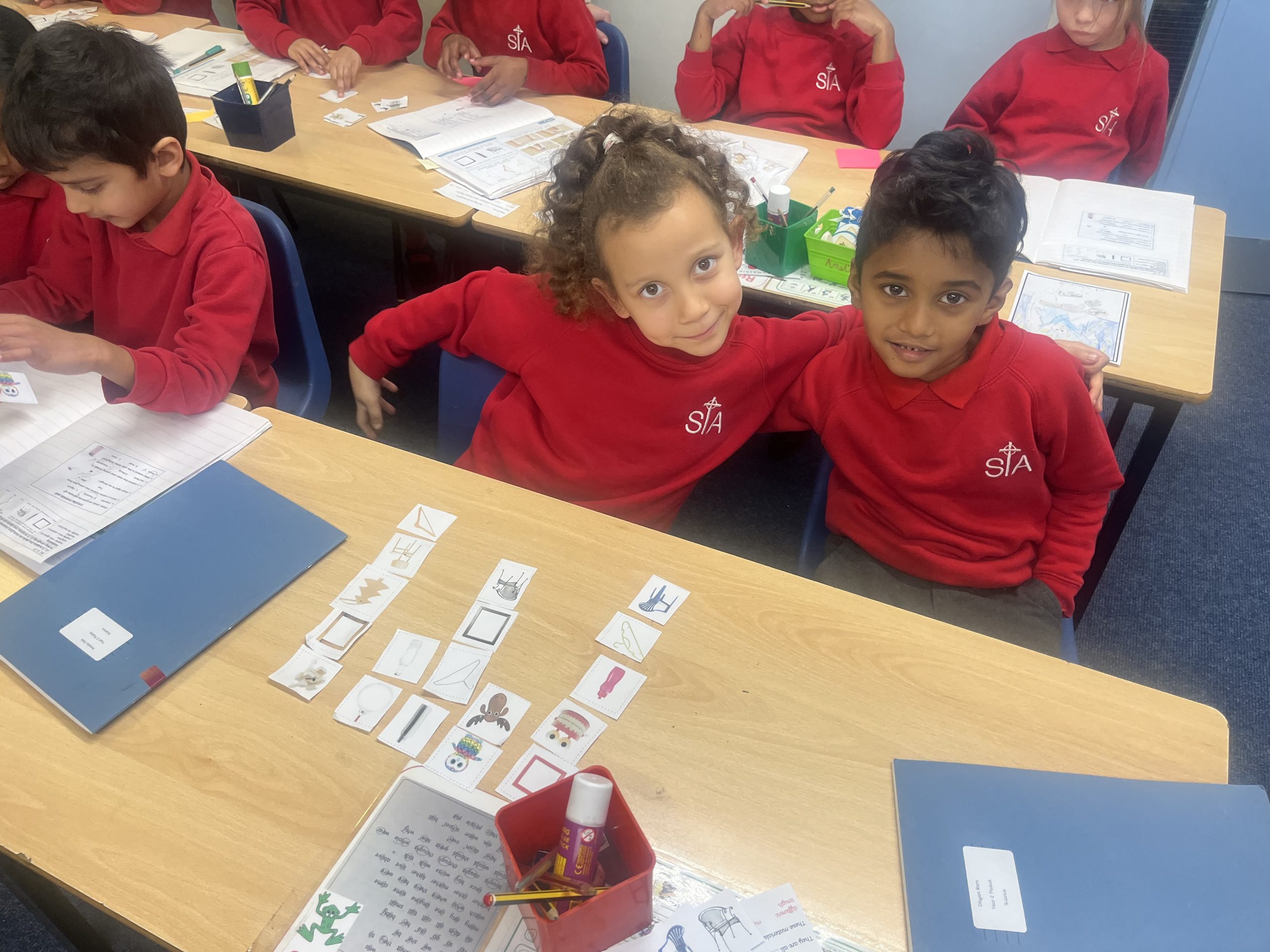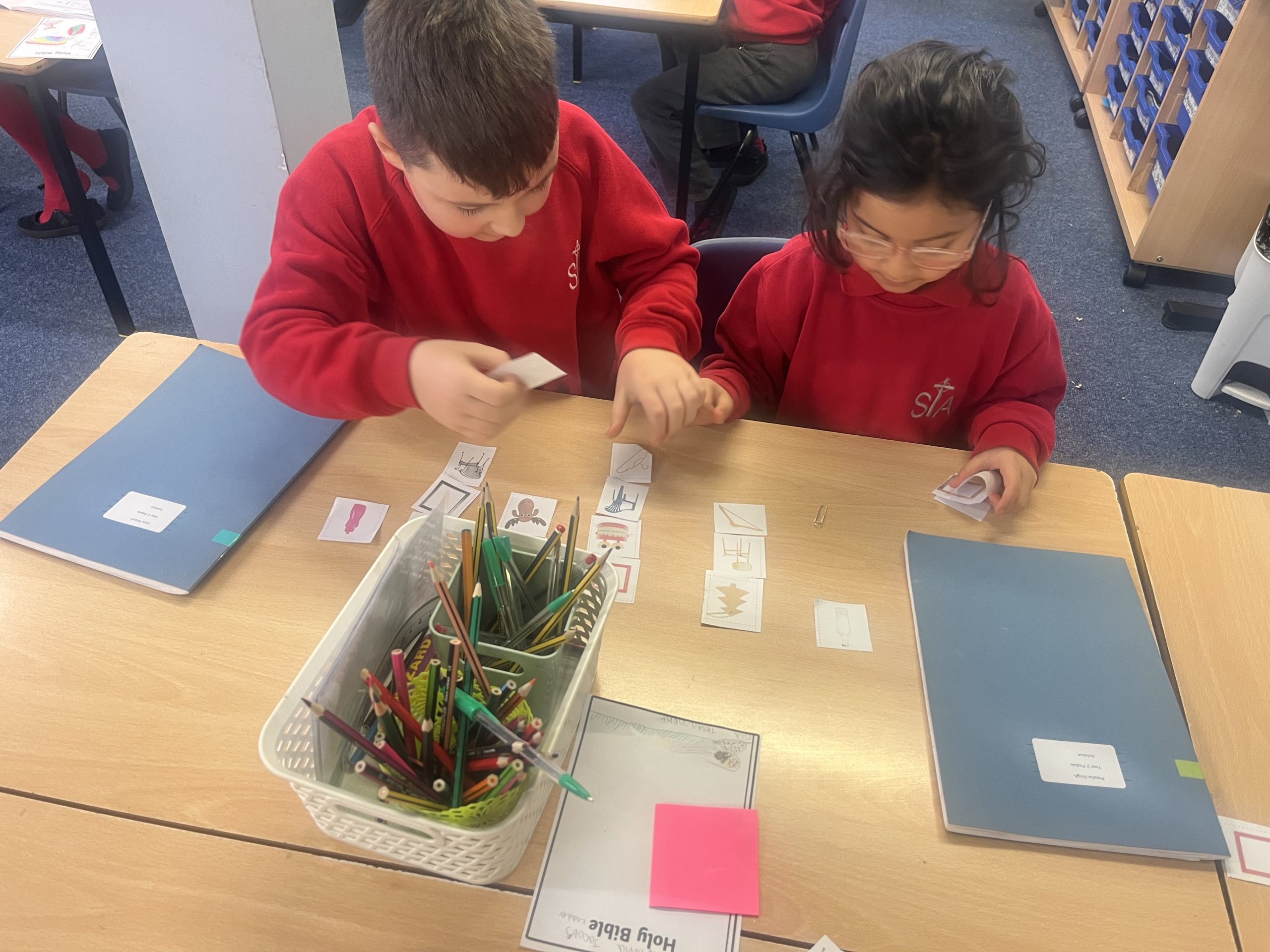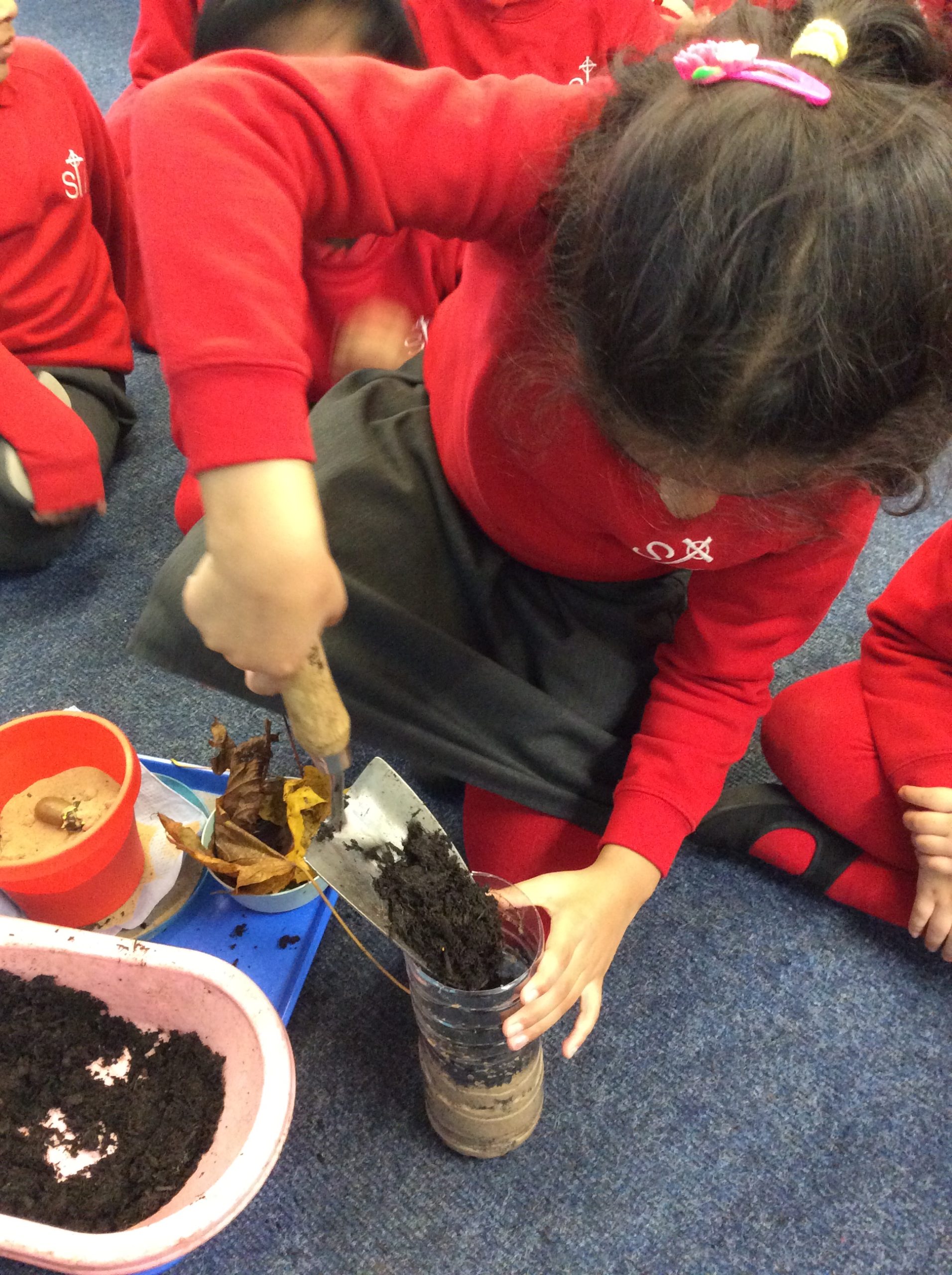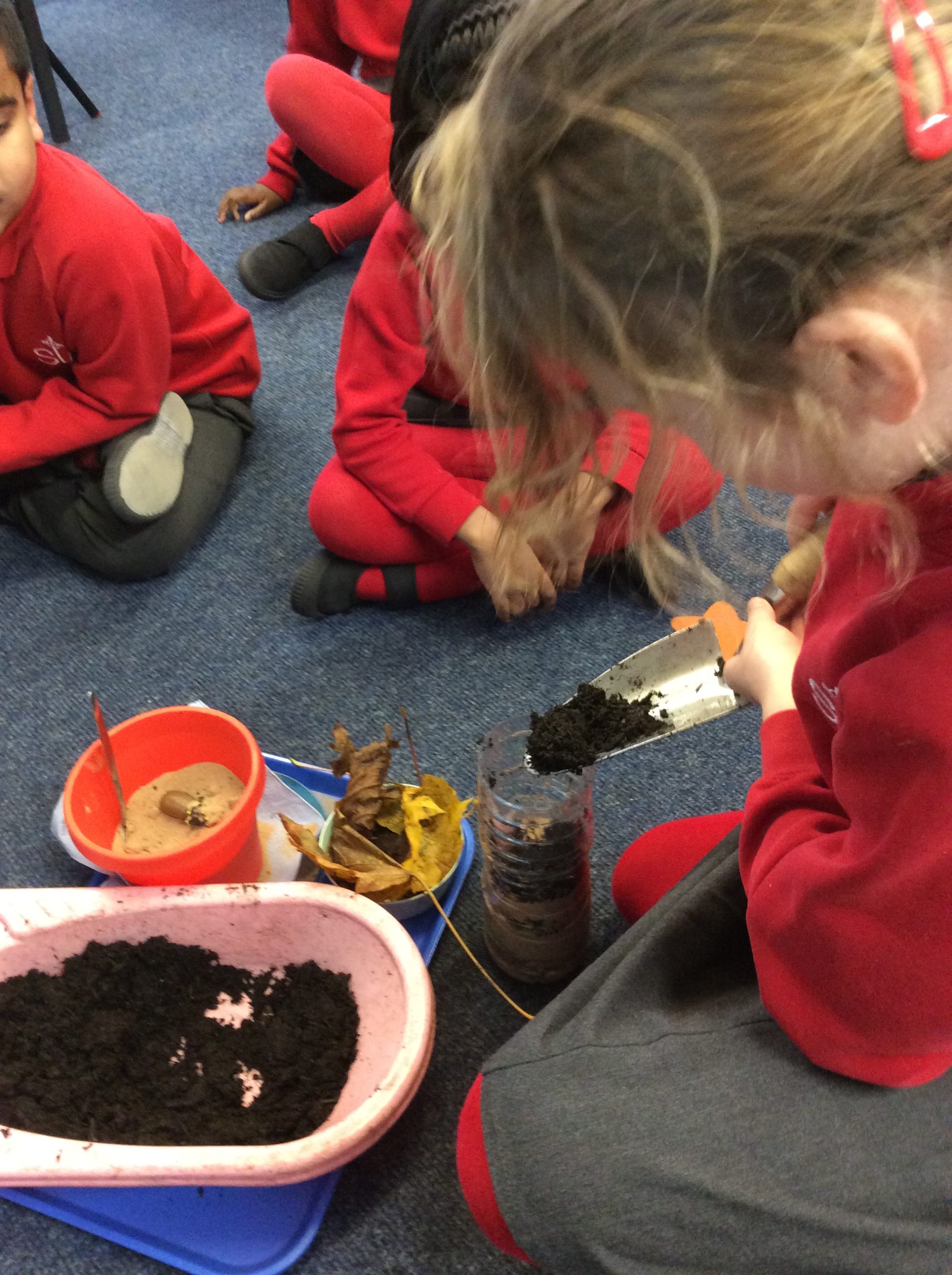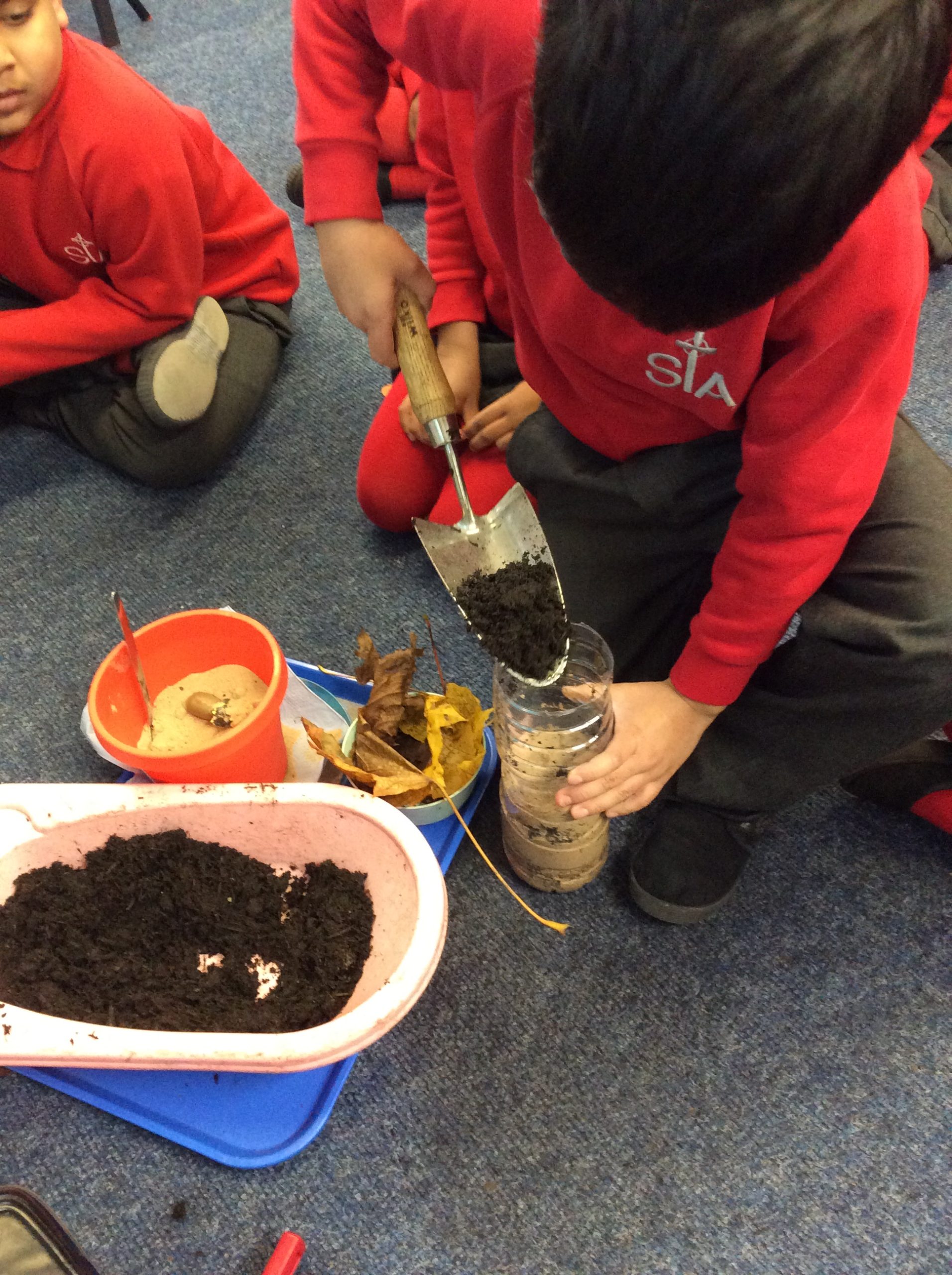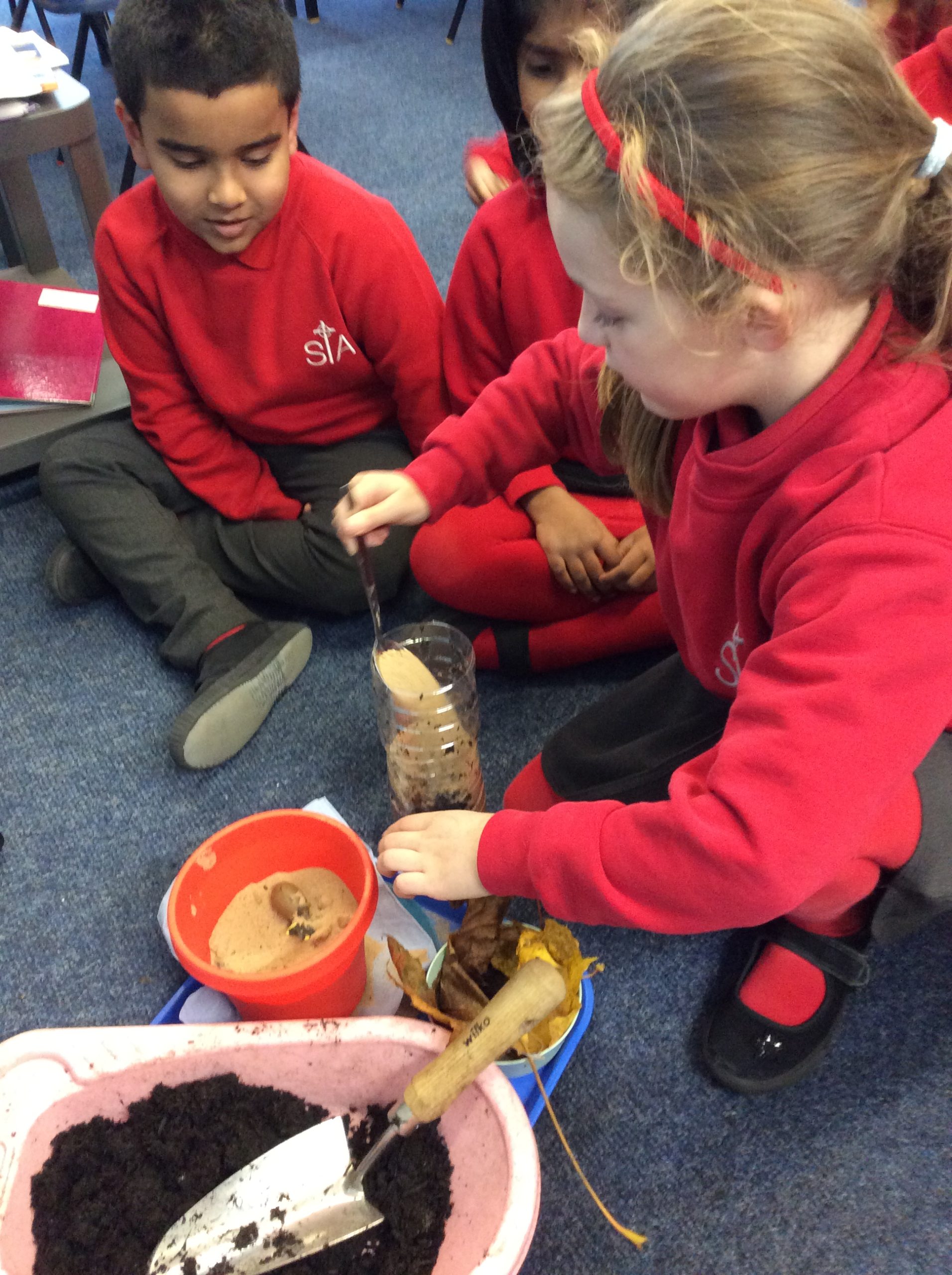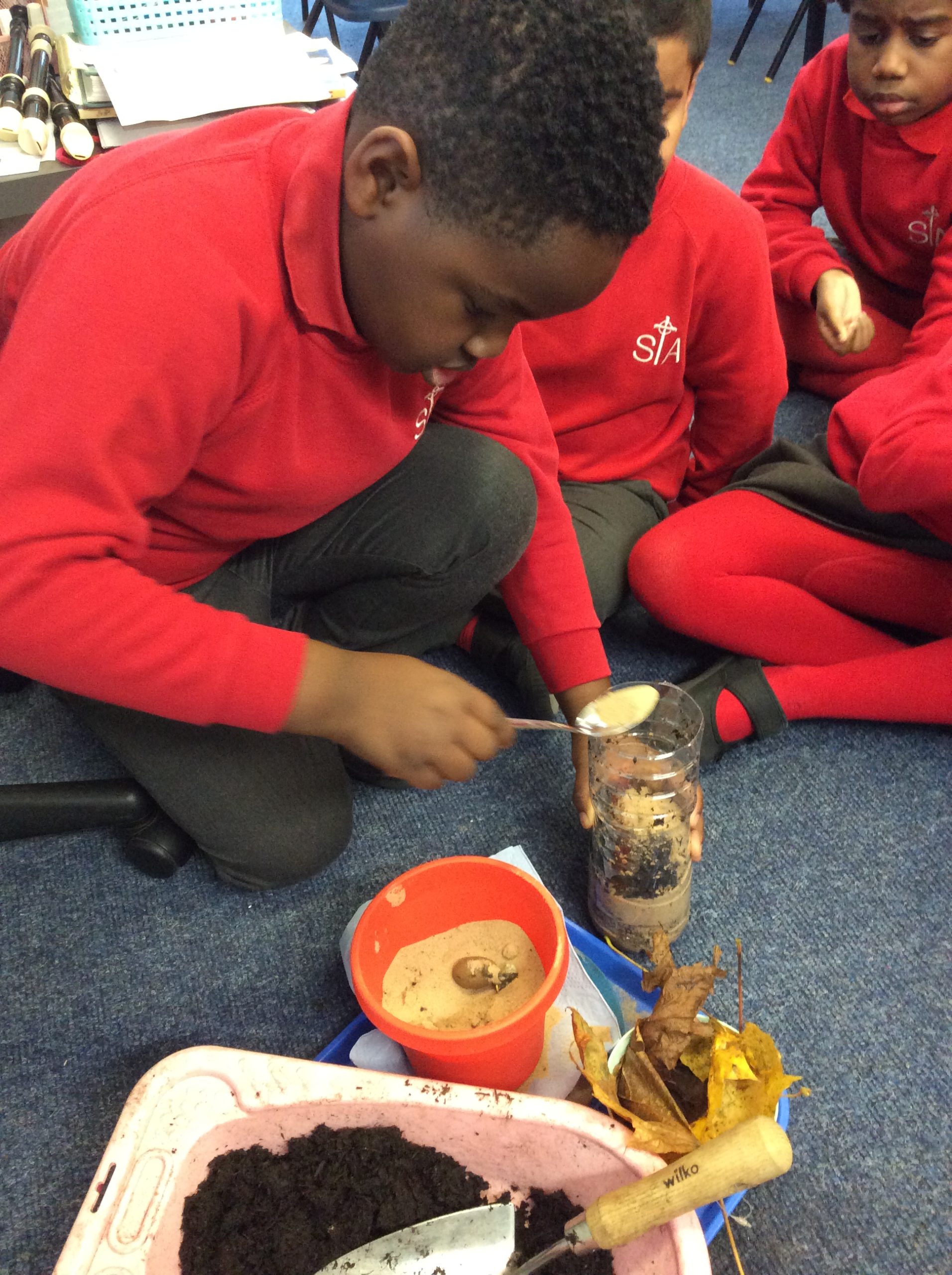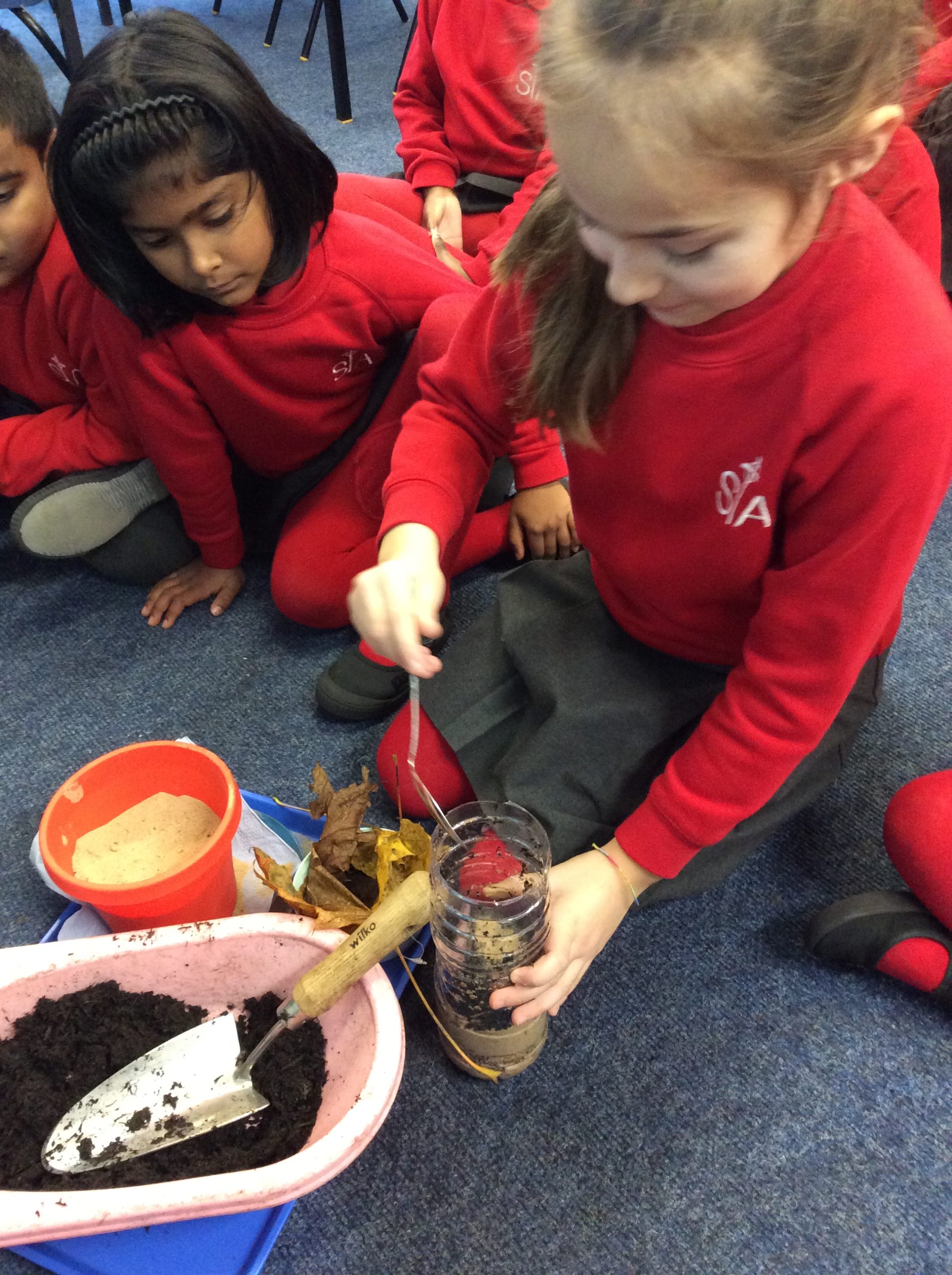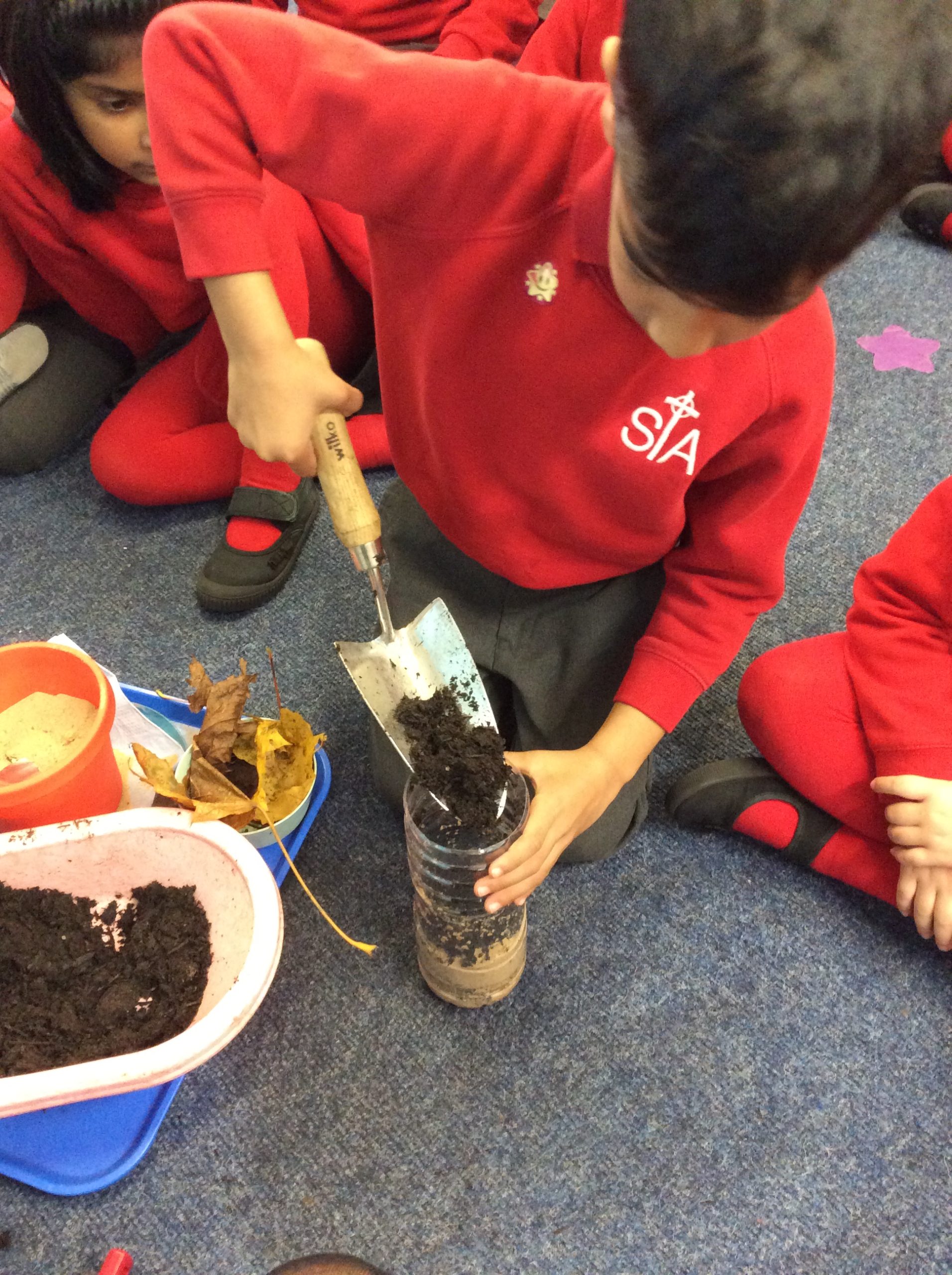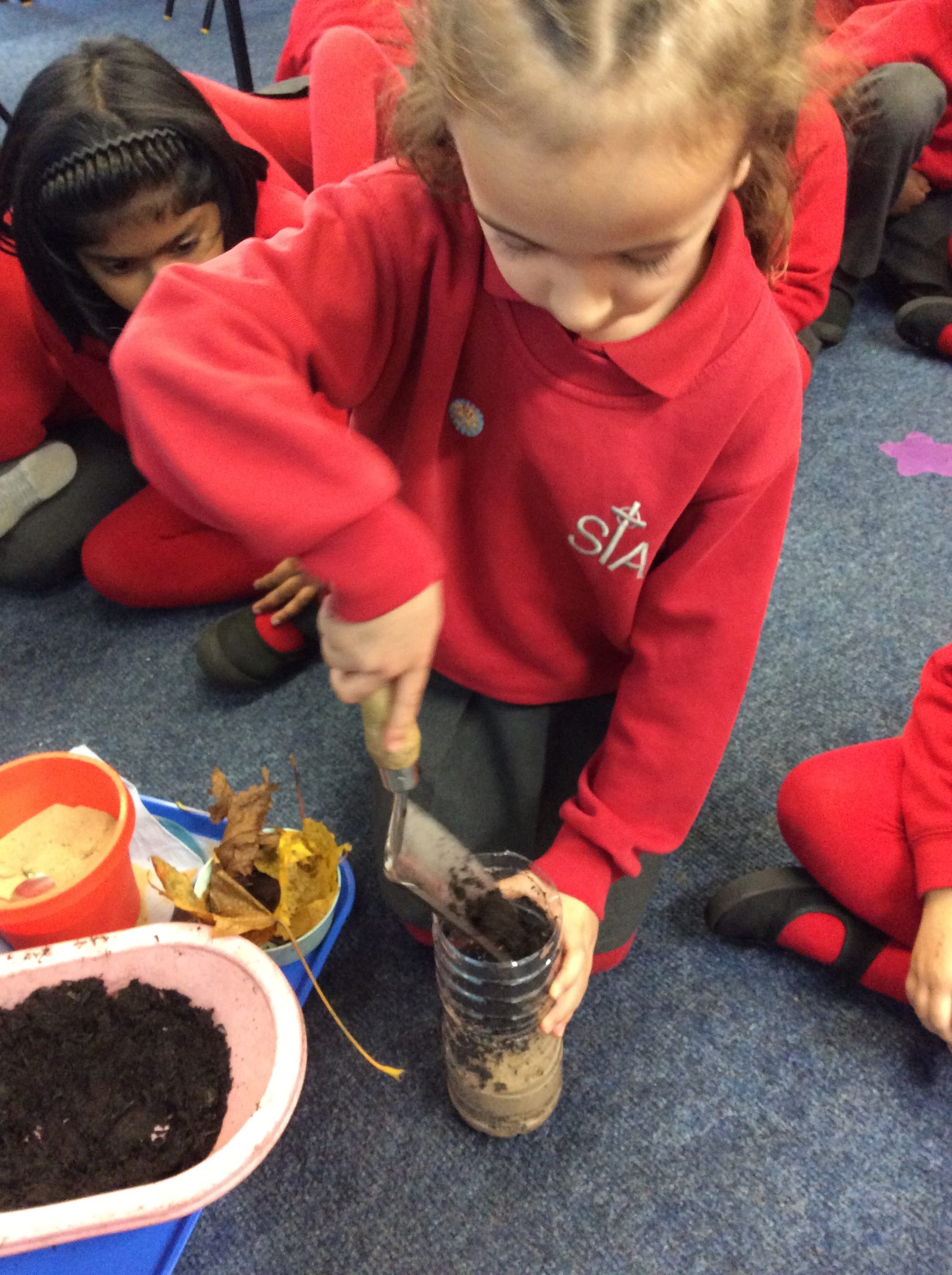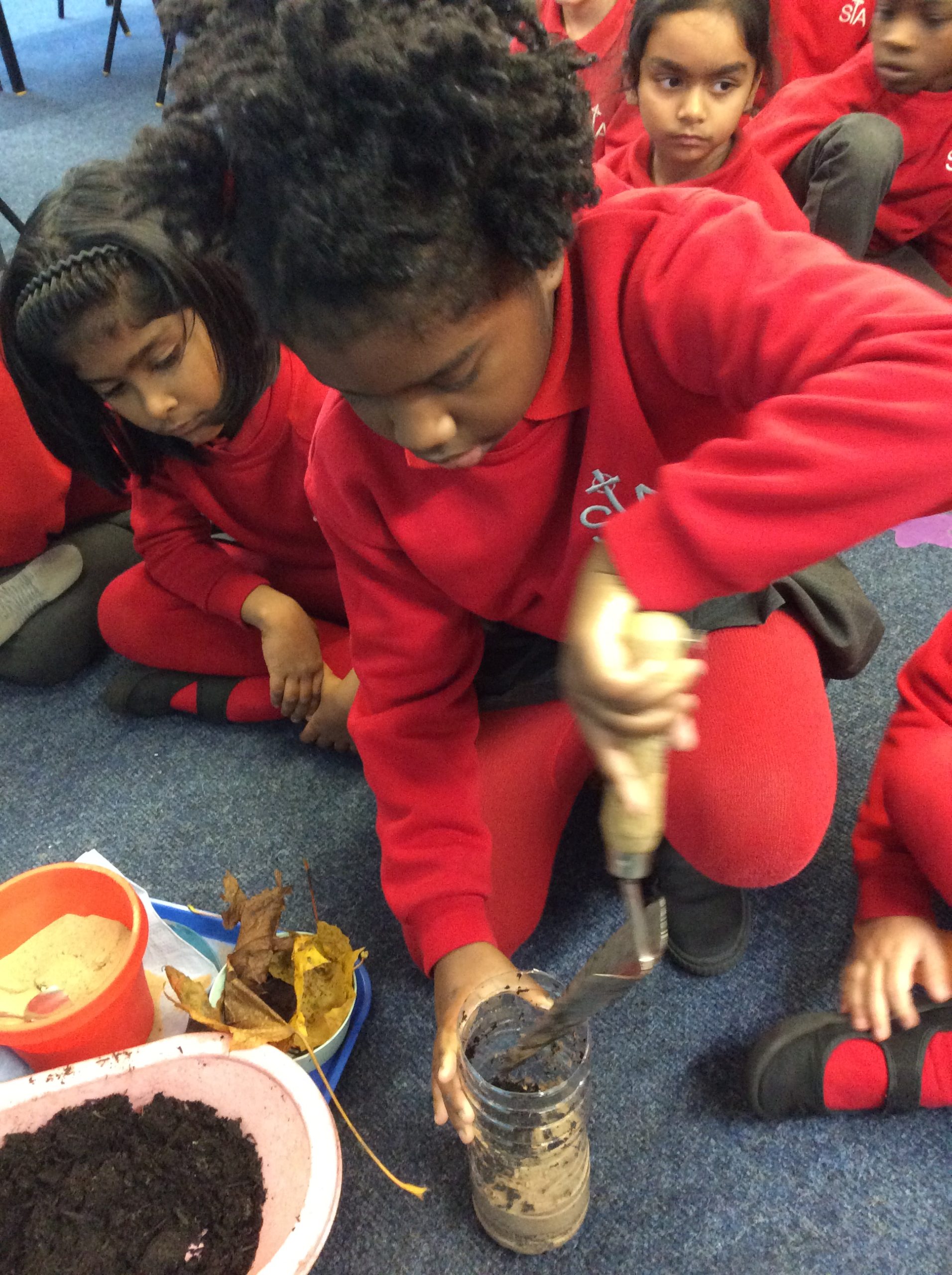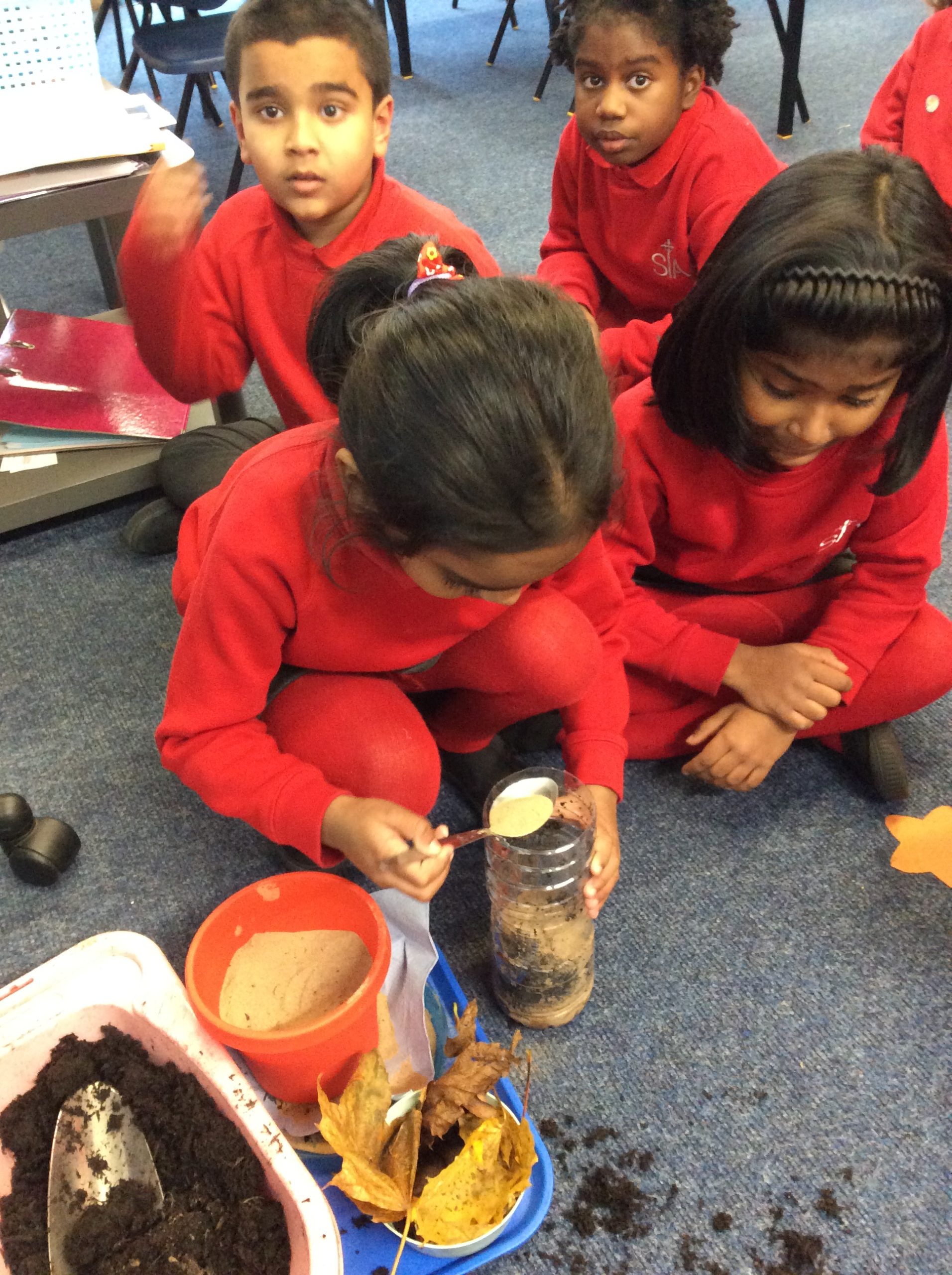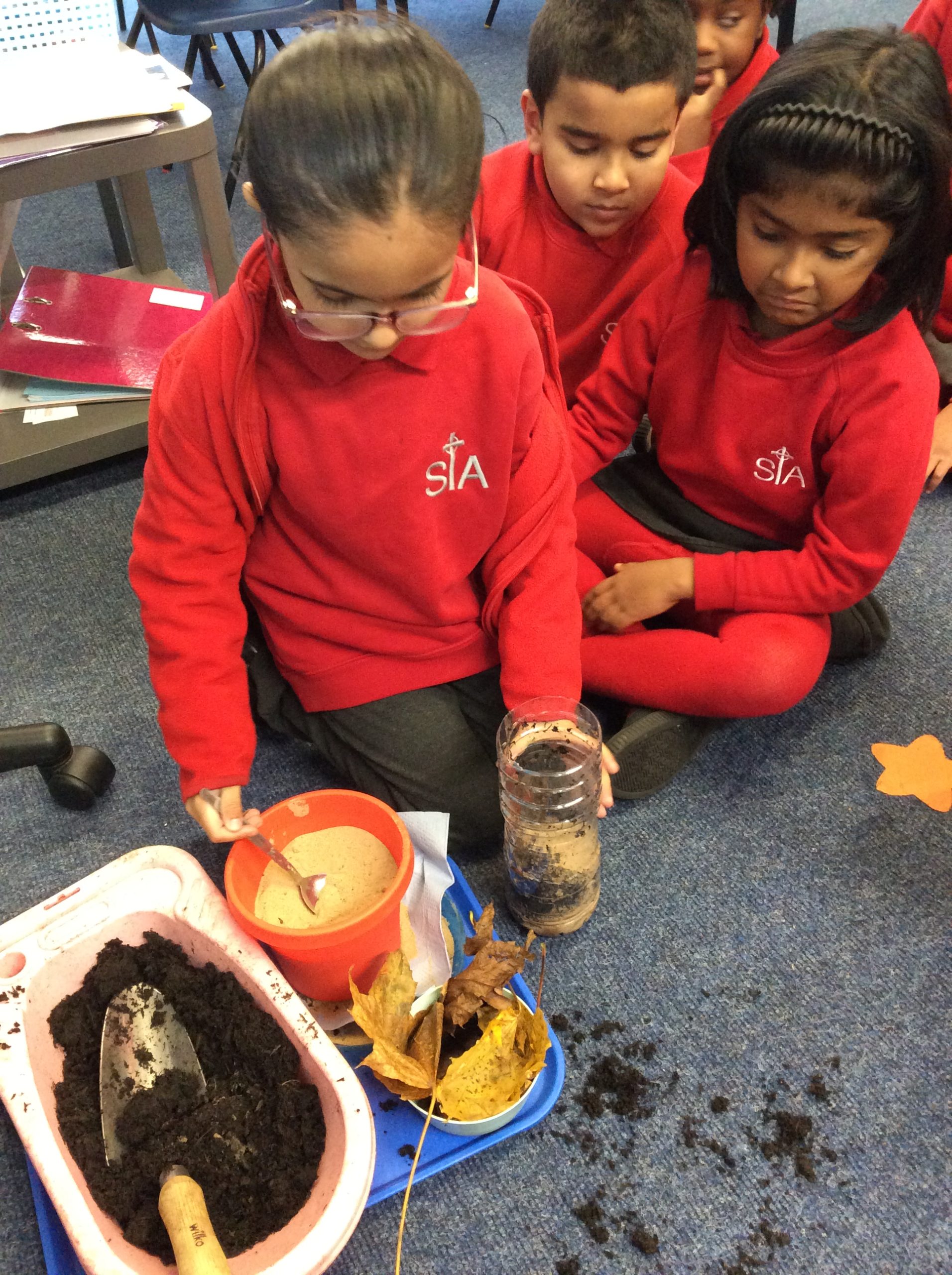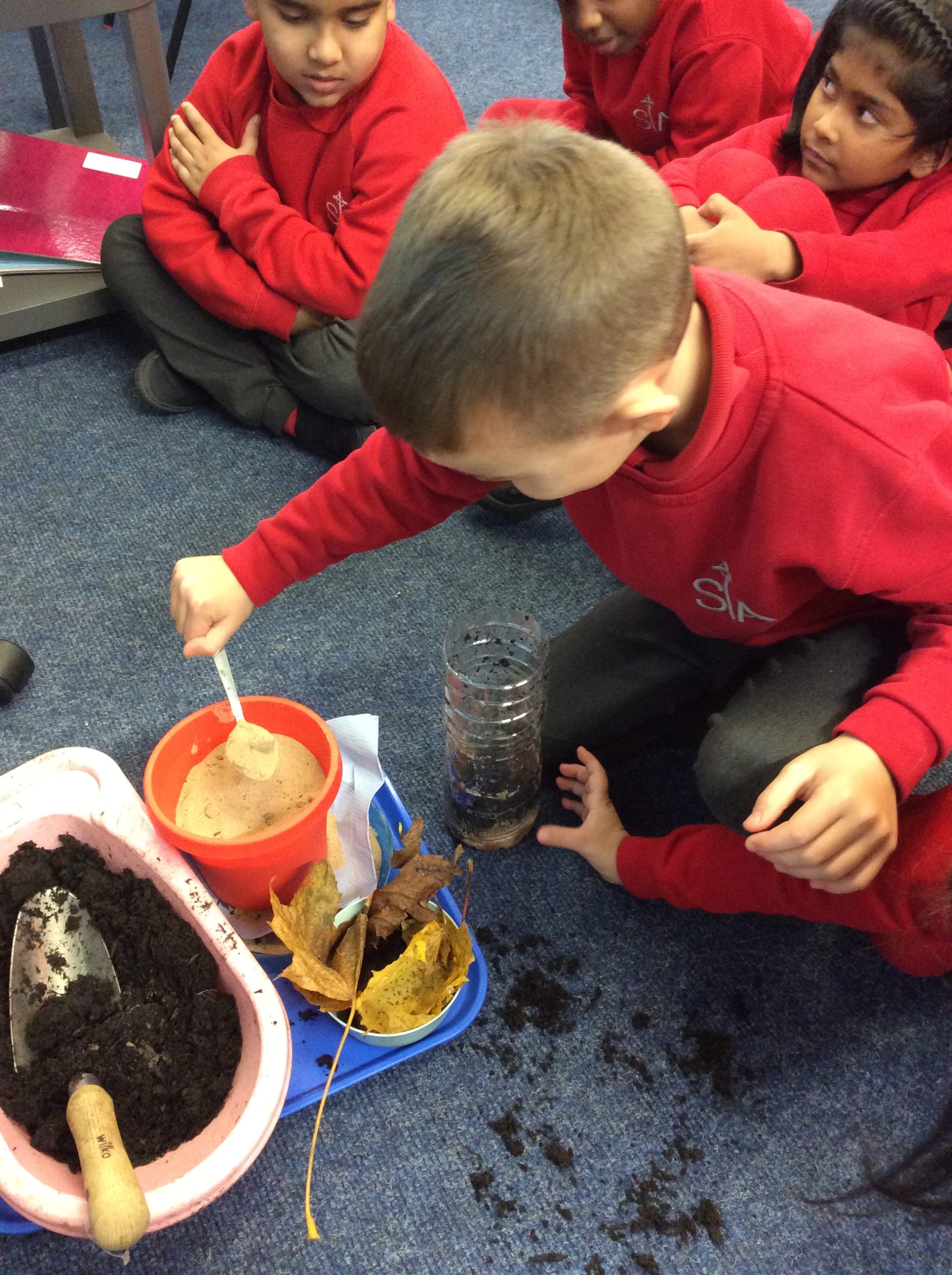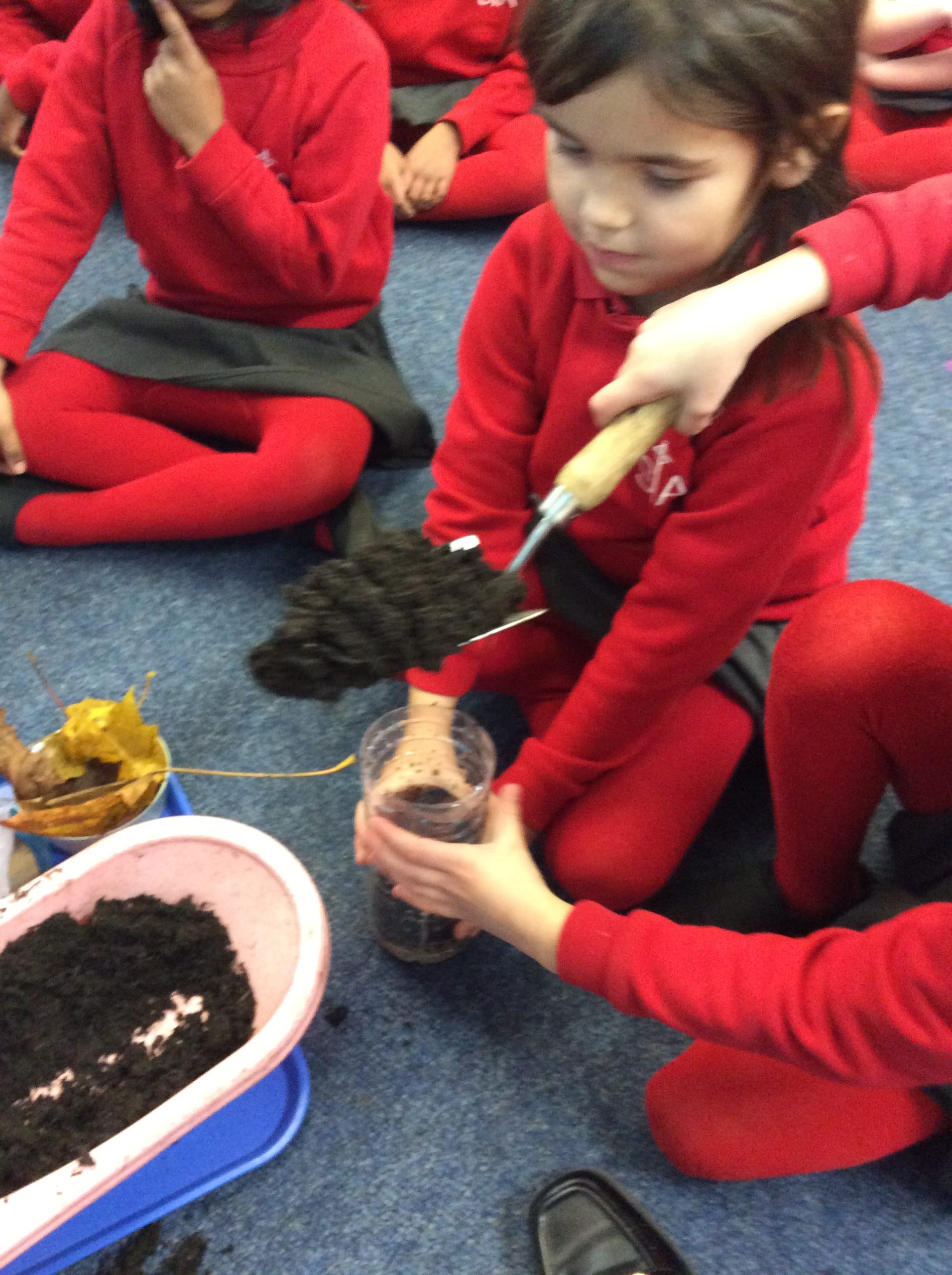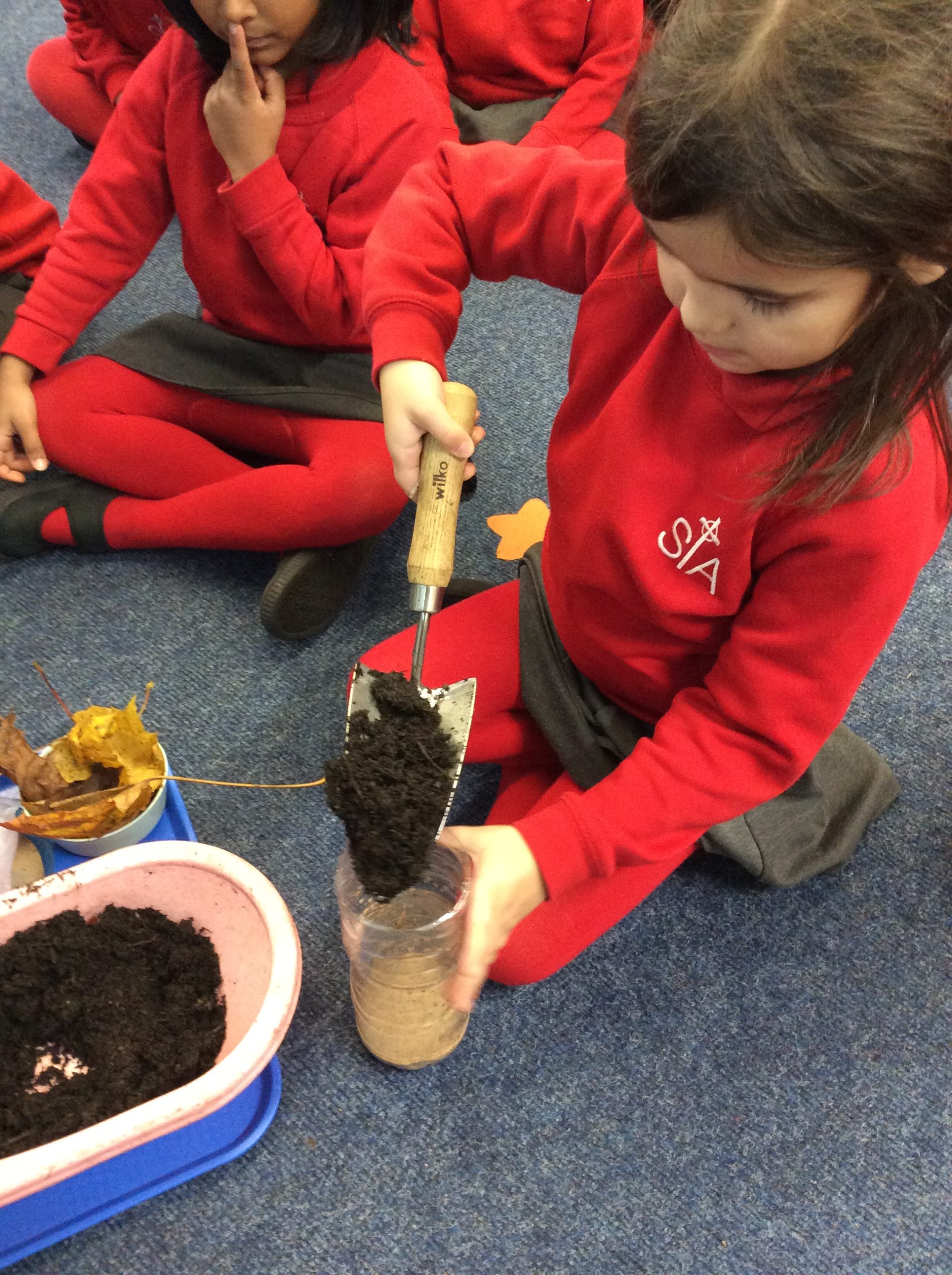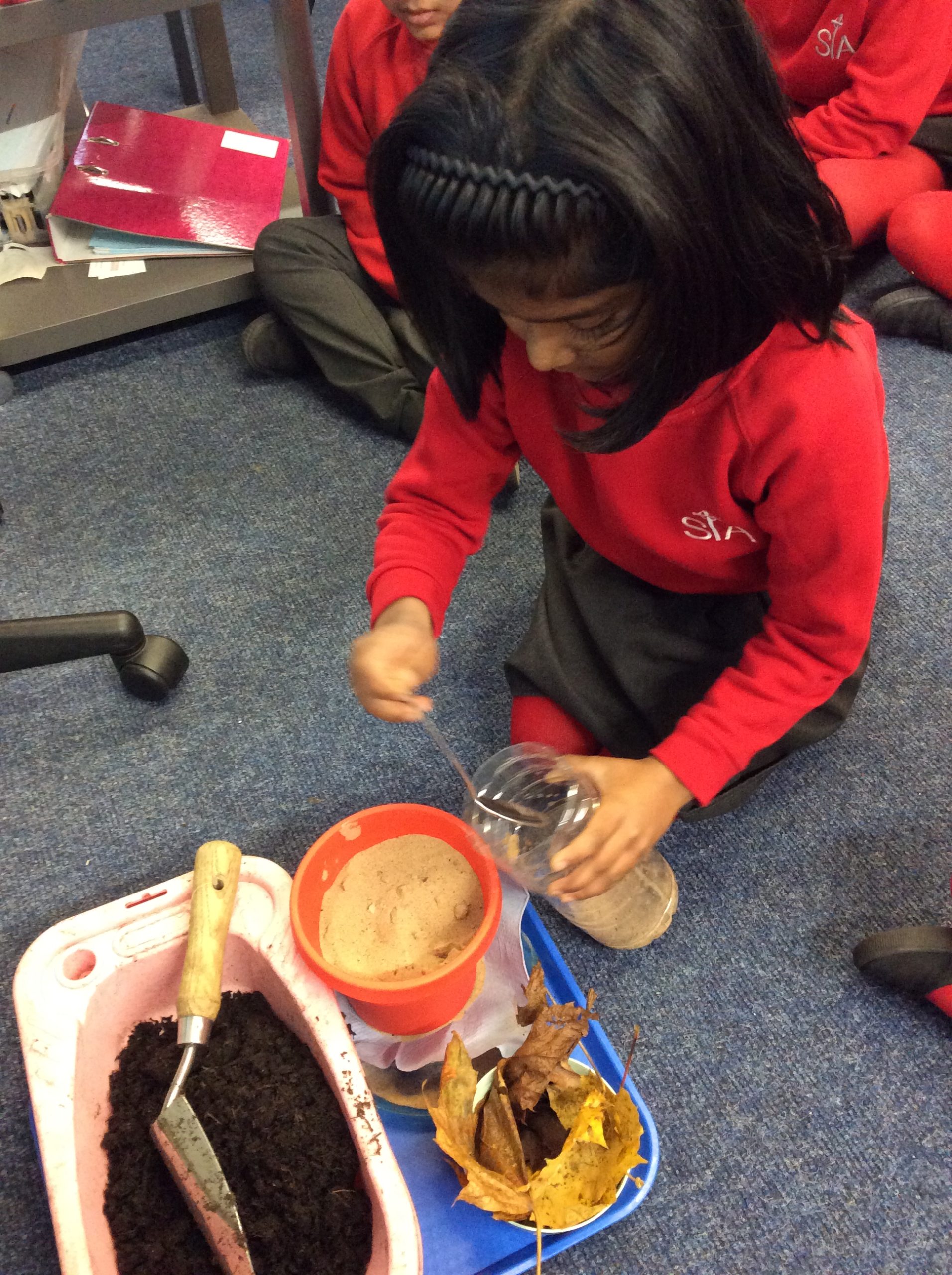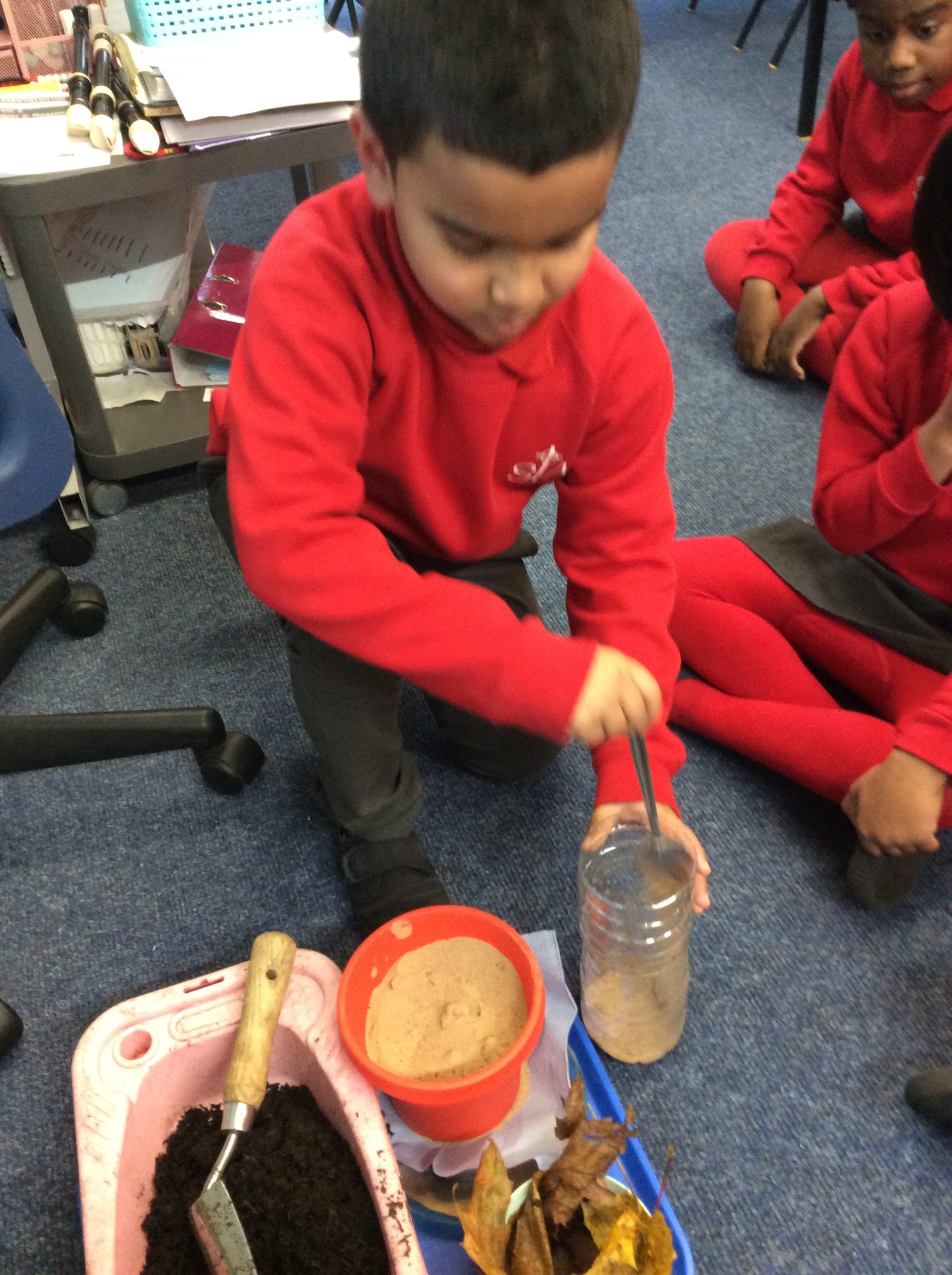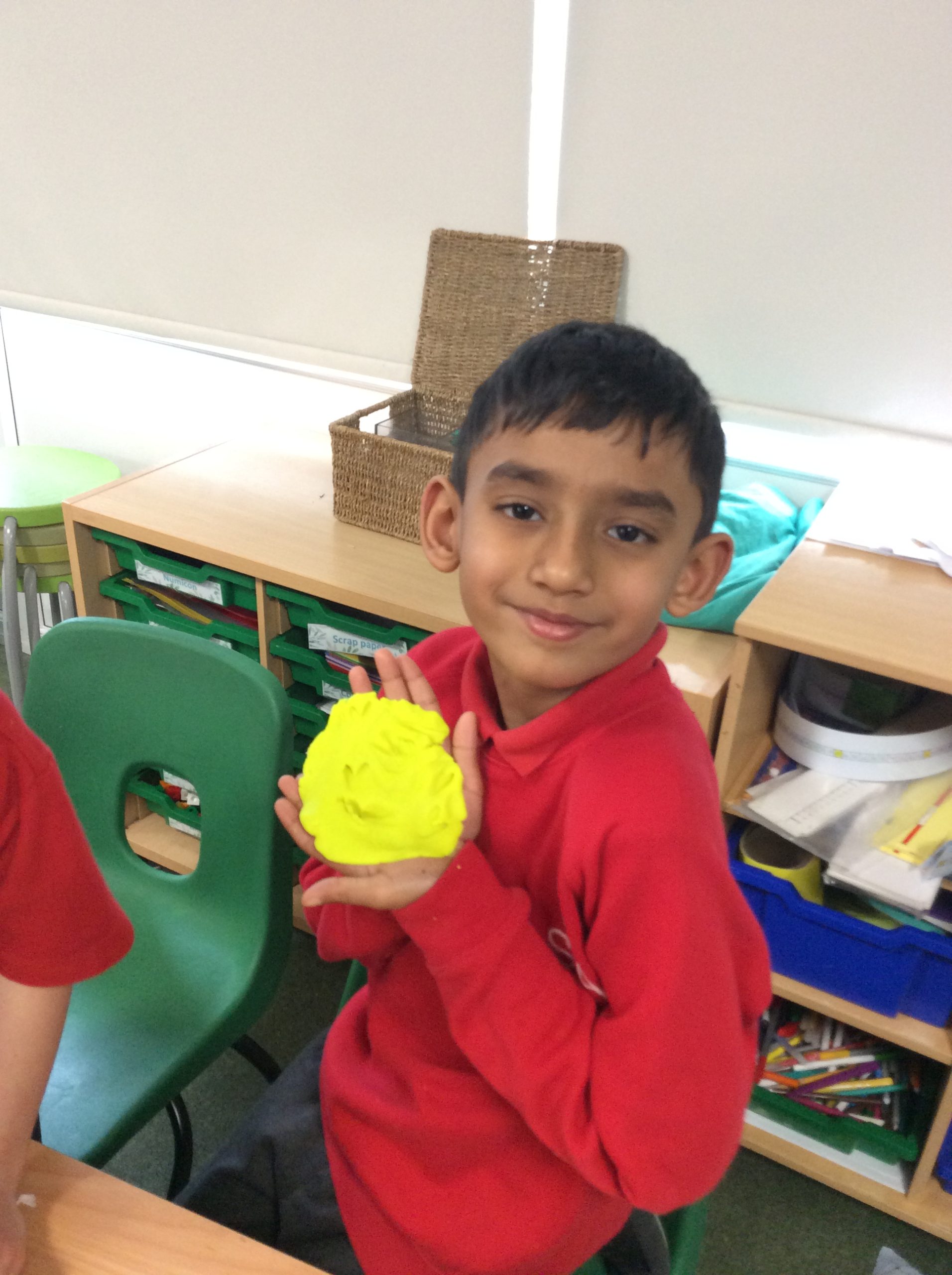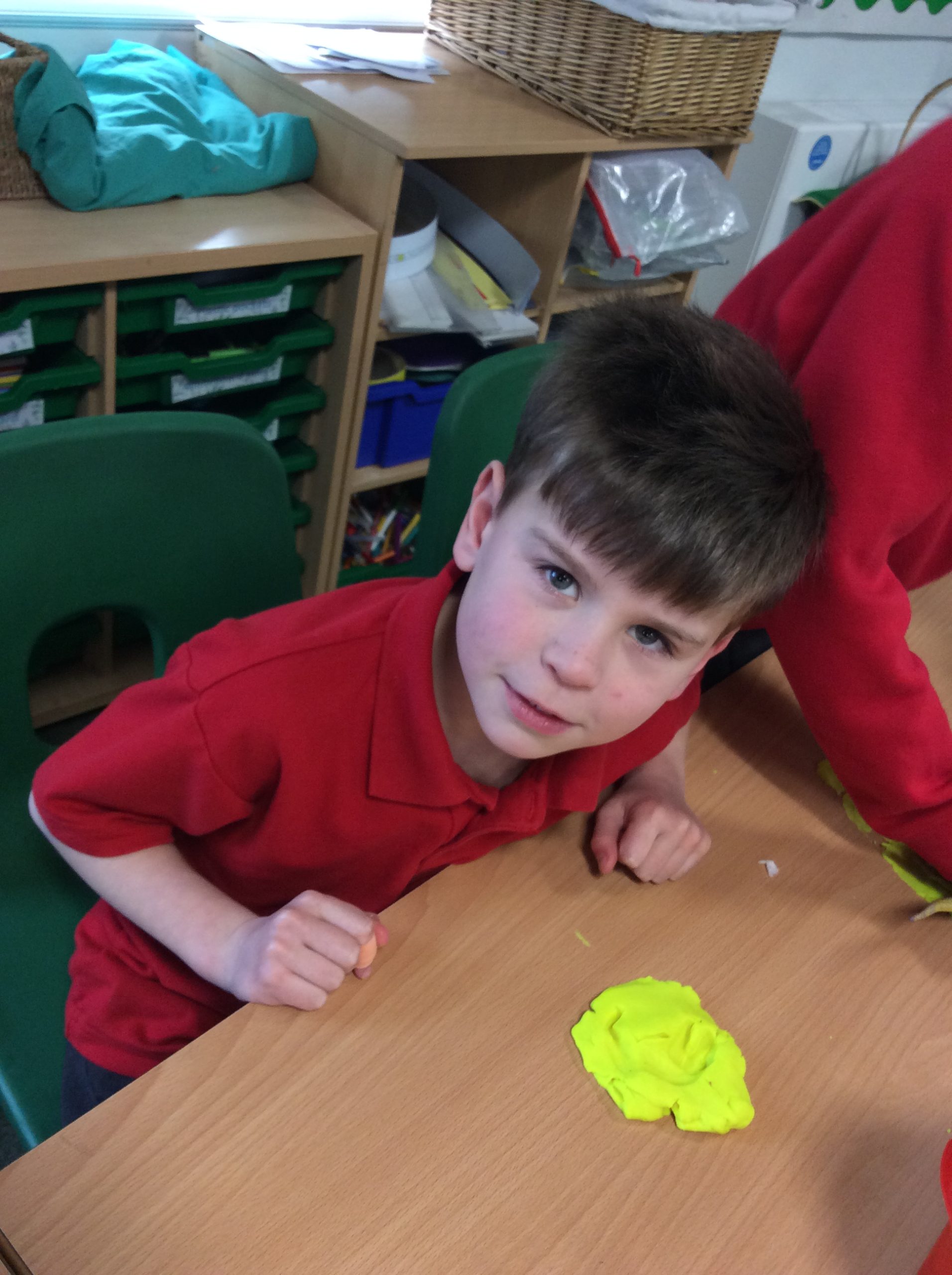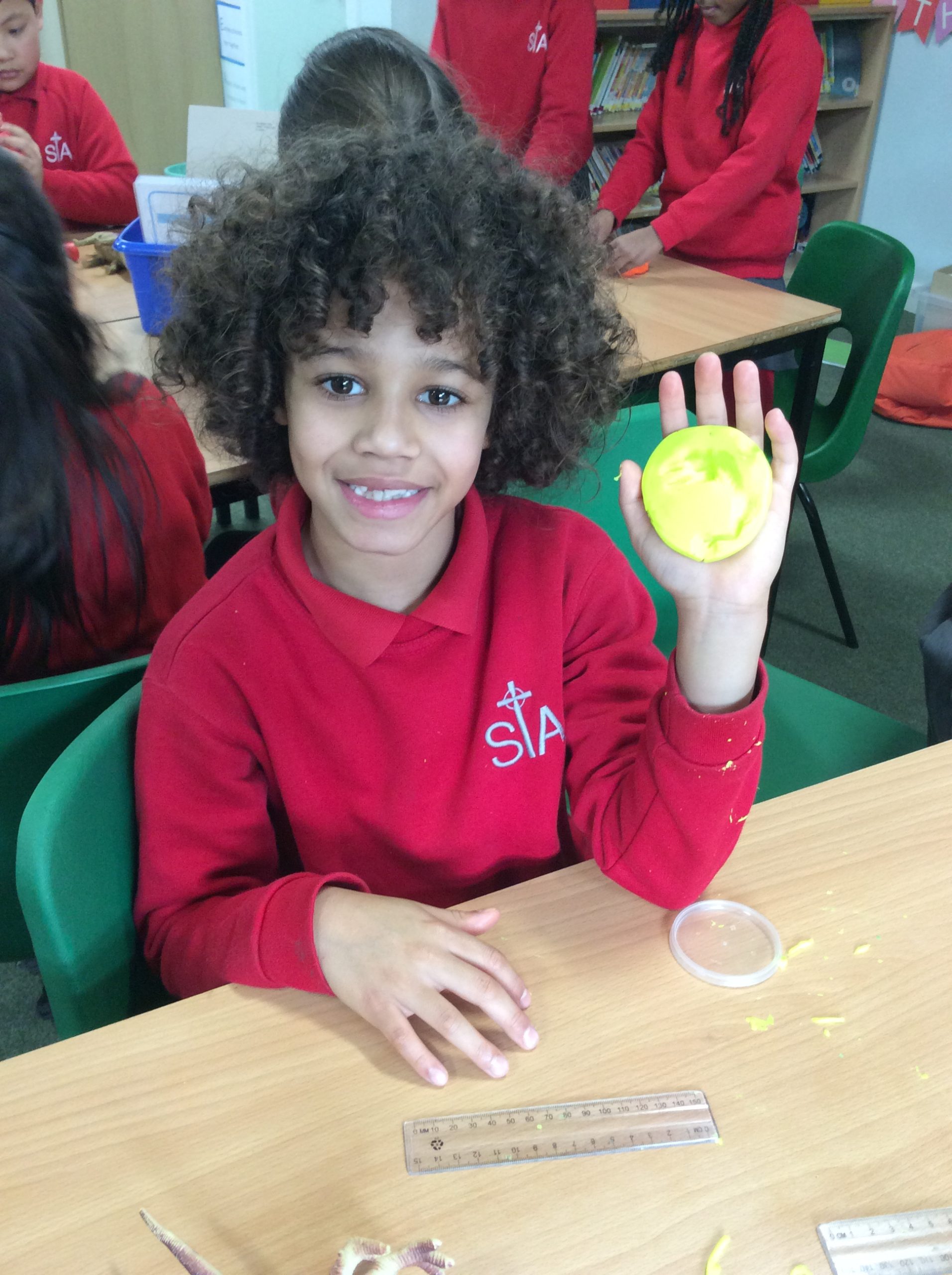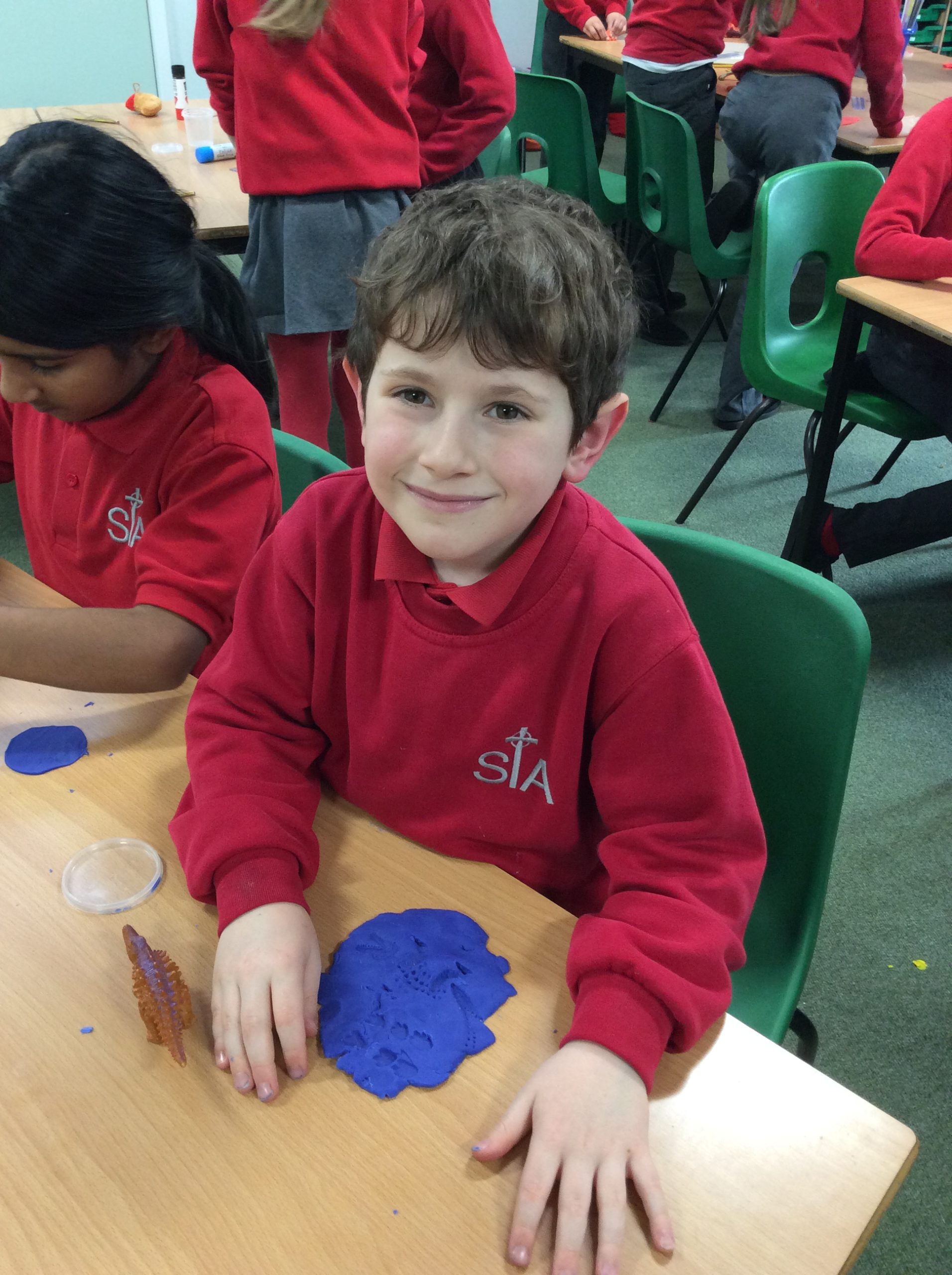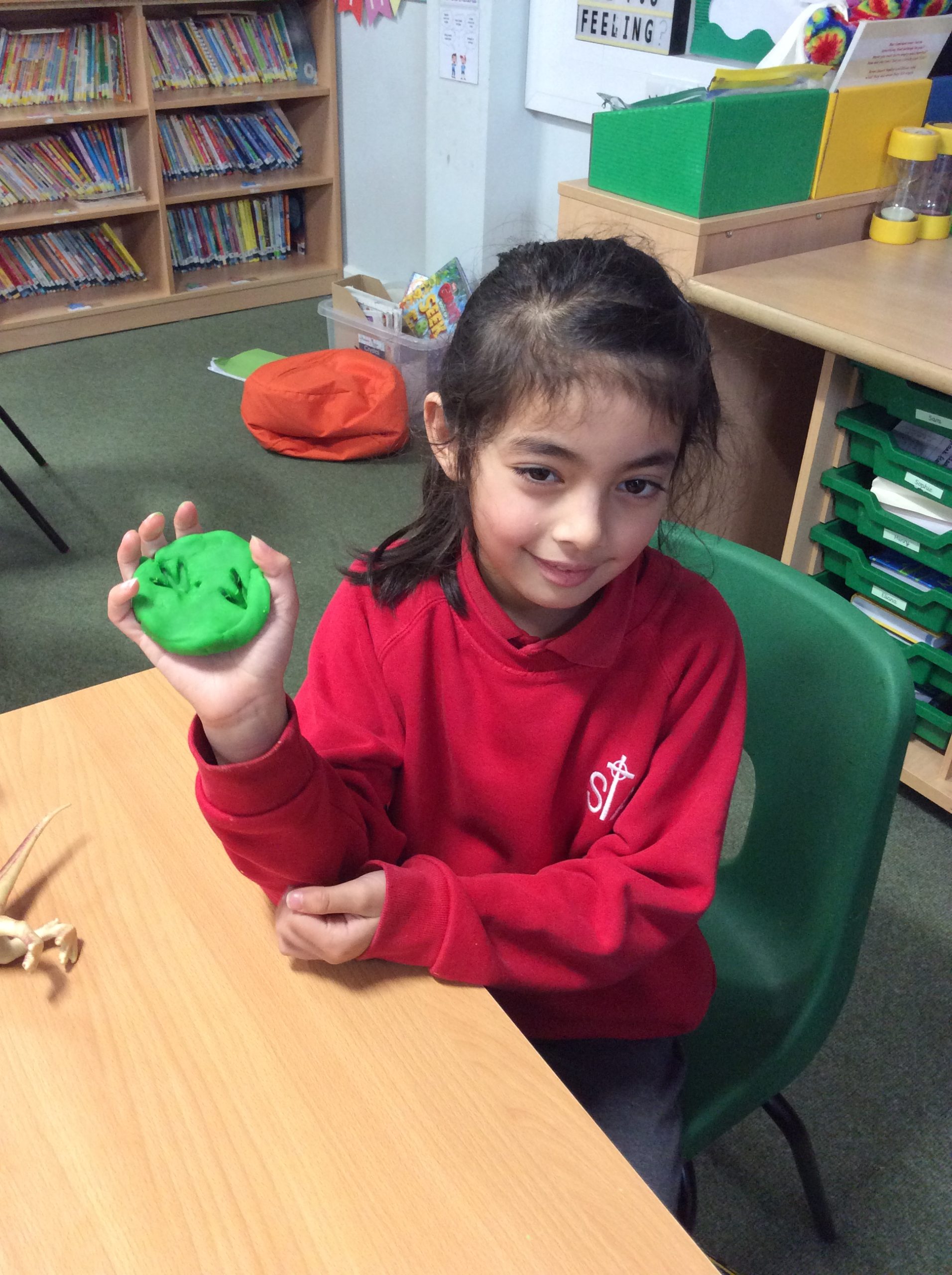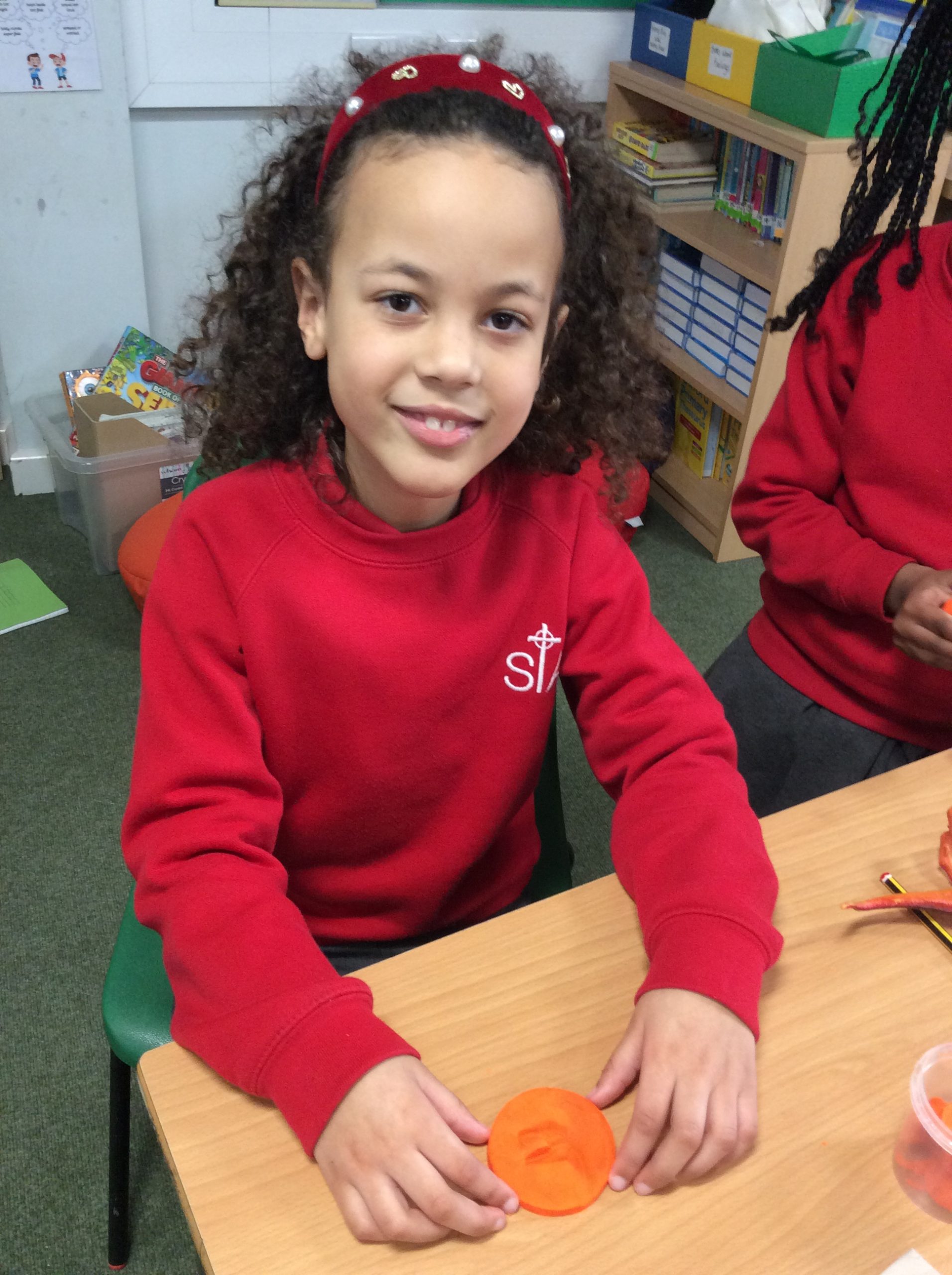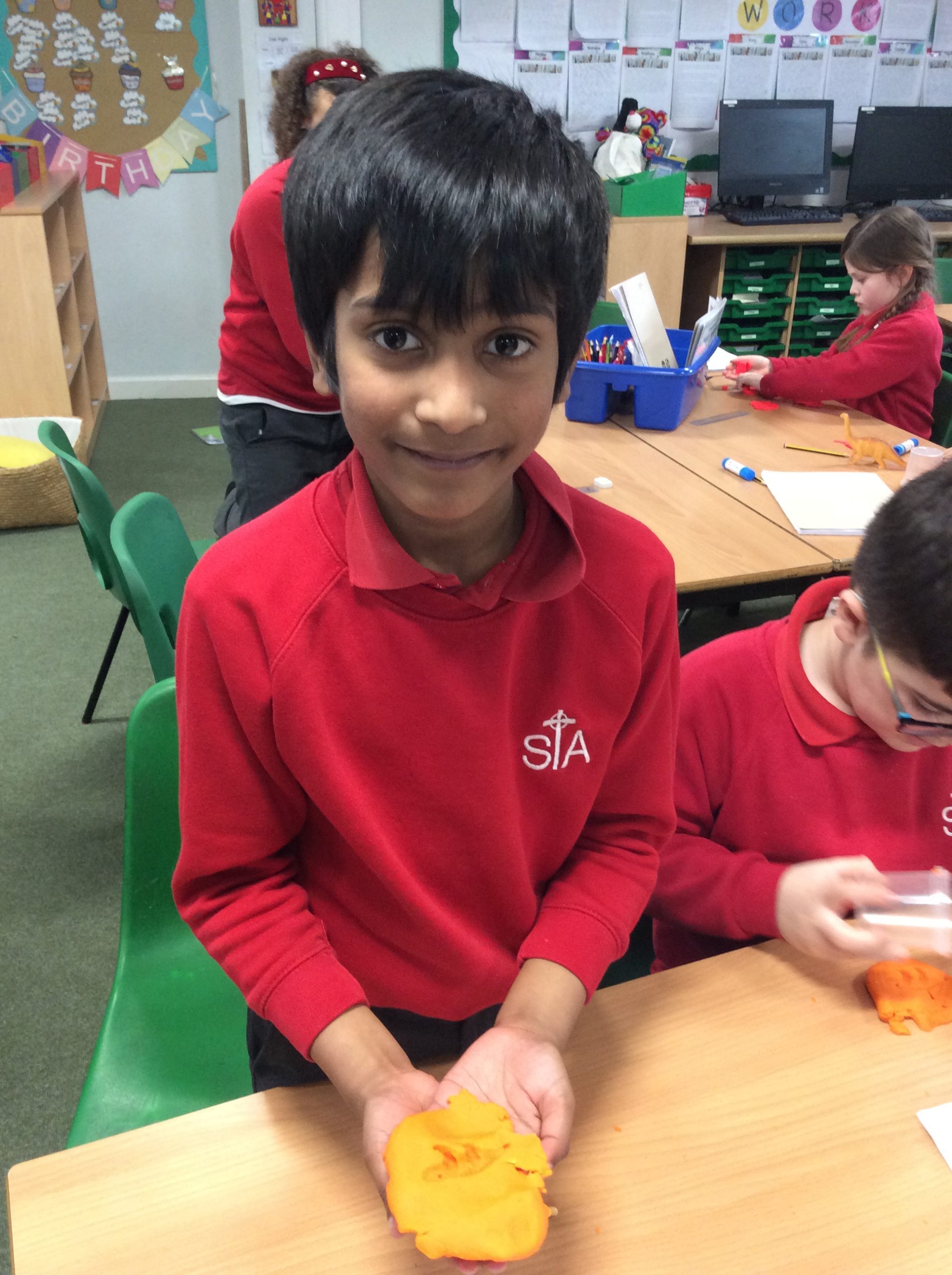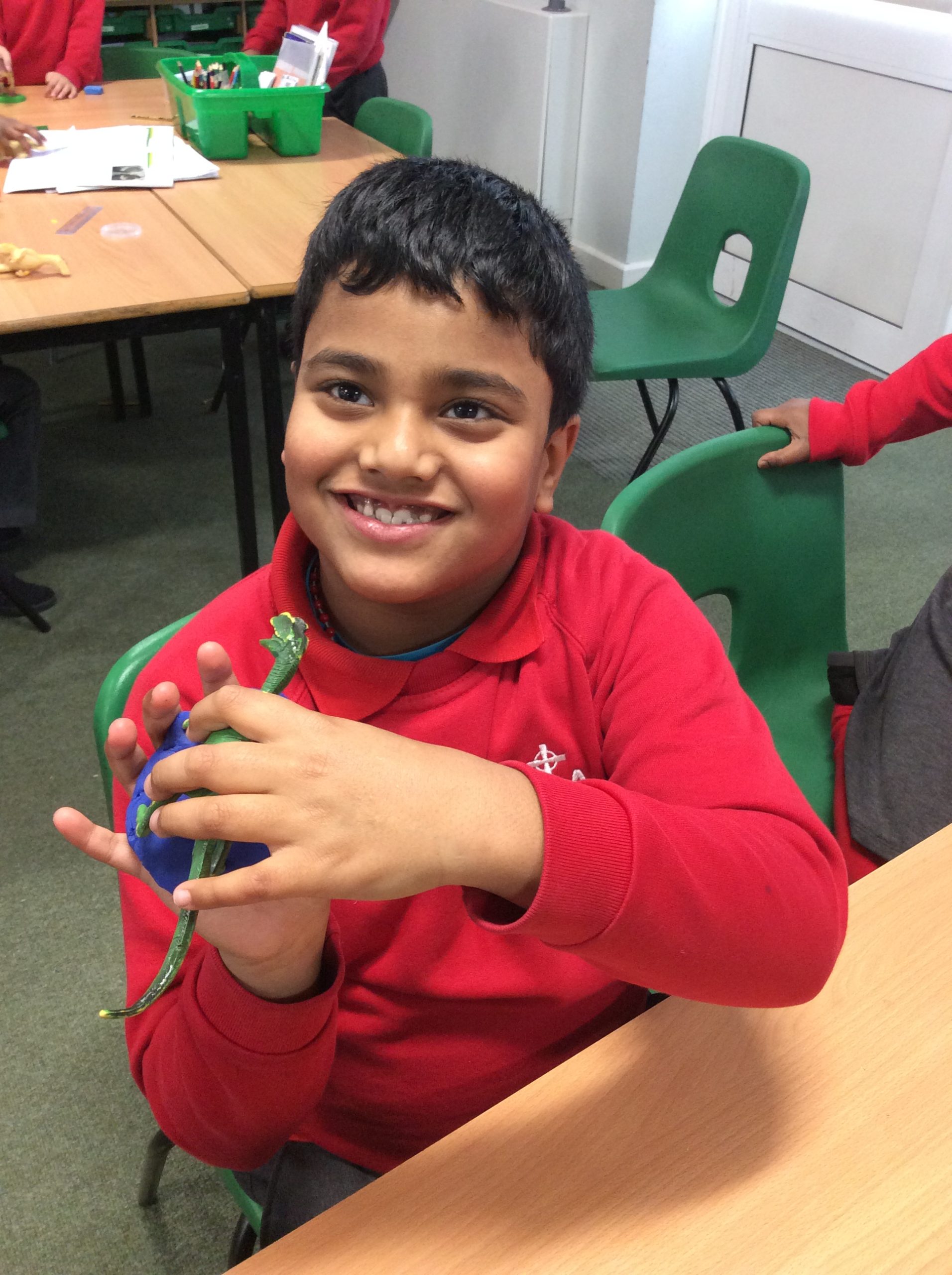Science
Science- Intent
Science at St Anthony’s is based upon Kapow’s Primary Science curriculum. We aim to develop a sense of excitement and curiosity about natural phenomena and an understanding of how the scientific community contributes to the past, present and future.
Science at St Anthony’s is inclusive and meaningful so all pupils may experience the joy of science and make associations between their science learning and their lives outside the classroom. Studying science allows pupils to appreciate how new knowledge and skills can be fundamental to solving arising global challenges. Our curriculum aims to encourage critical thinking and empower pupils to question the hows and whys of the world around them.
Our scheme of work is divided into three key strands:
Scientific knowledge and understanding of:
- biology: living organisms and vital processes;
- chemistry: matter and its properties;
- physics: how the world we live in ‘works’.
Working scientifically:
- processes and methods of science to answer questions about the world around us.
Science in action:
- uses and implications of science in the past, present and for the future.
These are identified in more detail for each year group on our long term plan.
The National curriculum content has been grouped into six key areas of science to show progression throughout the school:
- Plants.
- Animals, including humans
- Living things and habitats
- Materials
- Energy
- Forces, Earth and space
Curriculum and Skills in Science
Vocabulary in Science
Tring Museum
On Tuesday 3rd June Year 2 went to Tring Natural History Museum. We saw lots of different animals in the galleries. To support our Science learning we took part in a workshop where we classified real animals by their features!
Year 2
We have continued to explore the book ‘The Smartest giant in town’ as part of our Science unit of work on Materials. We had to work in groups to investigate and answer the question ‘Which material is the stretchiest?’ in order to find the stretchiest material to help create a path for the dog to cross the bog. We each took on a role in our enquiry and worked together very well. We measured how stretchy each material was using cubes and recorded our results.
We worked in groups to test the most suitable material for a pair of tights for the giant’s mum. We discussed the properties needed for a pair of tights.
Wormery
In our Autumn 2 topic on Microhabitats, we created our class wormery to try and answer the question ‘What do worms do to the soil?’ We followed the instructions together to create our wormery and discussed our predictions. We will observe what the worms do to the soil over the next few weeks.
Year 3- Rocks and Soils
Year 3 have been looking at Rocks and Soils and discovering how fossils were formed. We learnt about the formation of them and had a go at making our own impressions using dinosaurs and play-doh.
Science in Nursery
Nursery explored the changing seasons by going on a leave hunt, sorting clothing and exploring different autumn colours, animals and plants.#
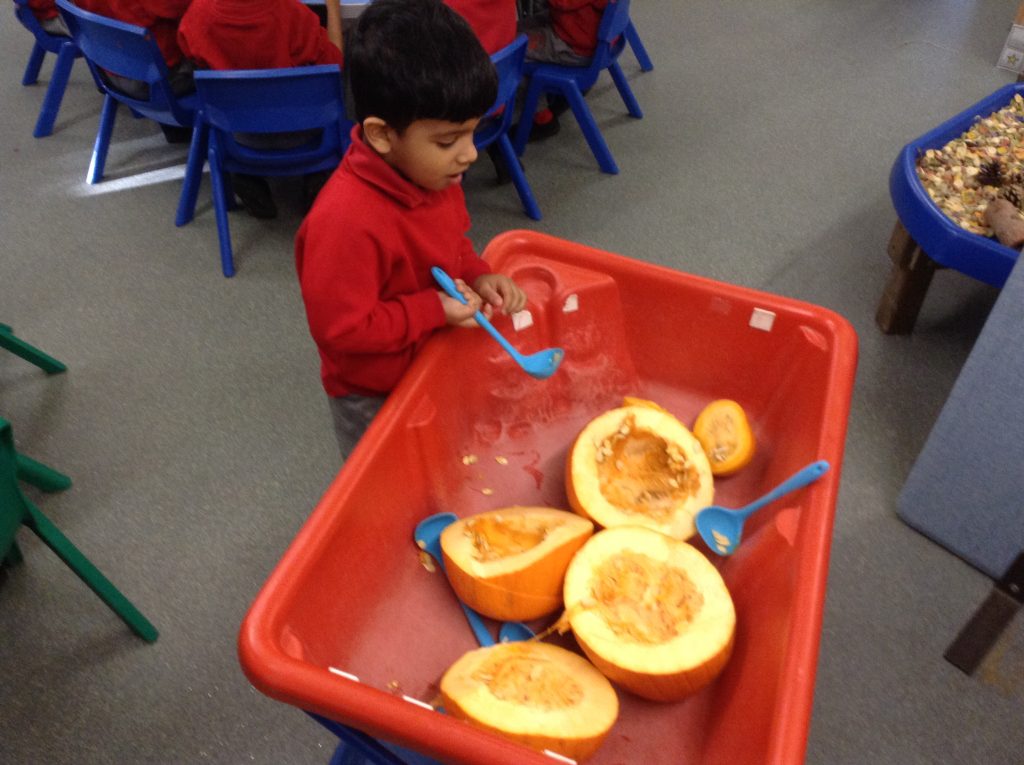
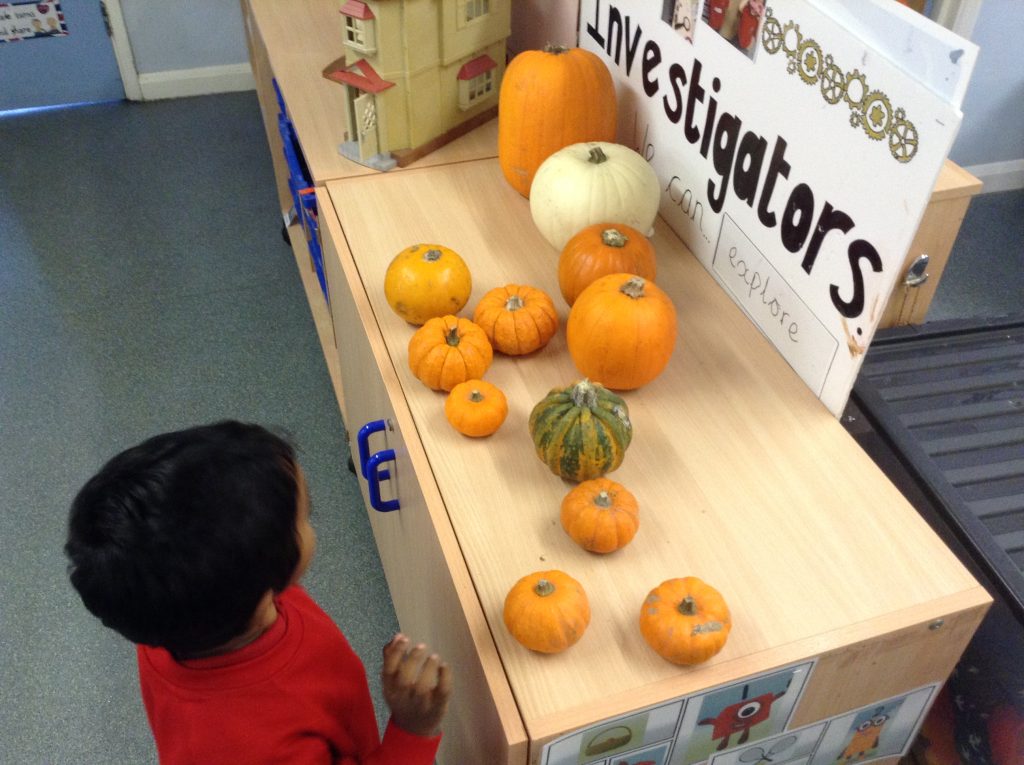
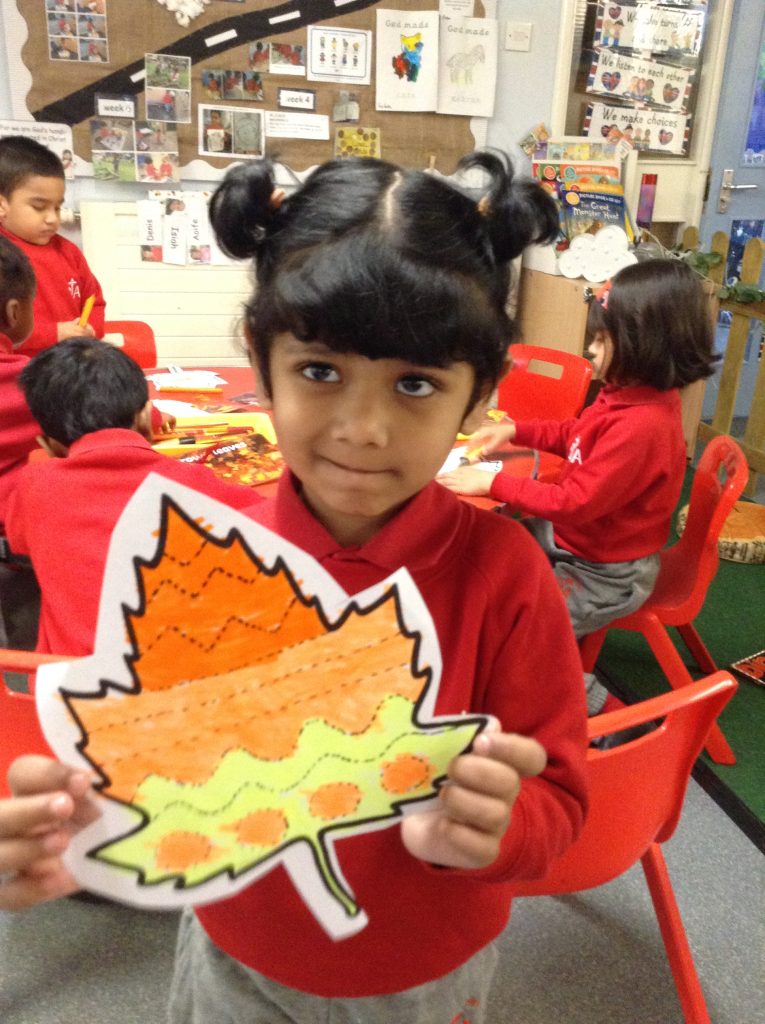
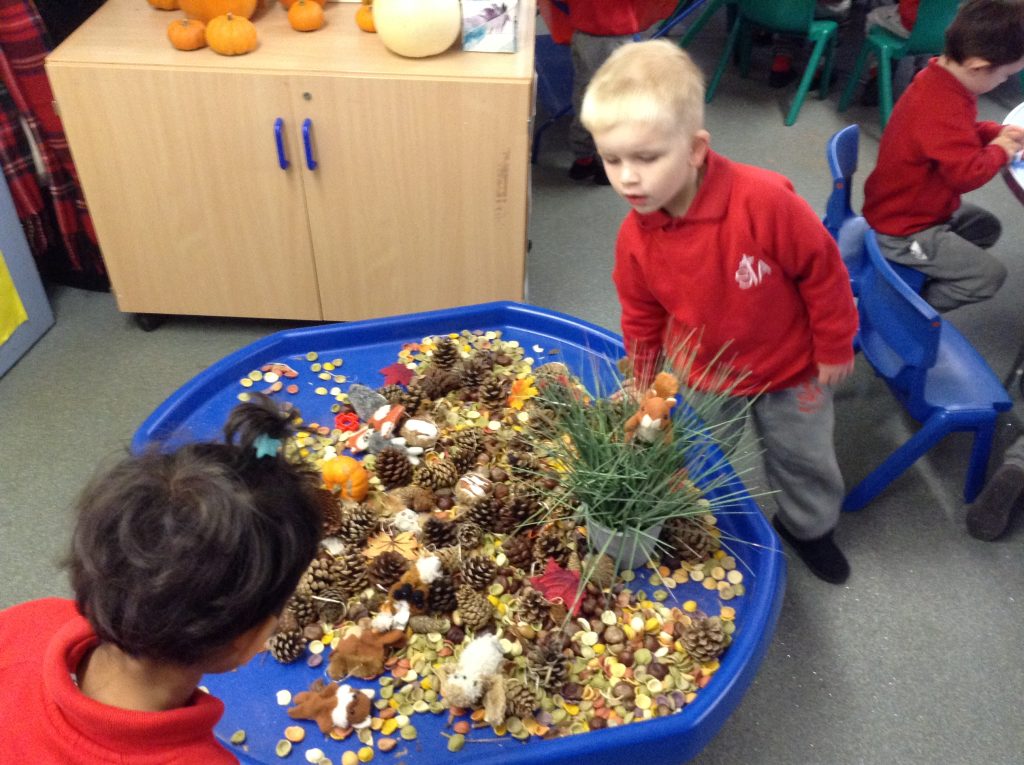
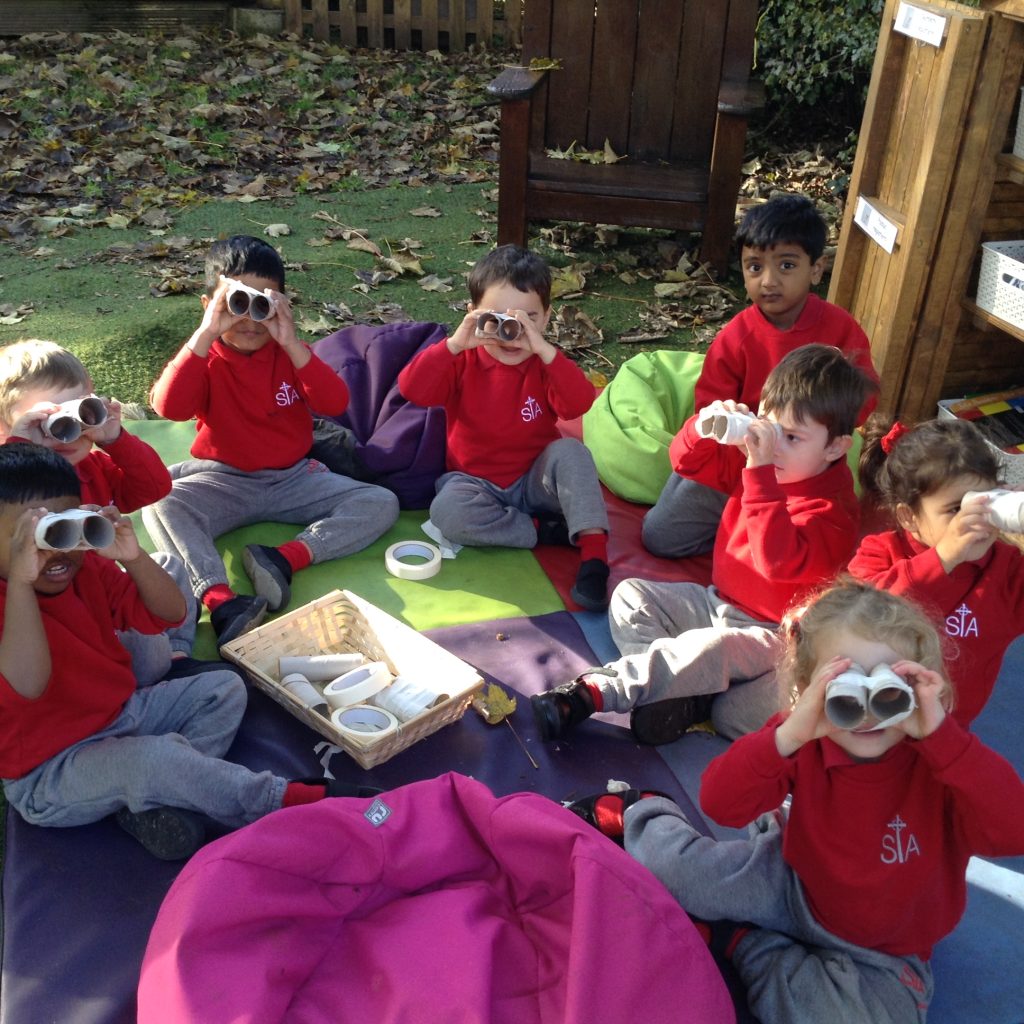
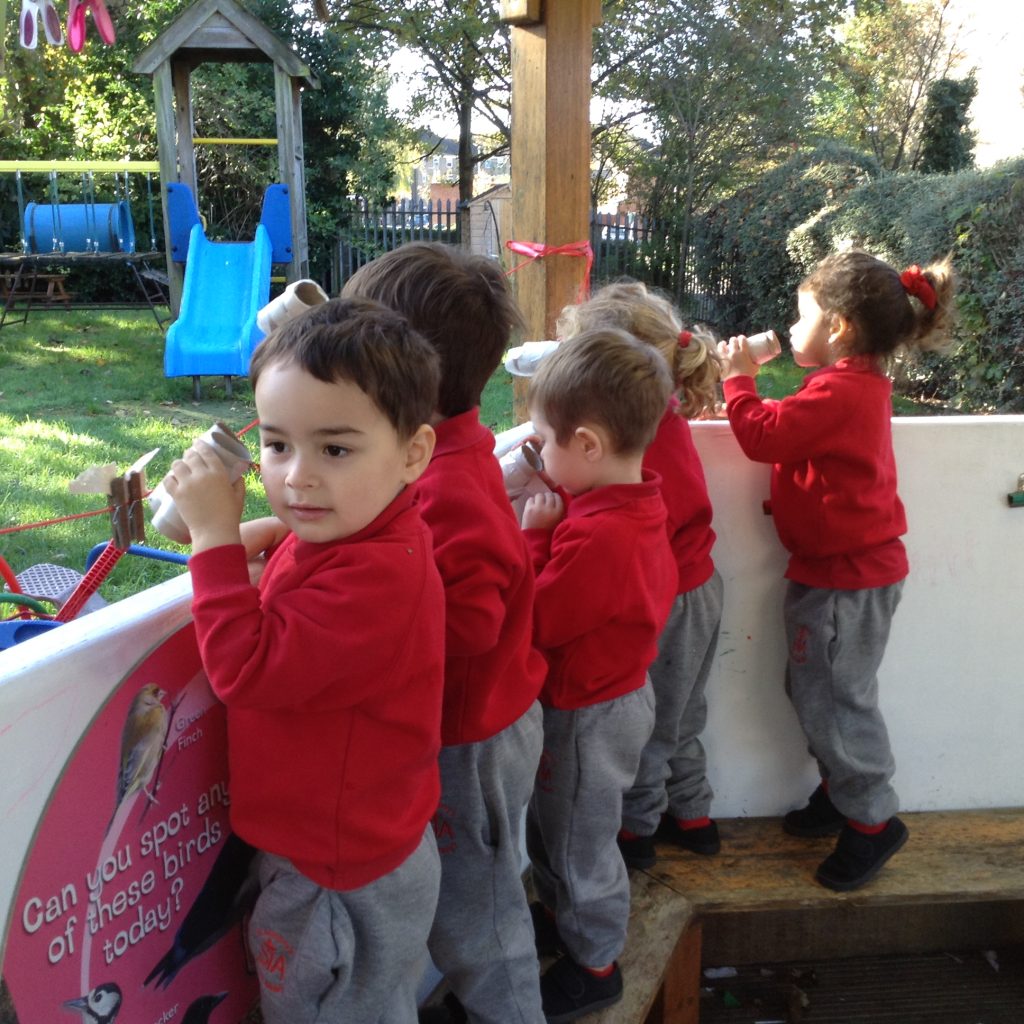
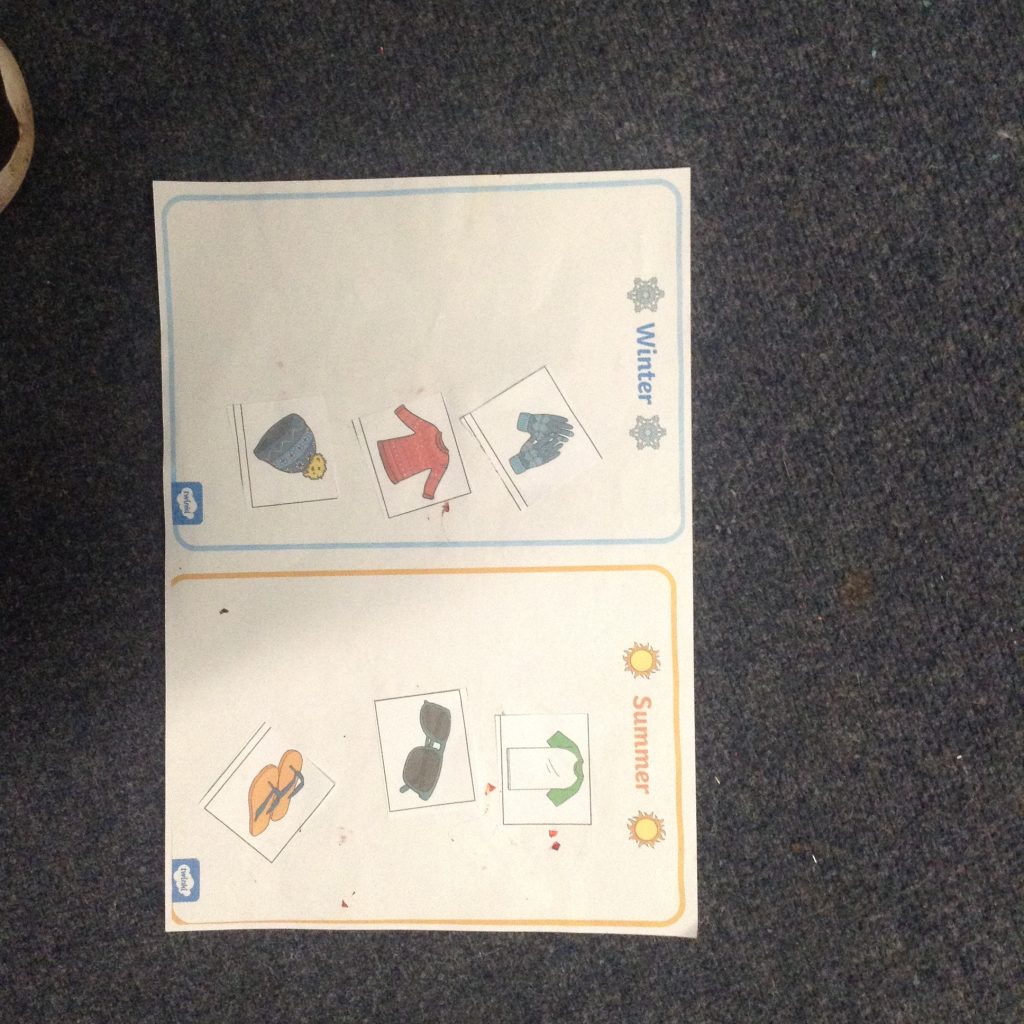
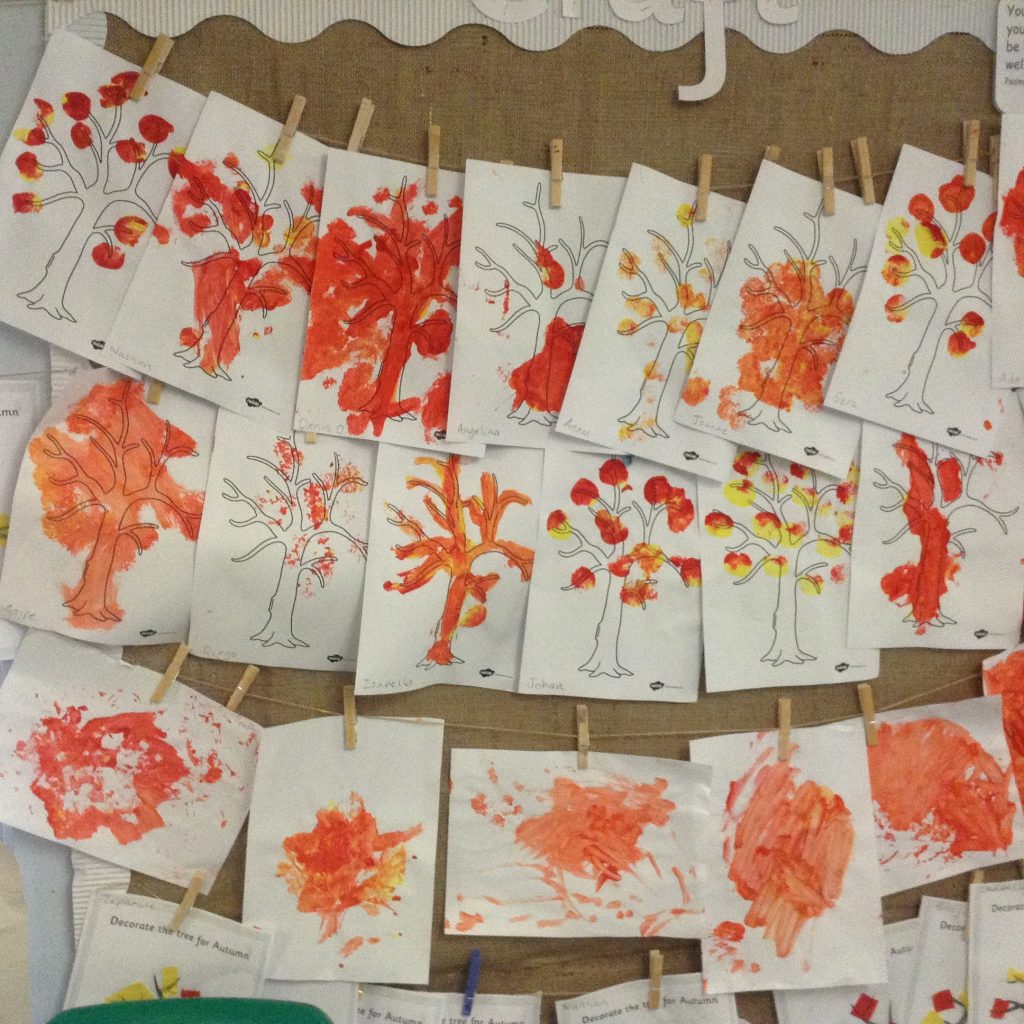
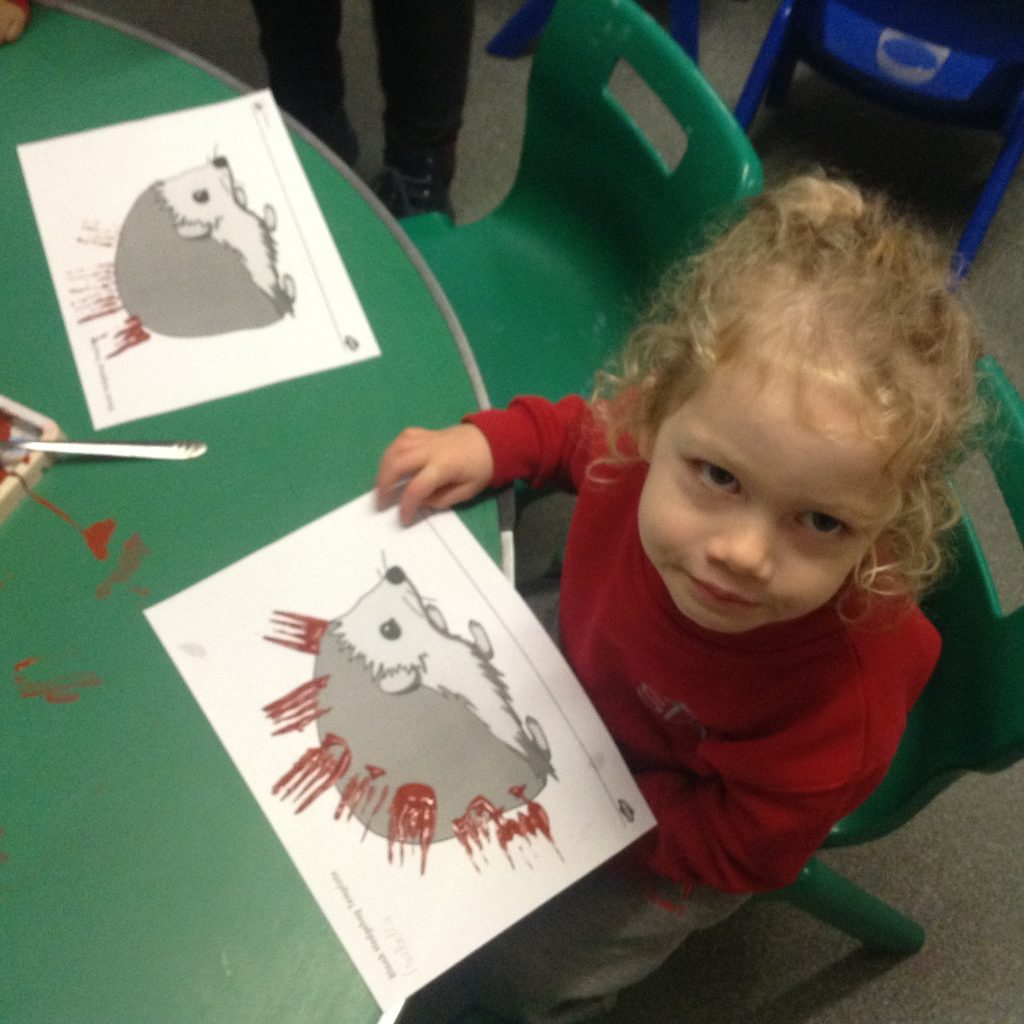
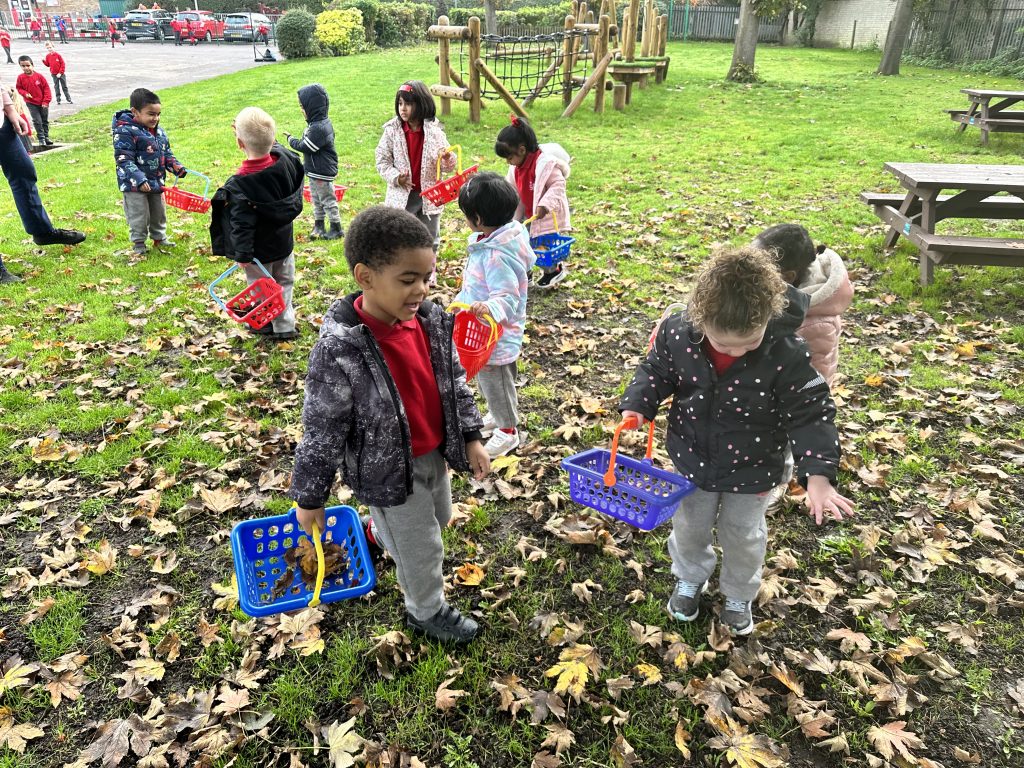
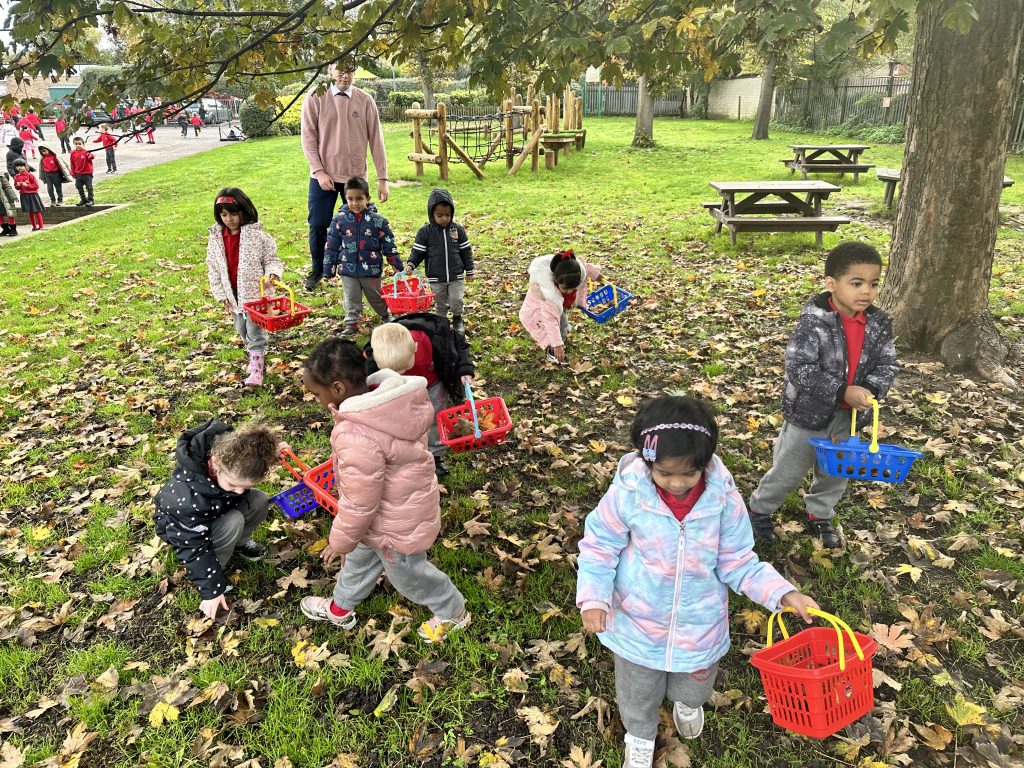
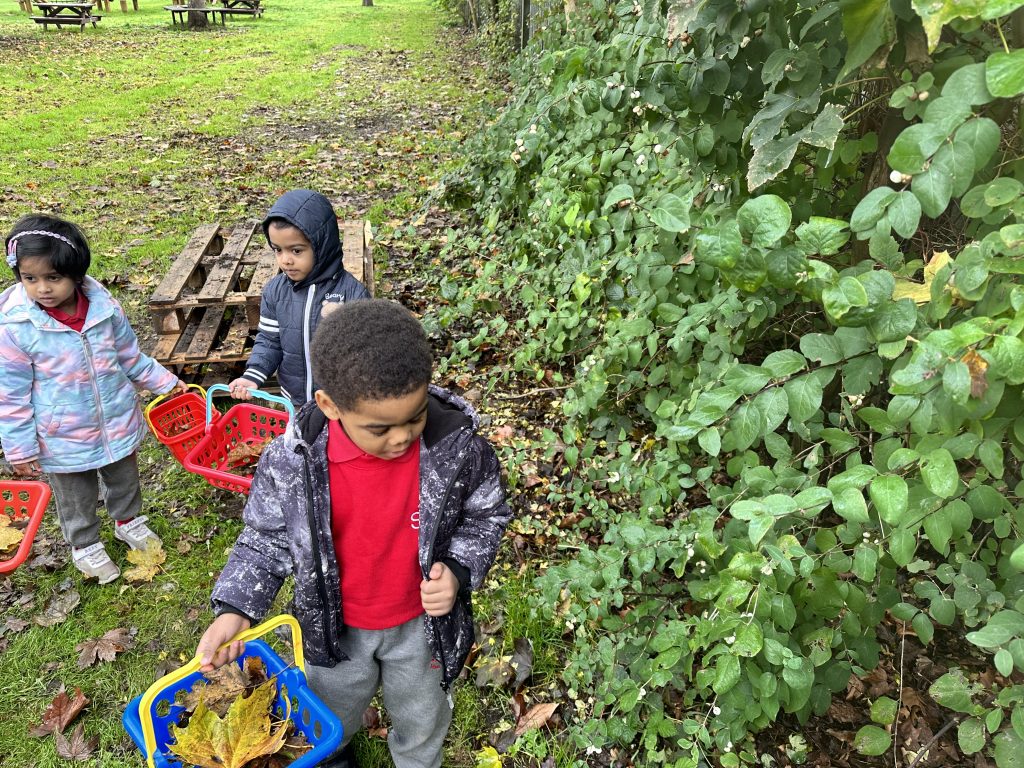
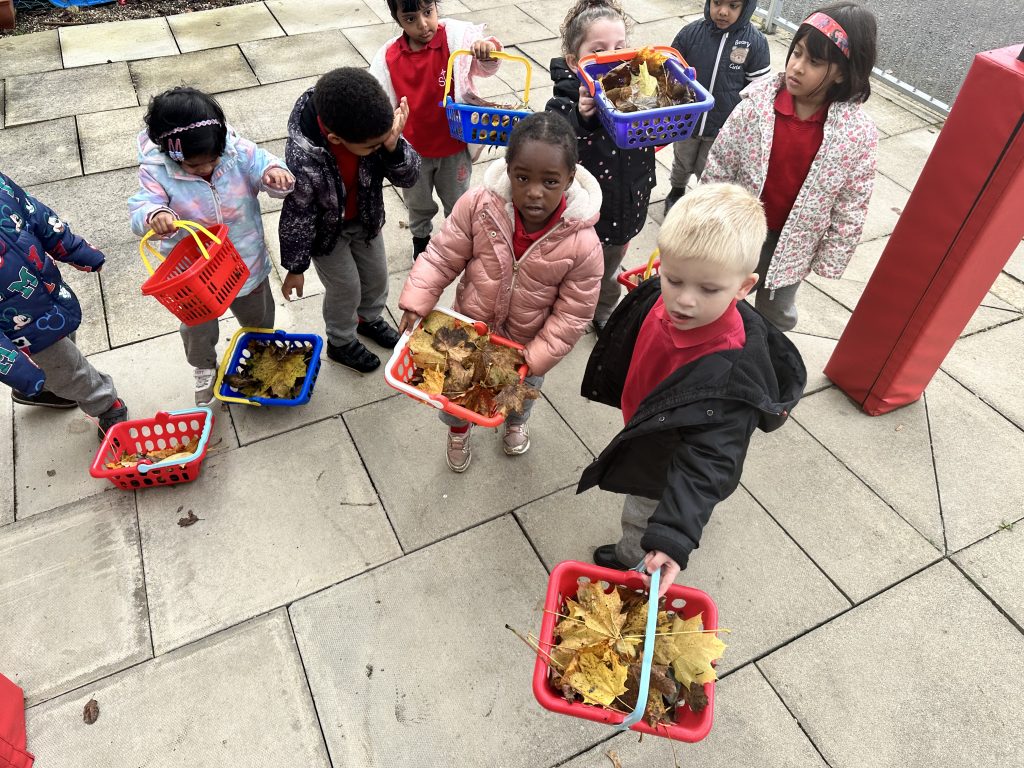
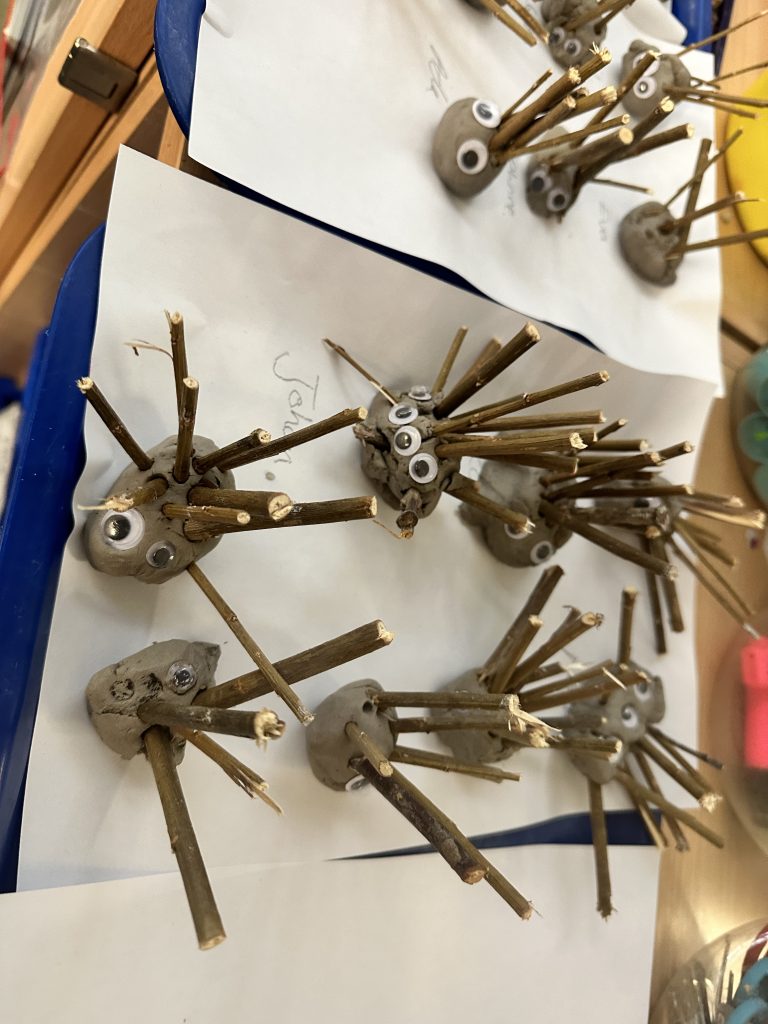
Nursery dived down under the sea and explored all the different creatures you can find there! They also experimented with sinking and floating with lots of different materials.
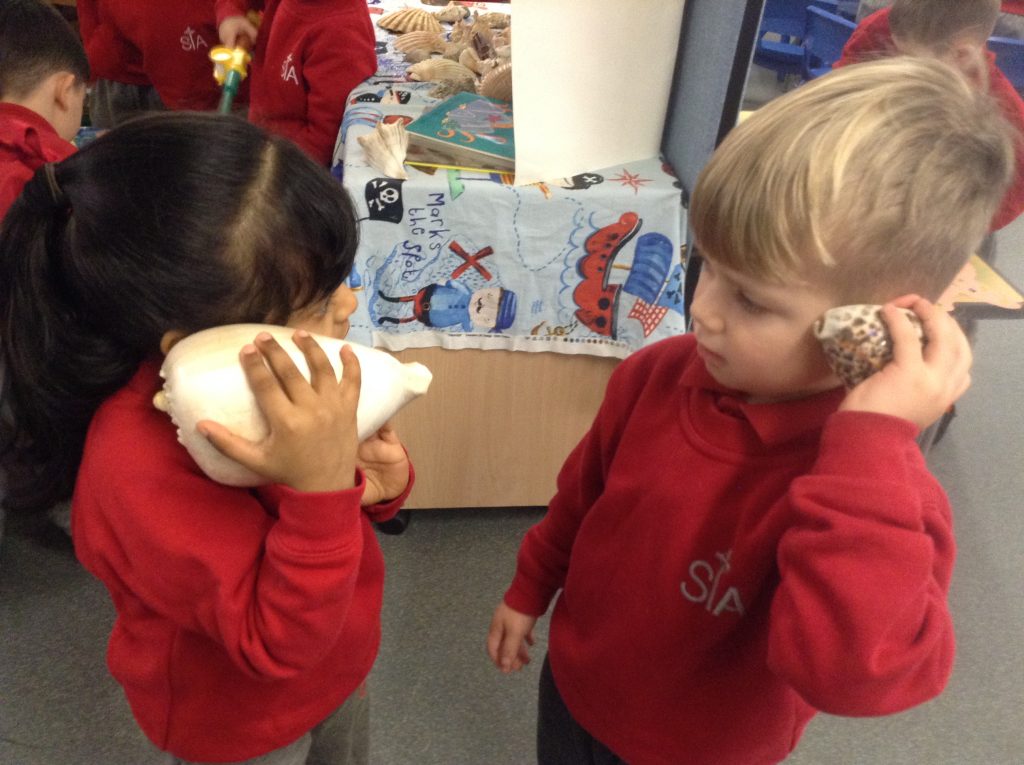
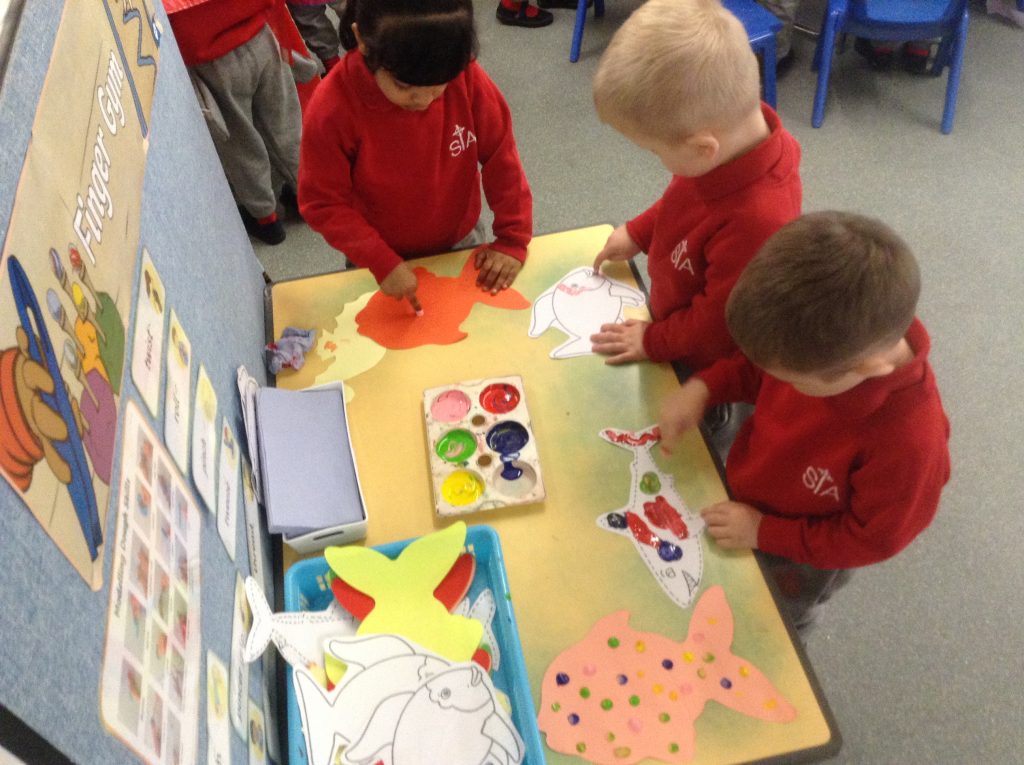
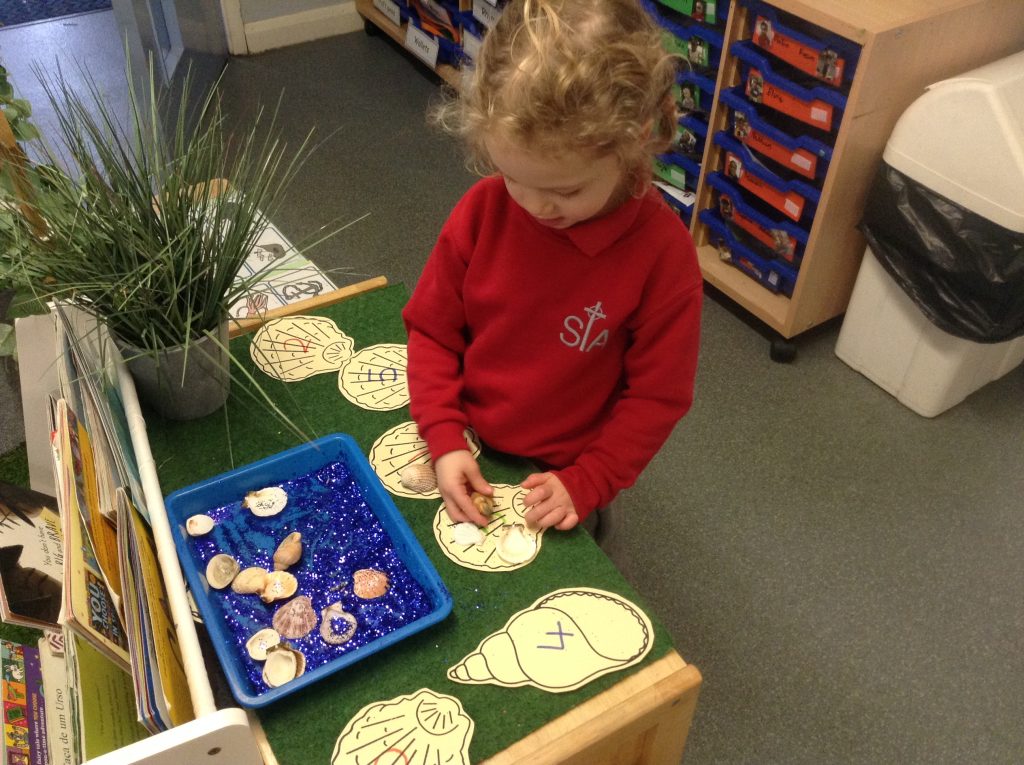
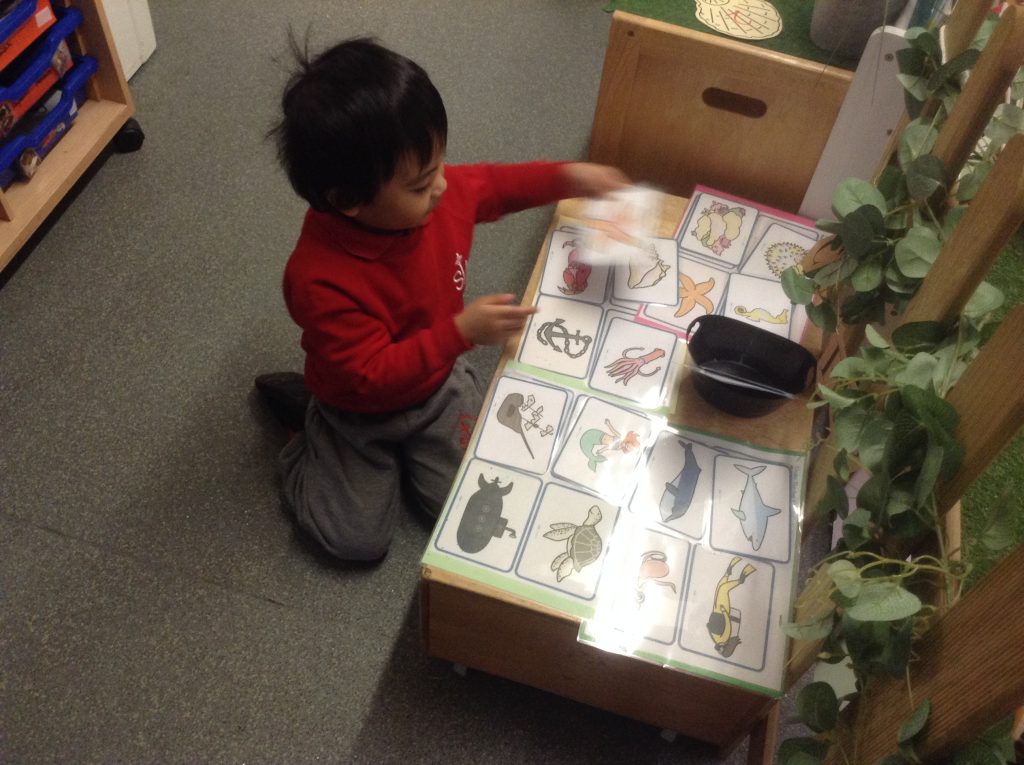
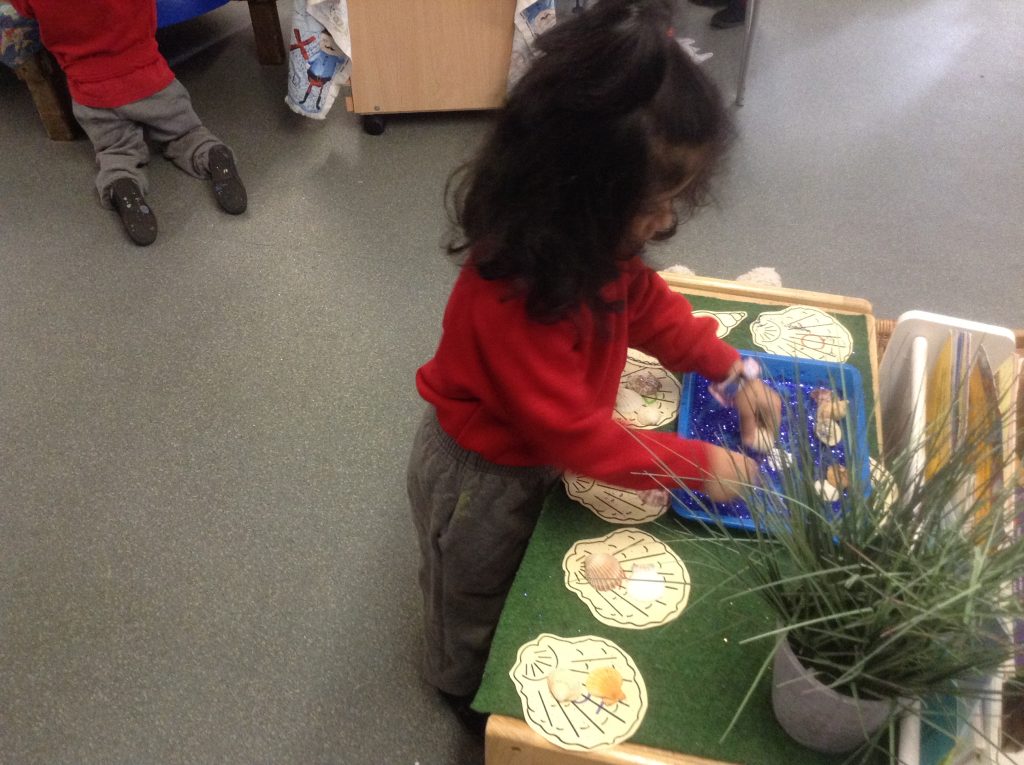
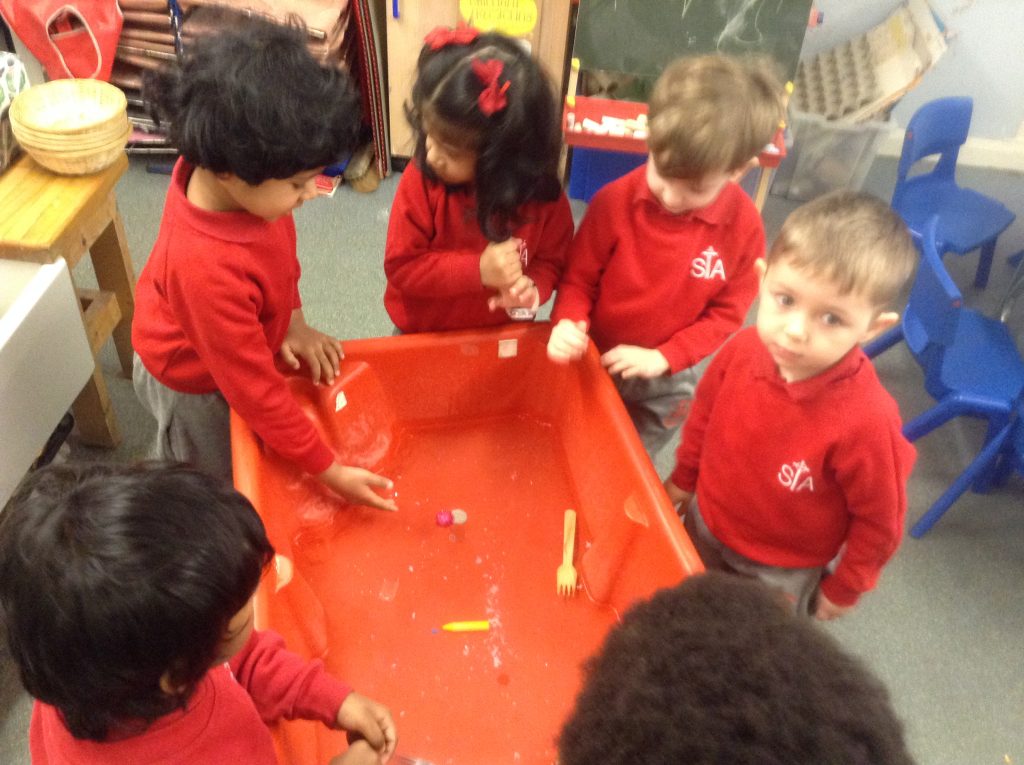
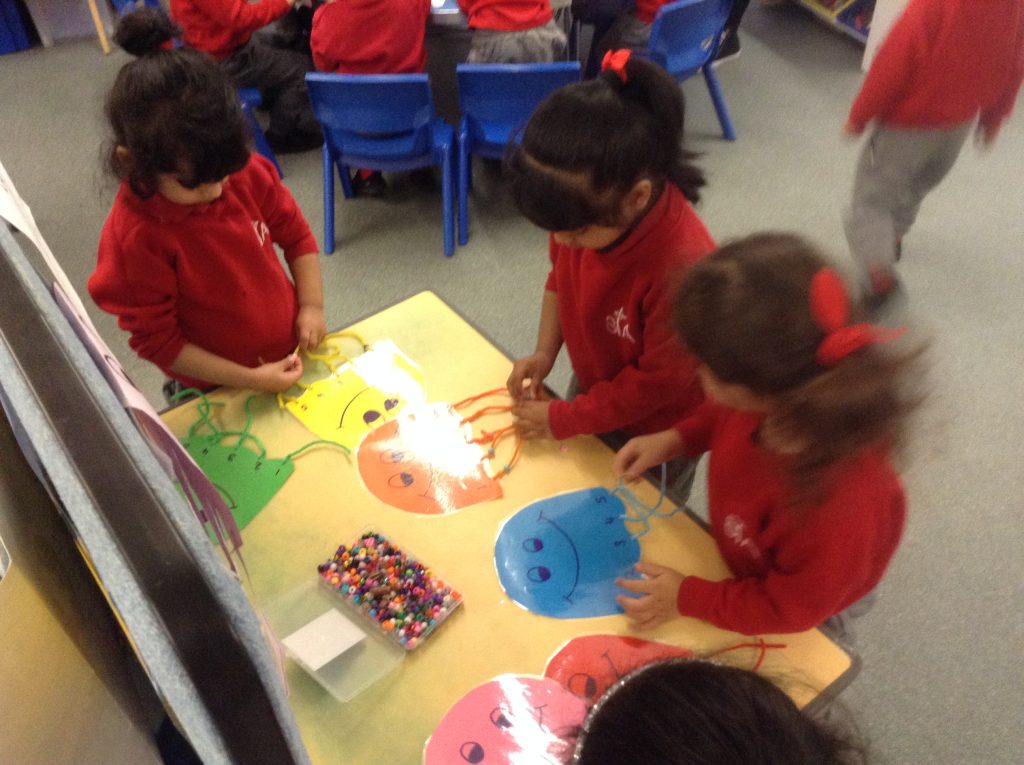
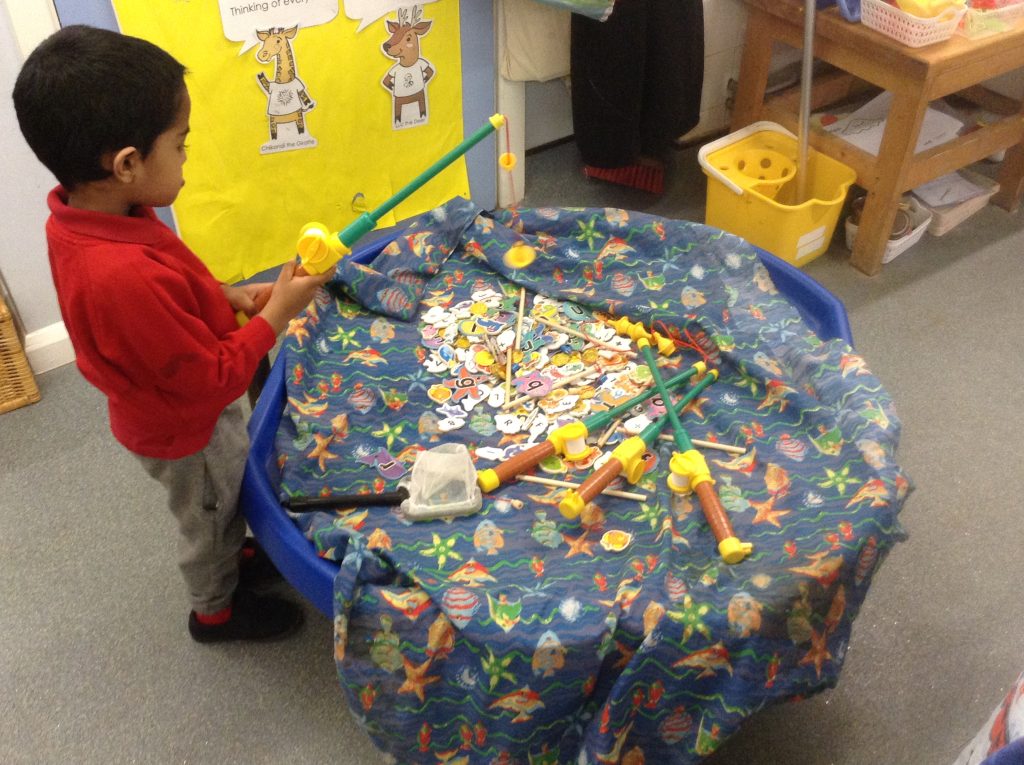
Science in Reception
During Science week we were learning about shadows. The children really enjoyed making their own shadow puppets and seeing the shadows that they could create on the wall behind.
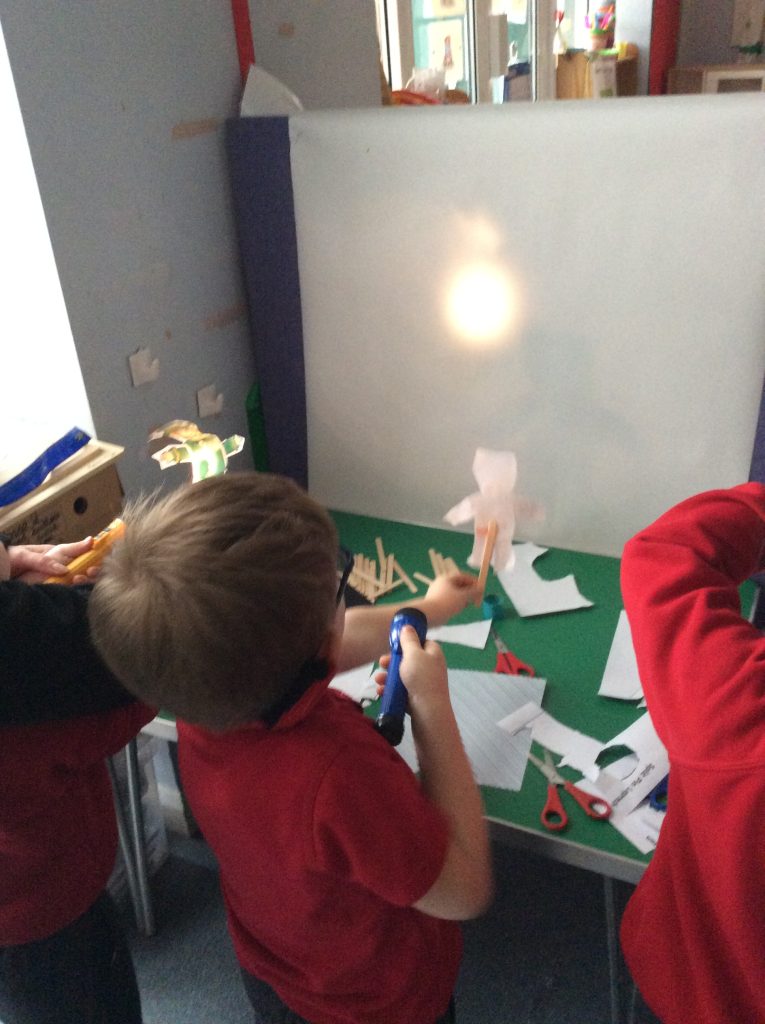
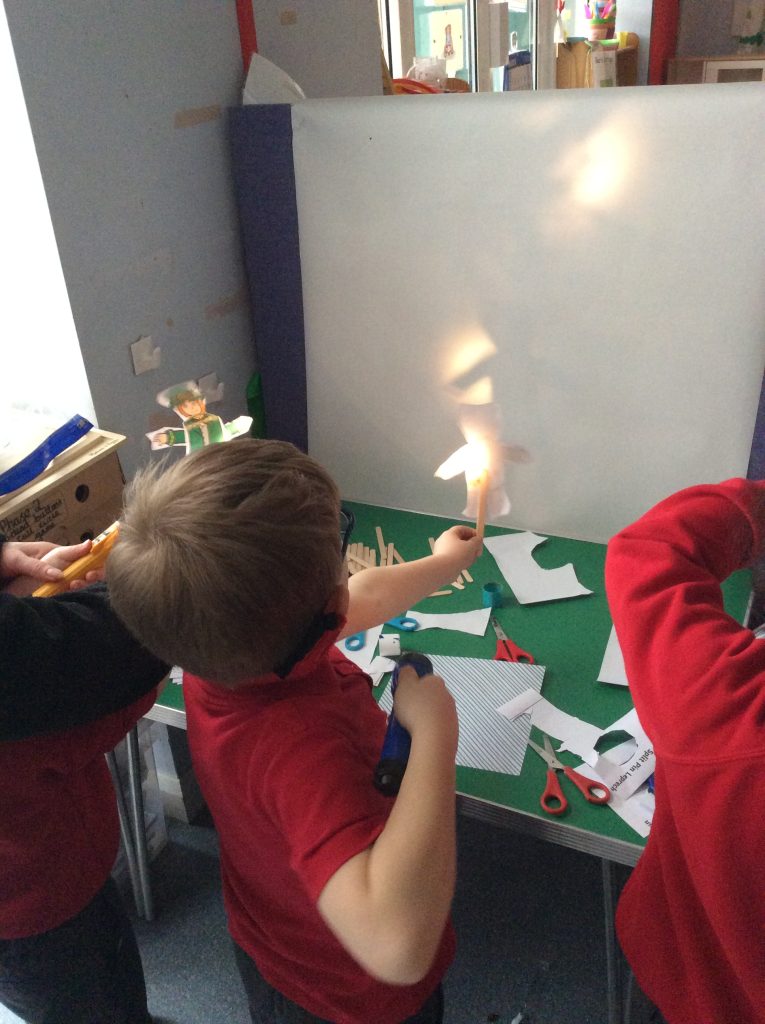
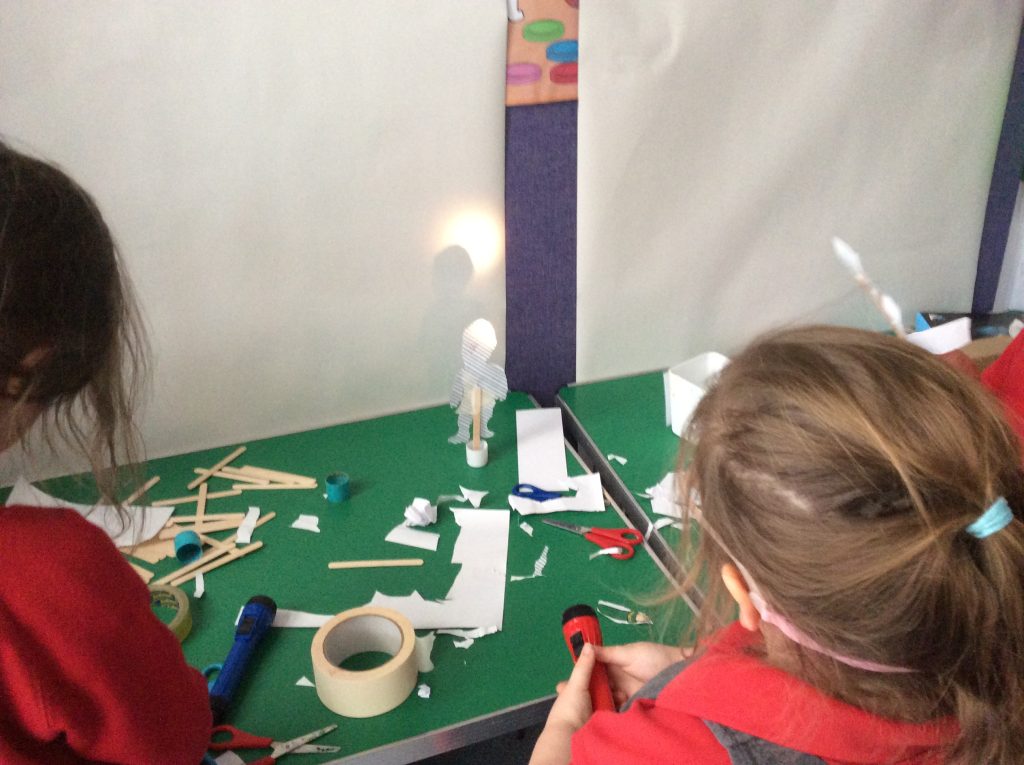
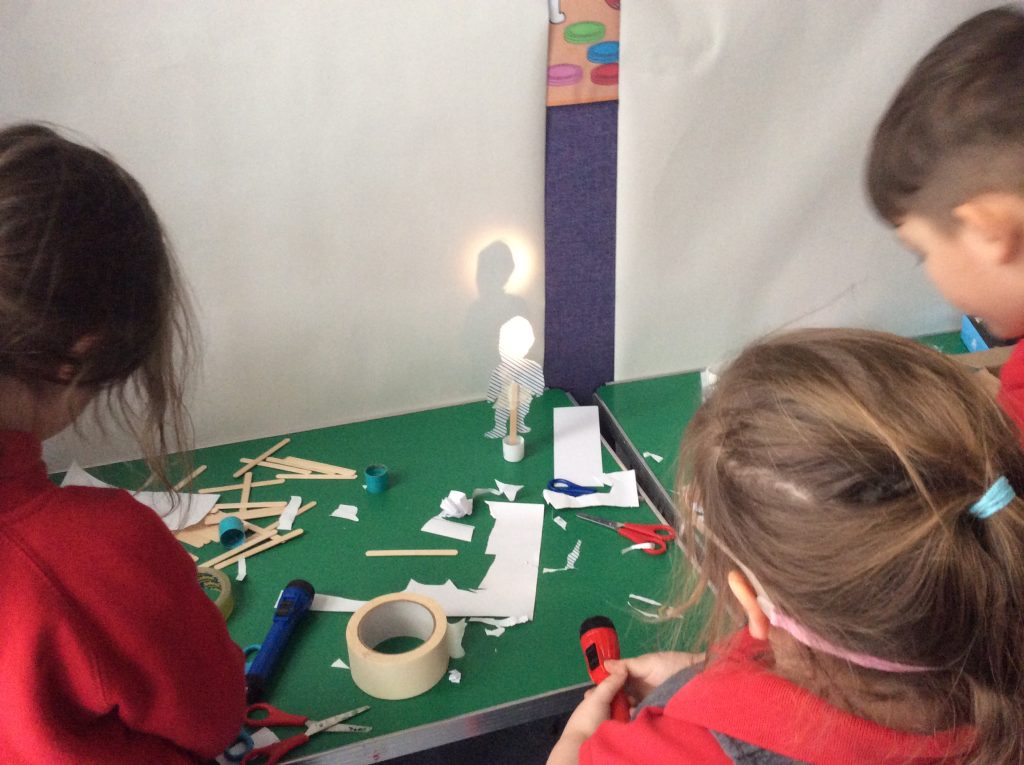
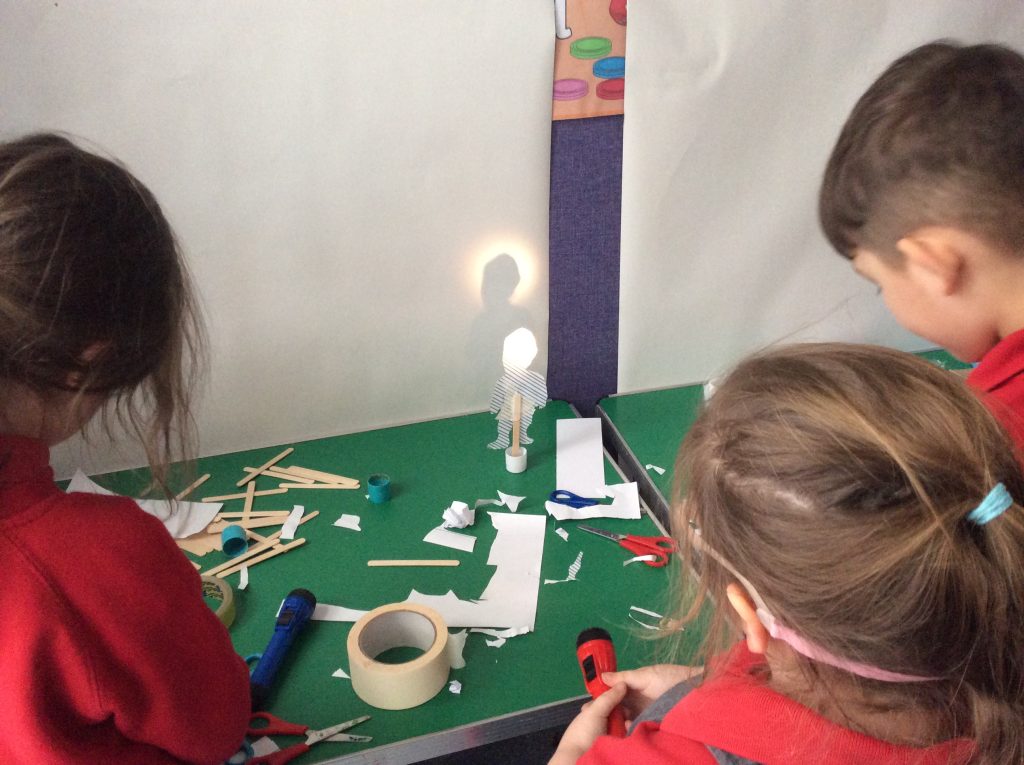
Science in Year 4
In Year 4 we have been learning how to conduct different experiments. We have been learning about how to create a fair test and about what our different variables would be.
Can Bicarbonate of Soda and Vinegar blow up a balloon?
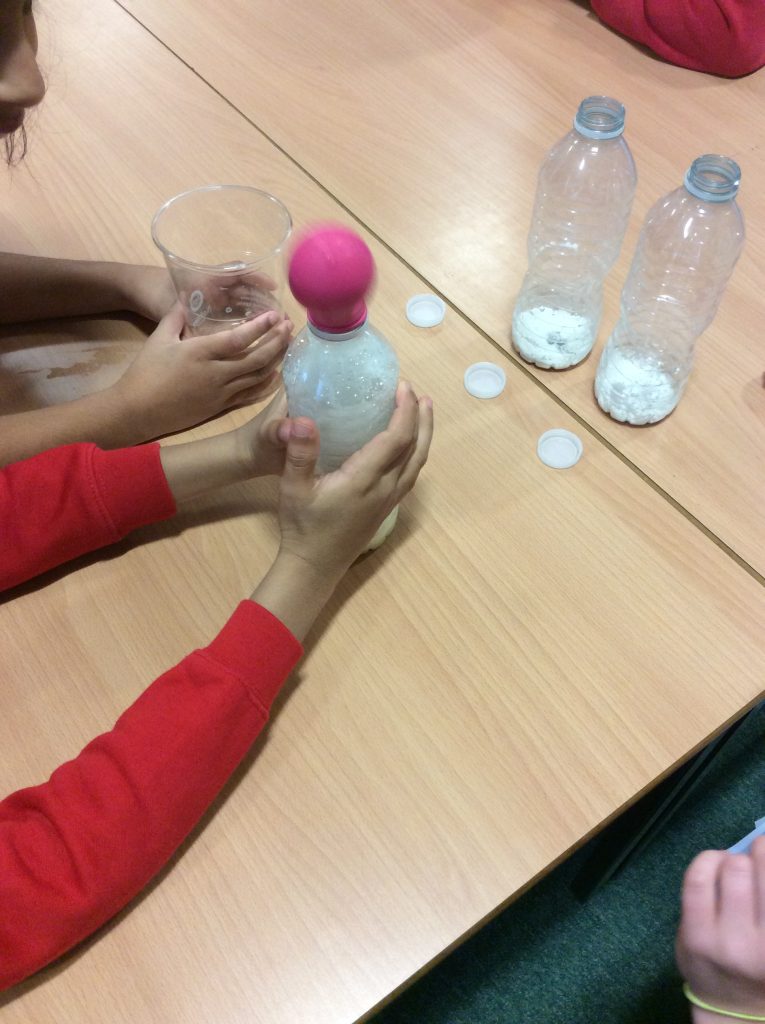
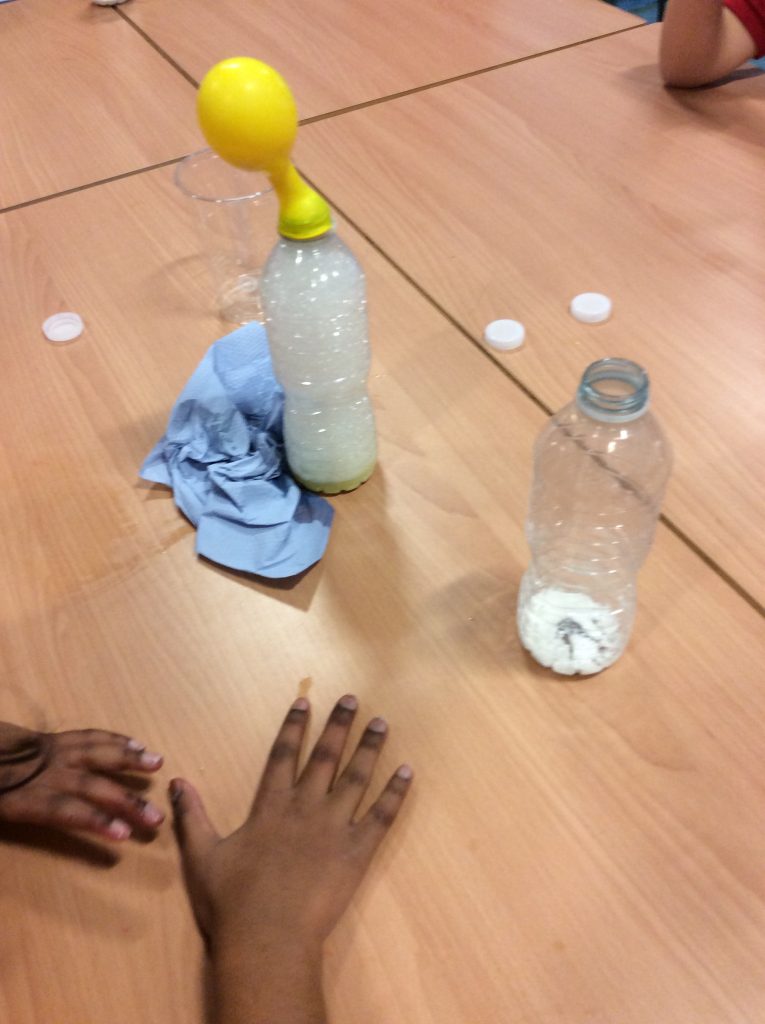
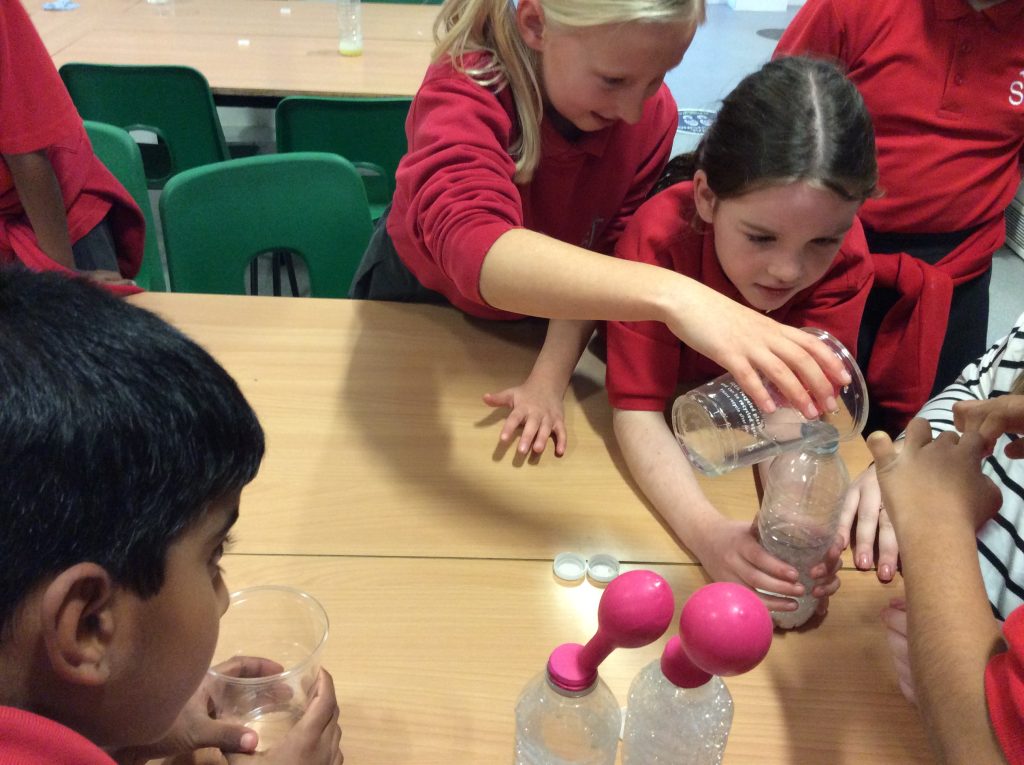
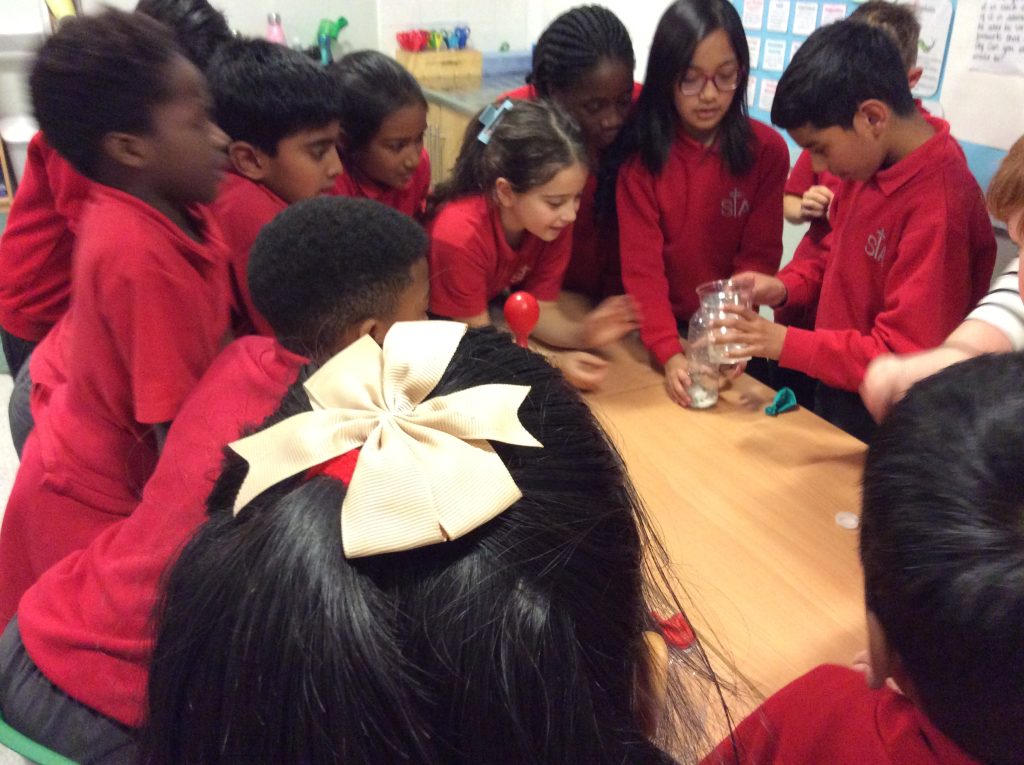
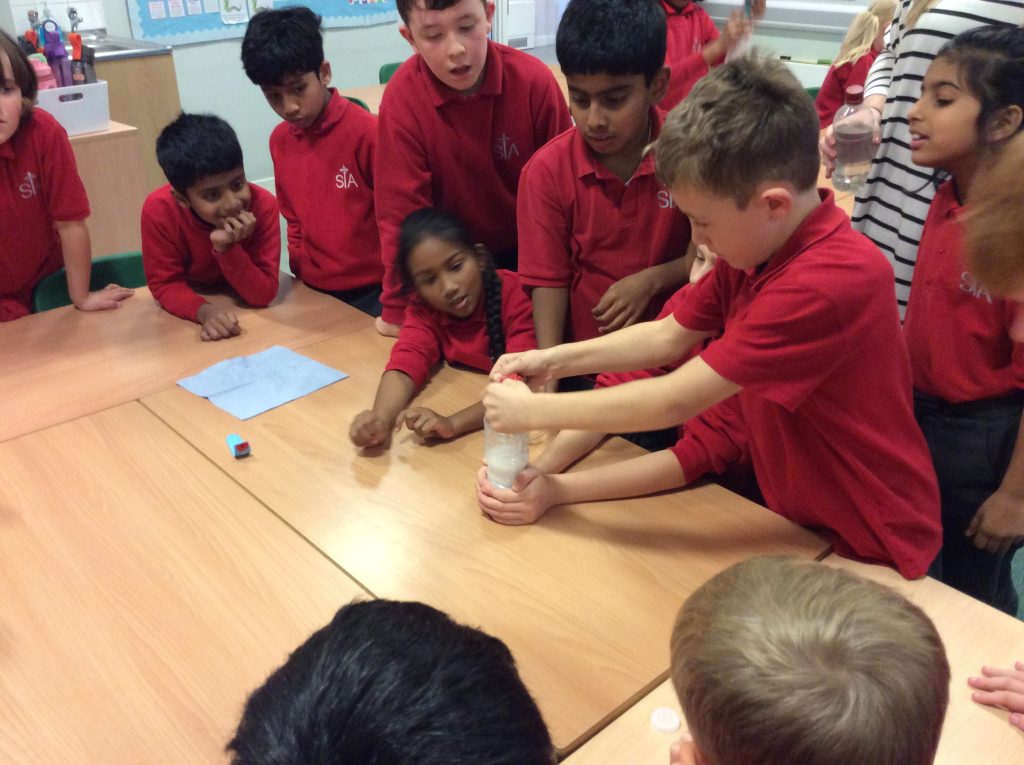
Can citrus fruit light a light bulb?
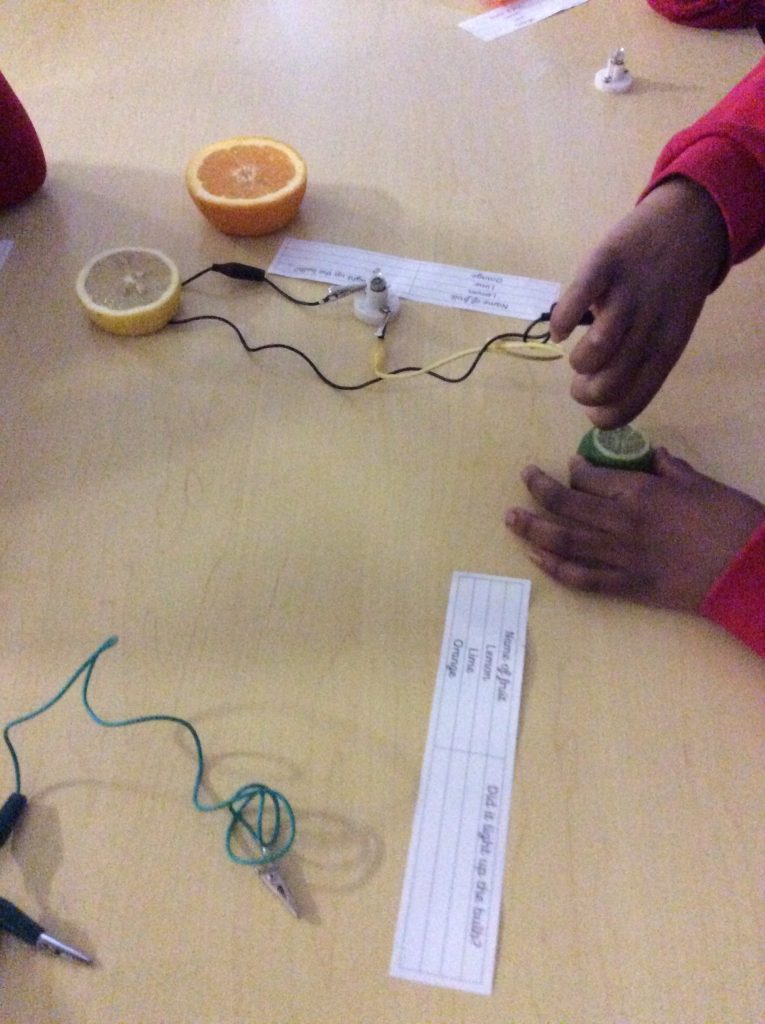
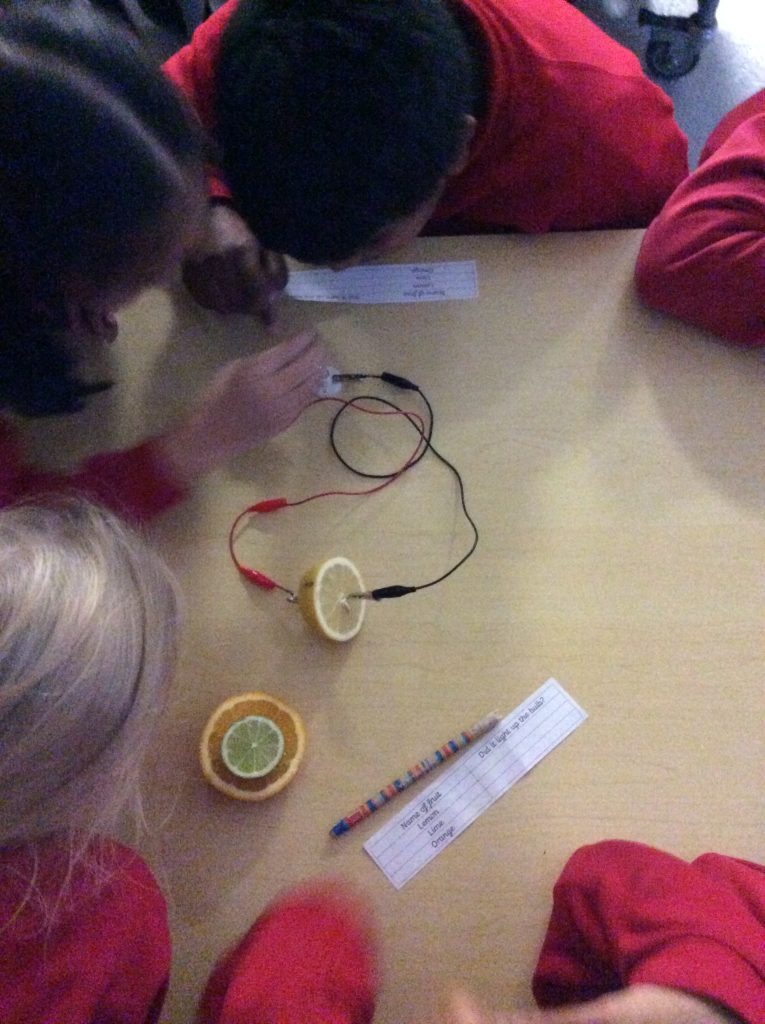
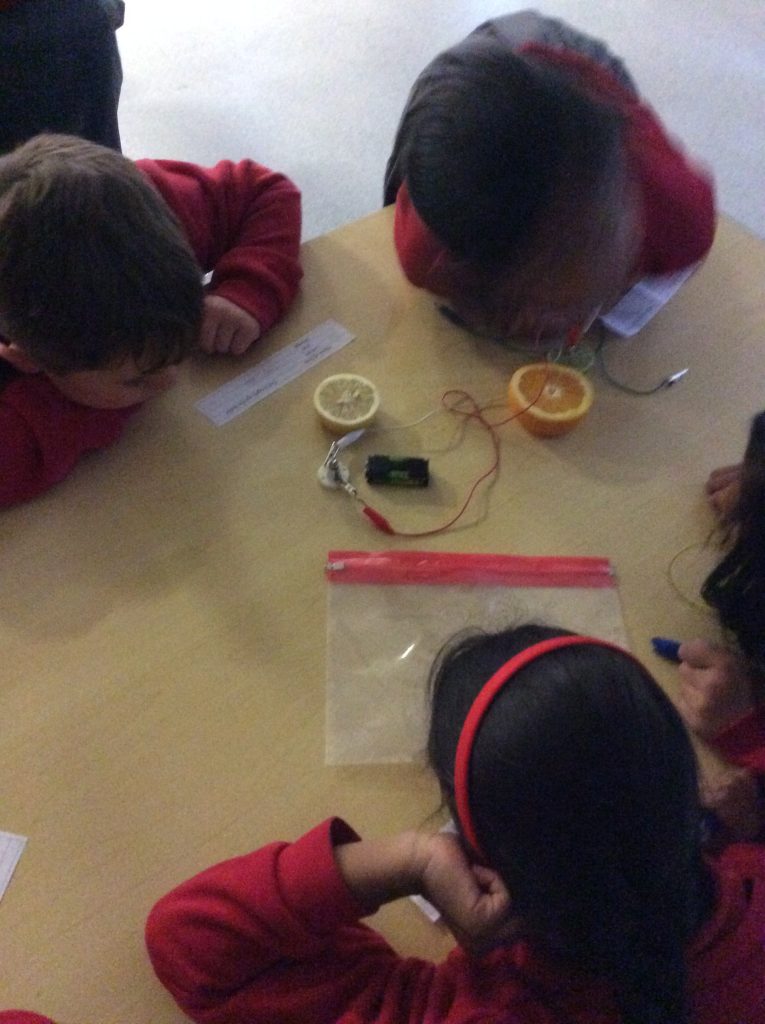
The Digestive System
Whilst learning about the different organs involved in the digestive system and their role in digestion, the children created their own digestive system using different materials.
